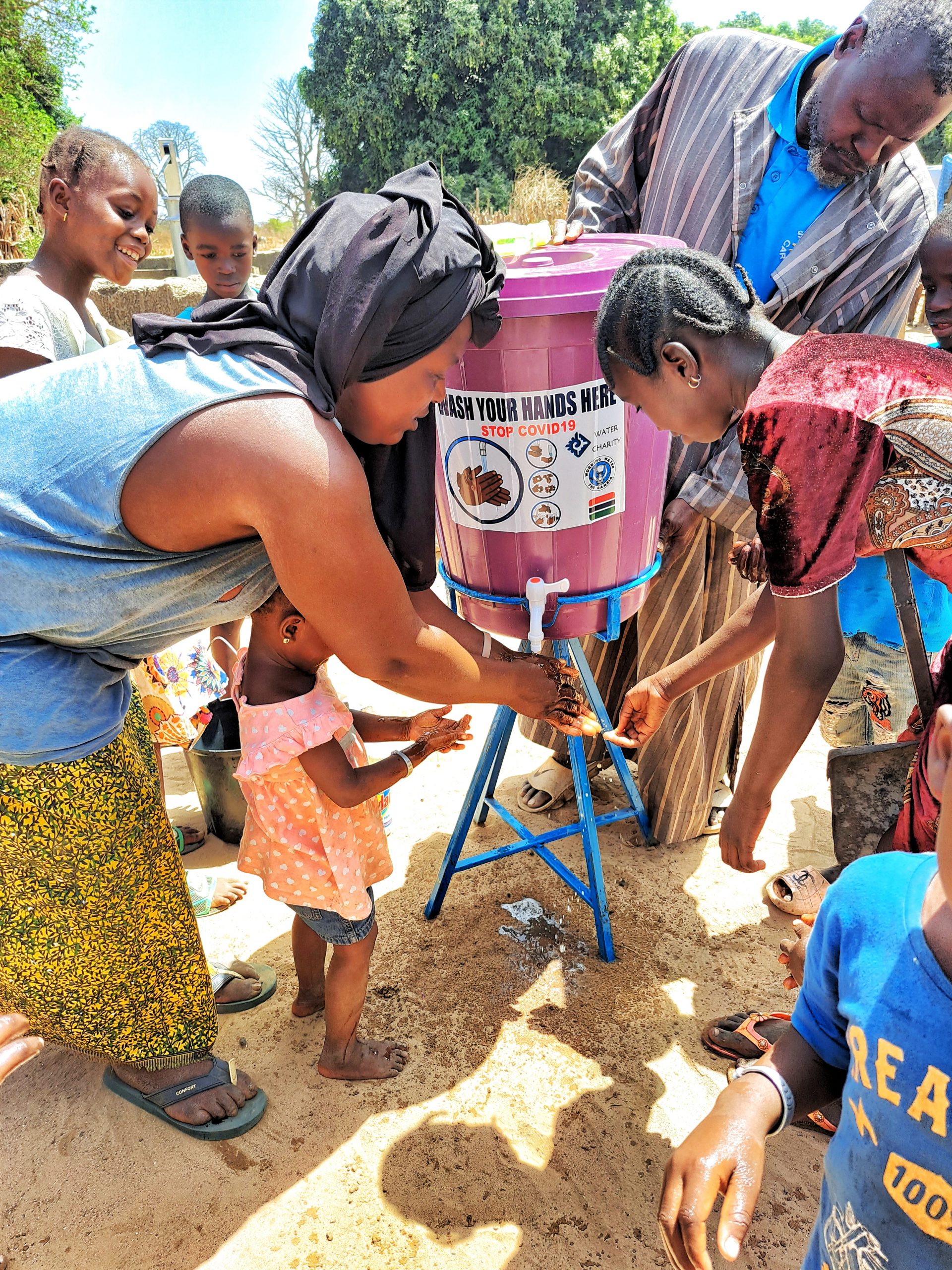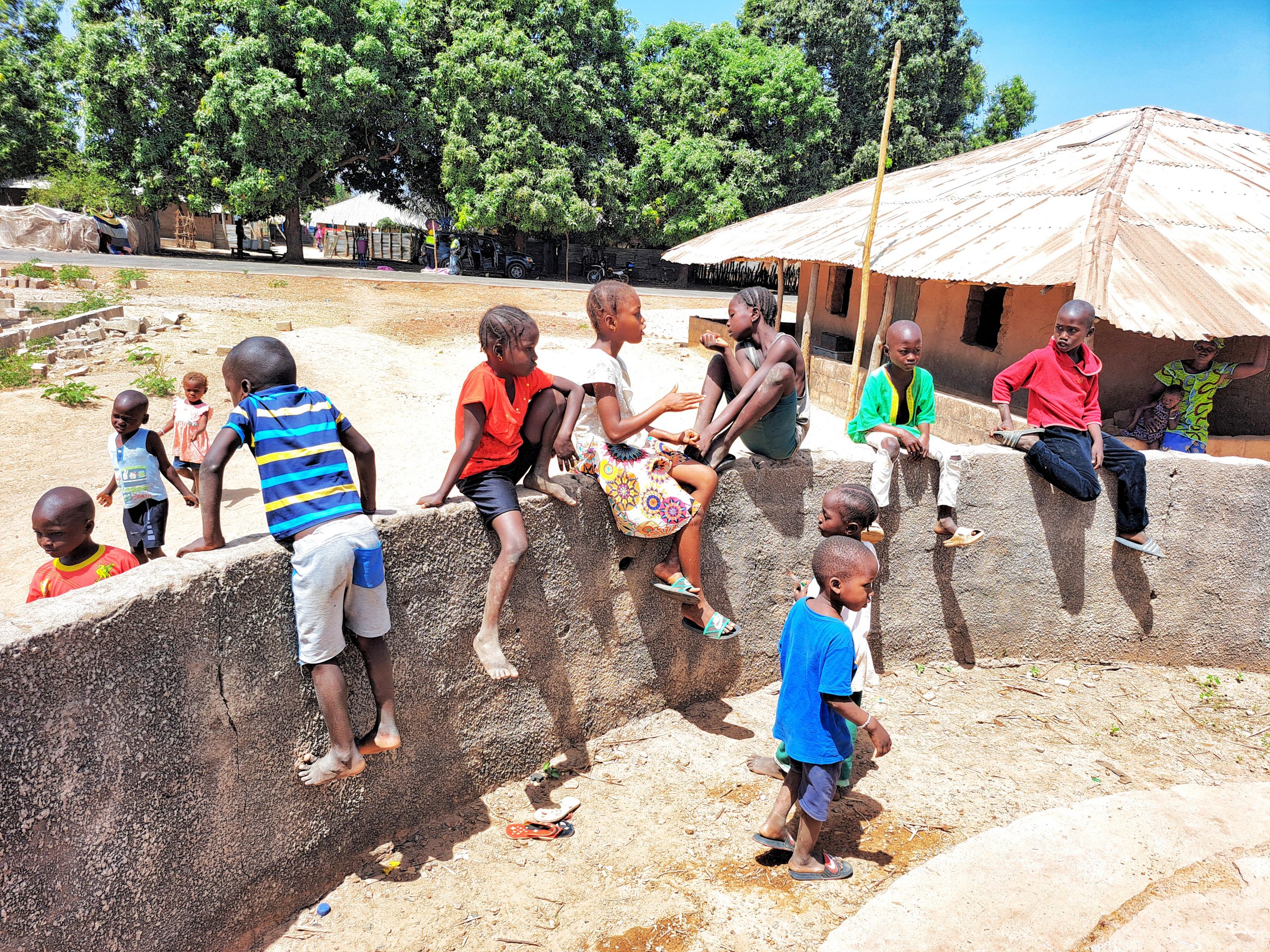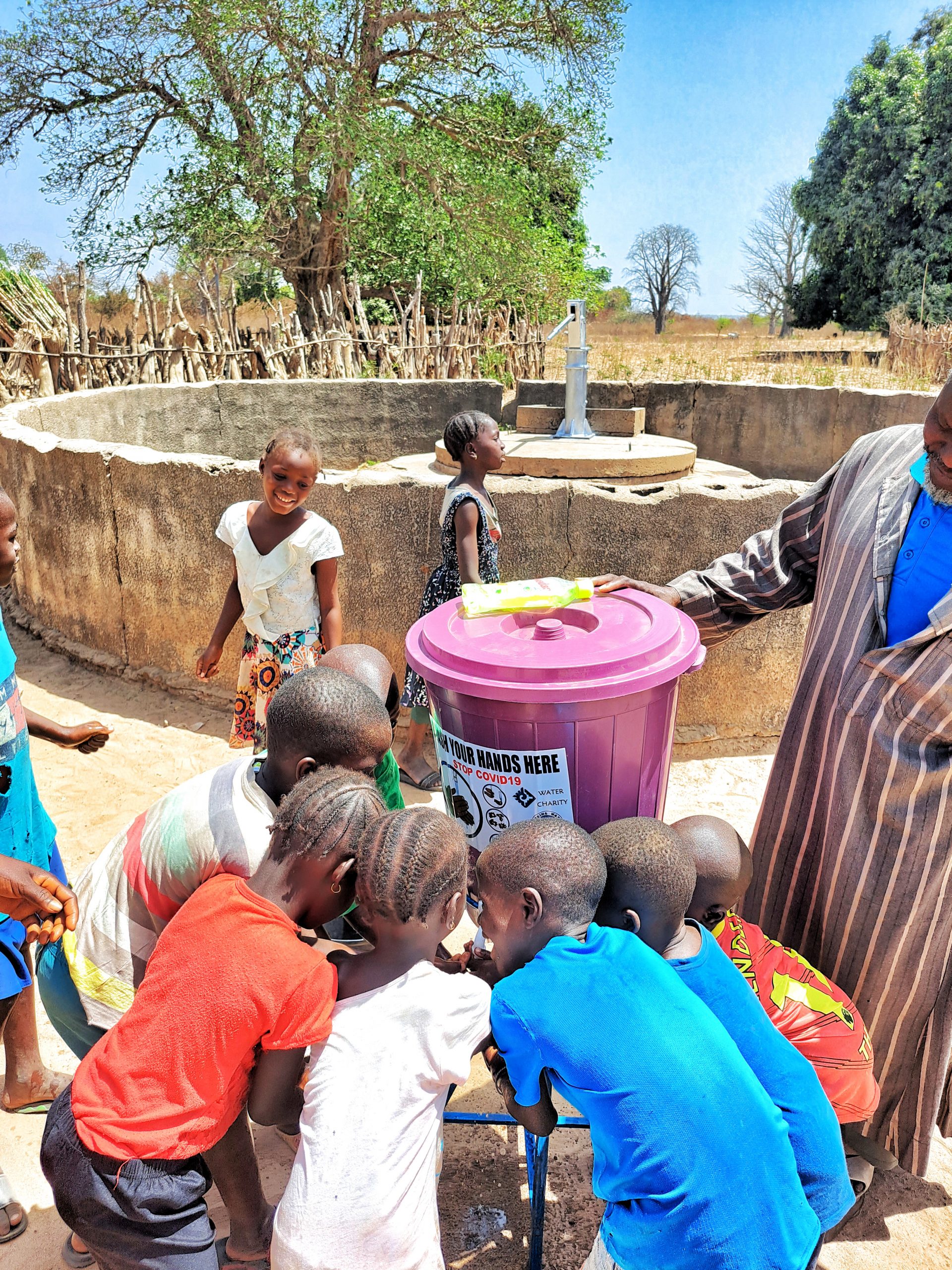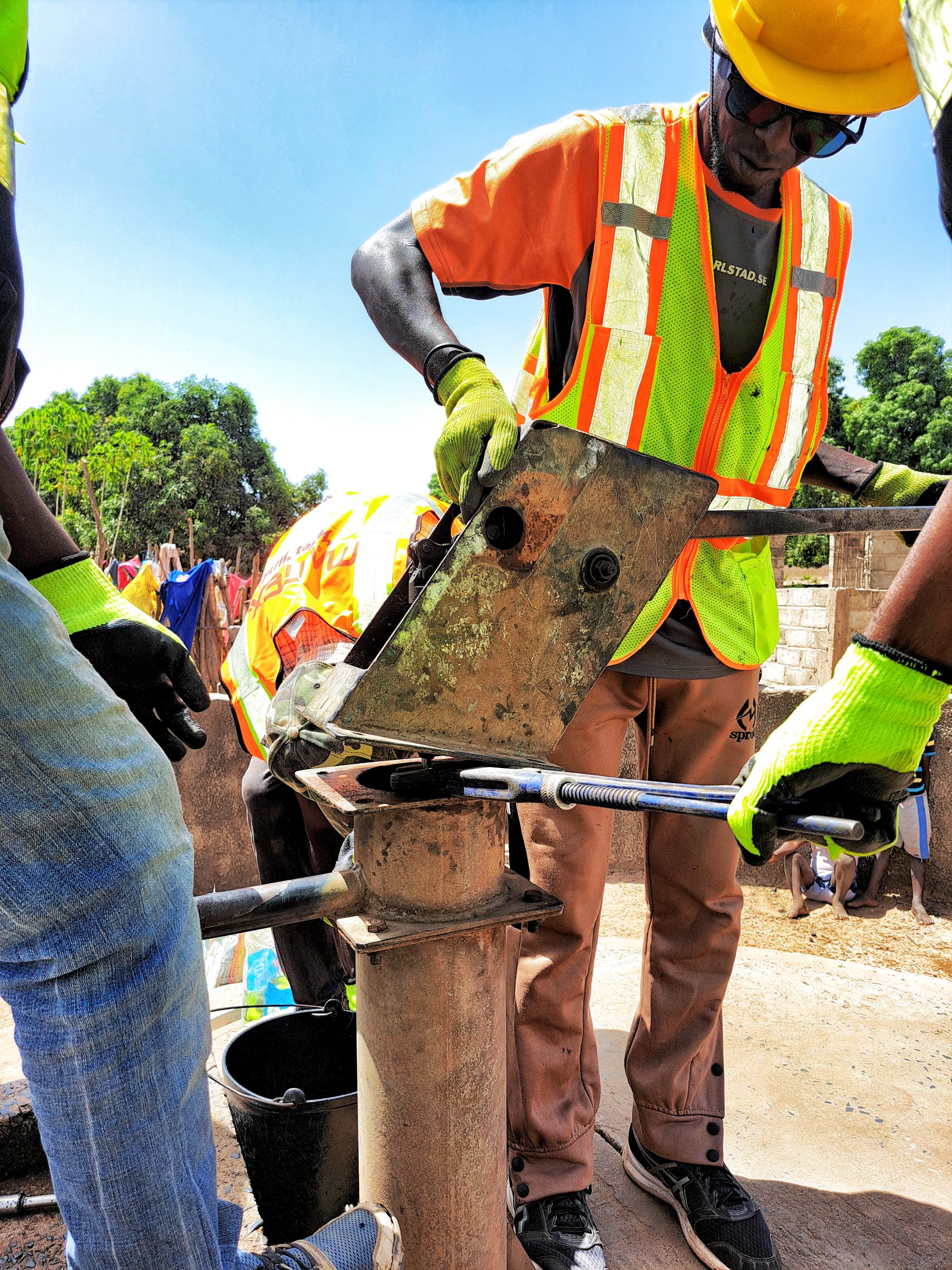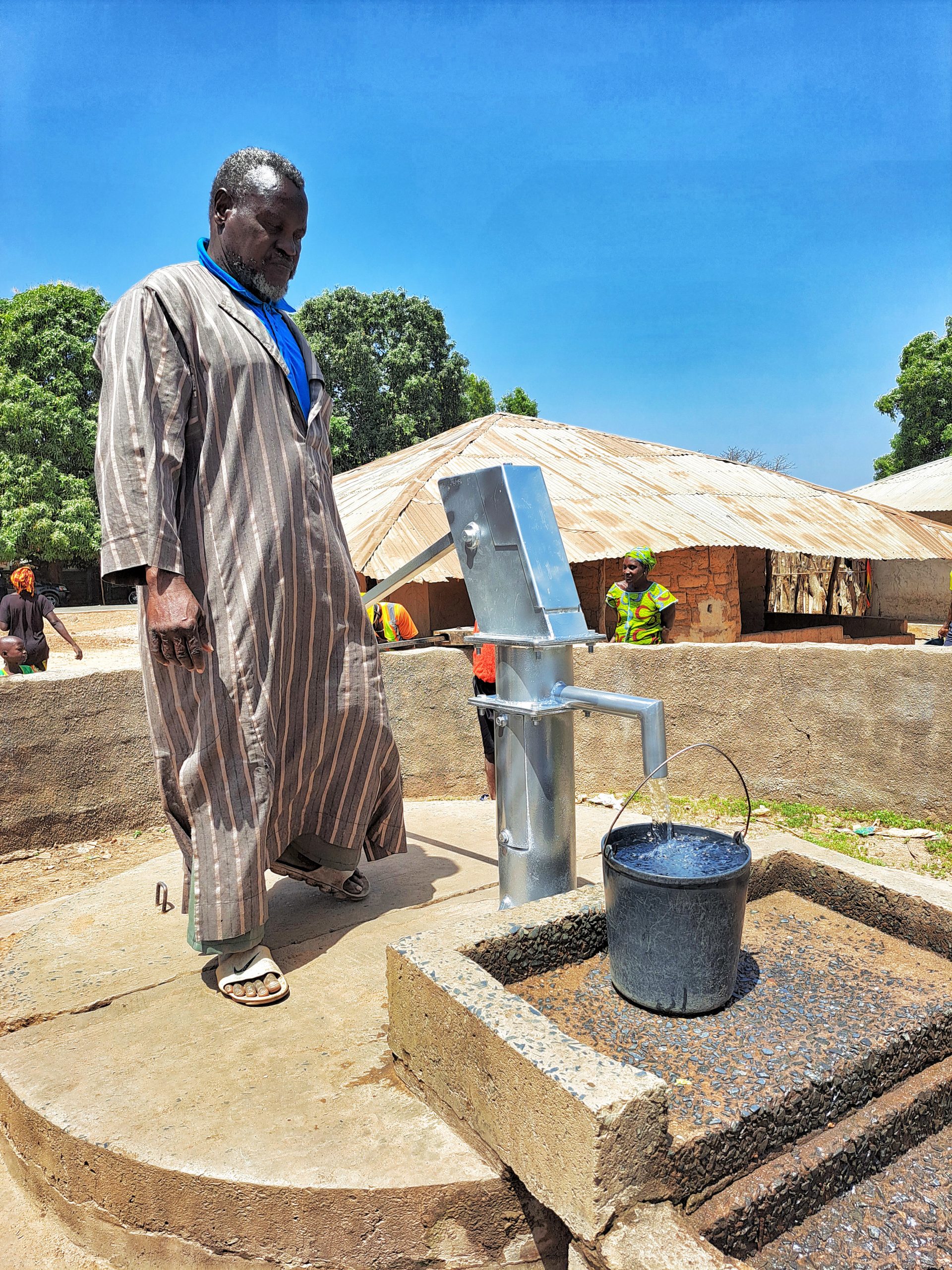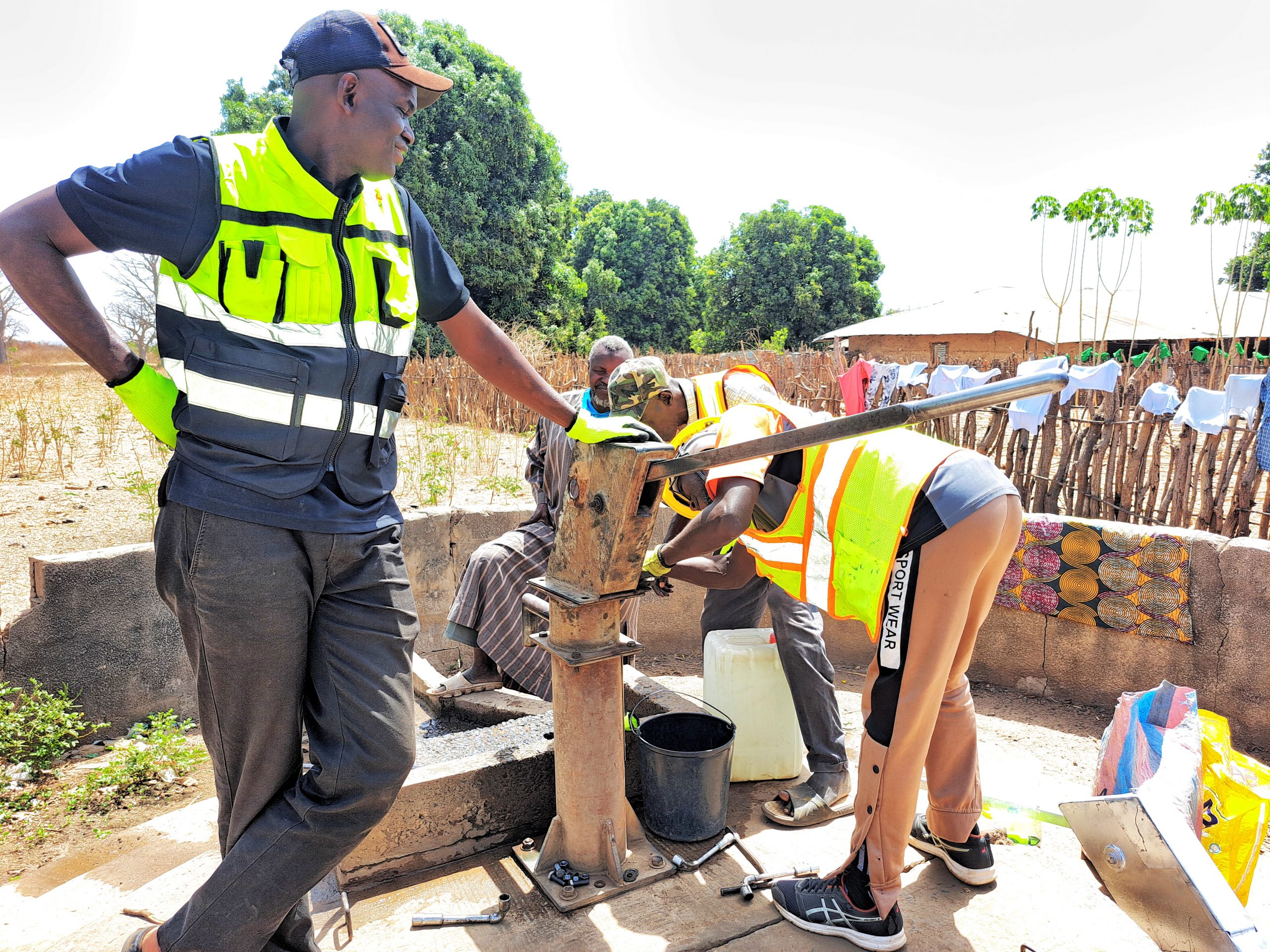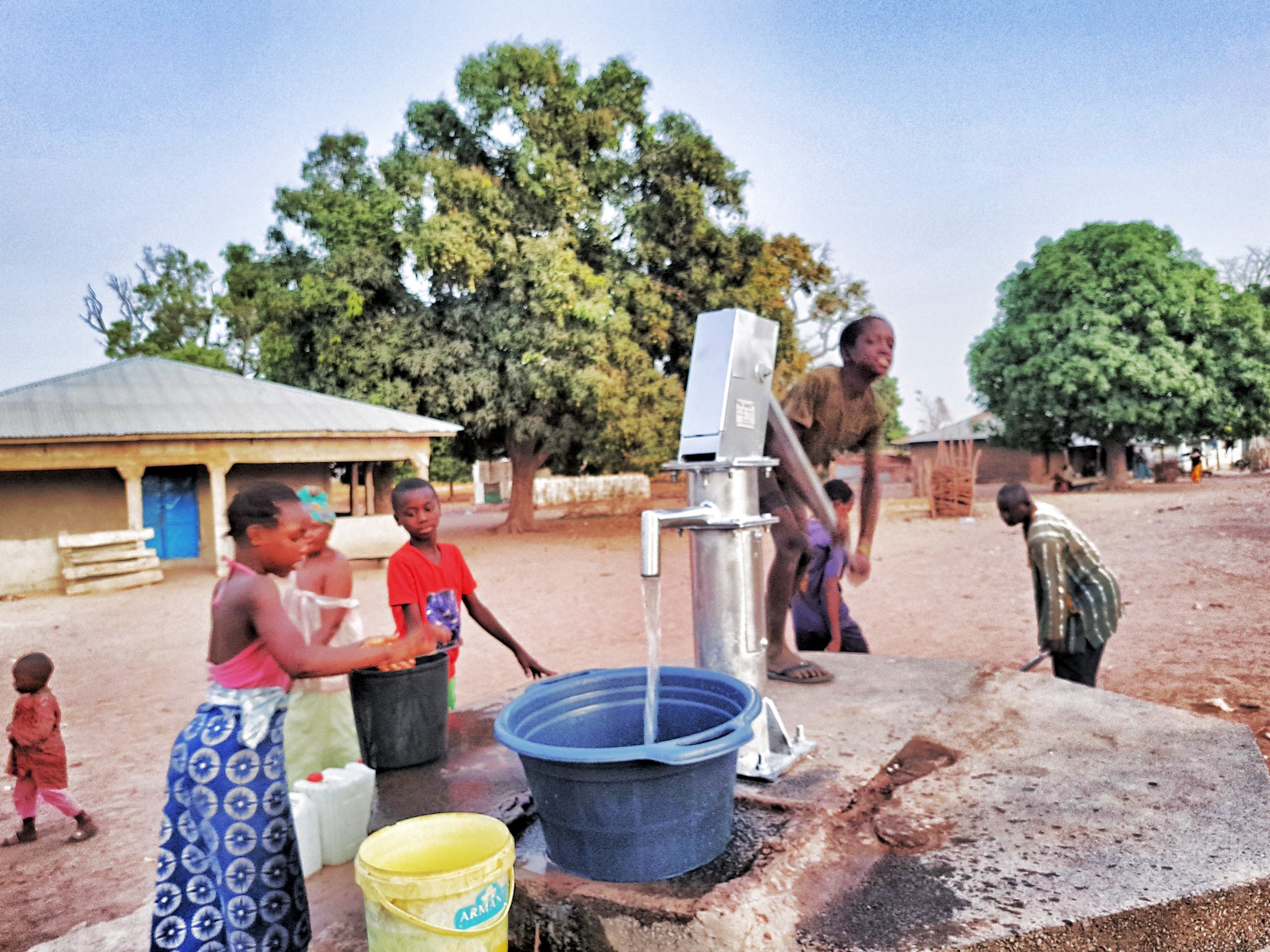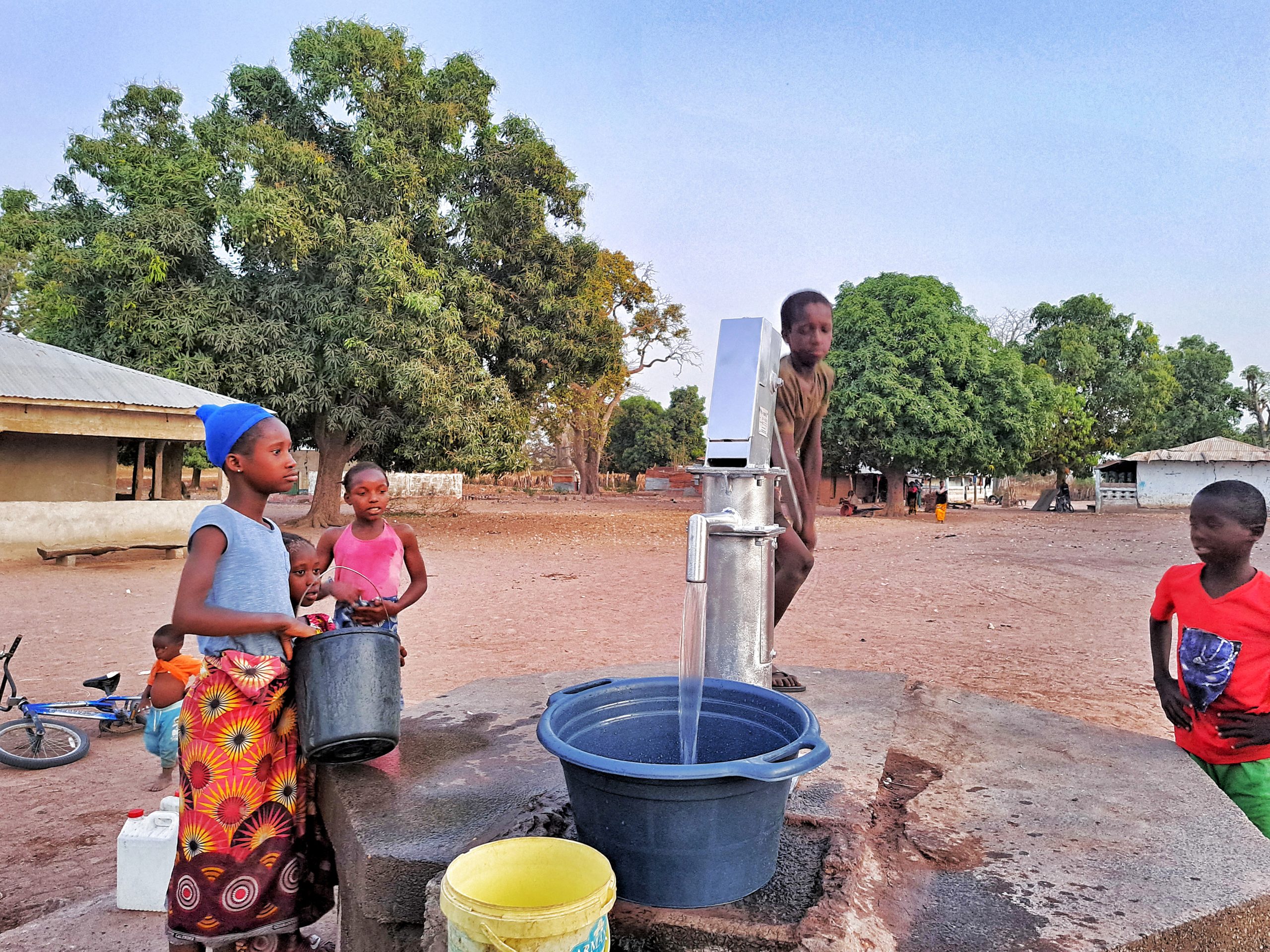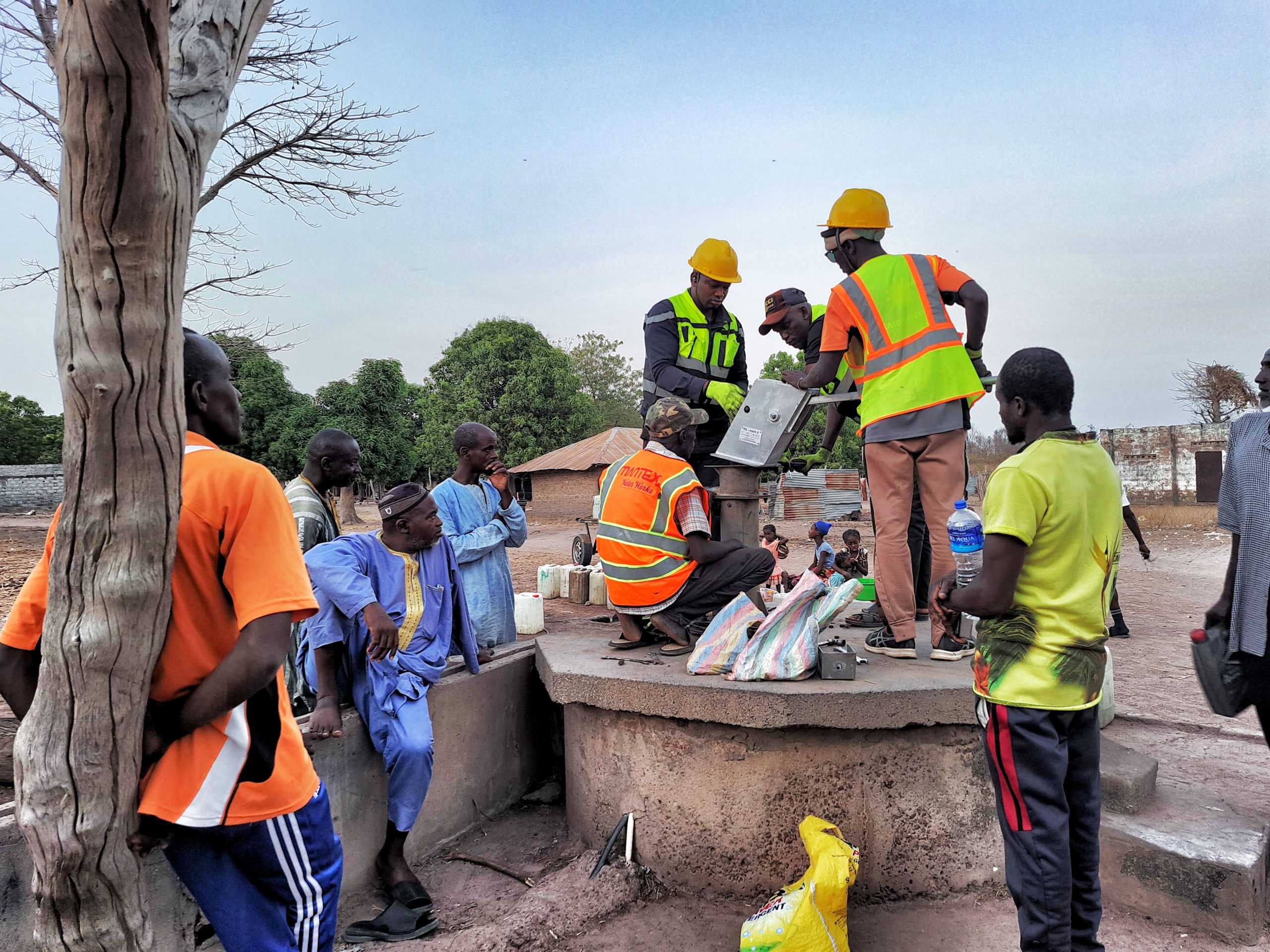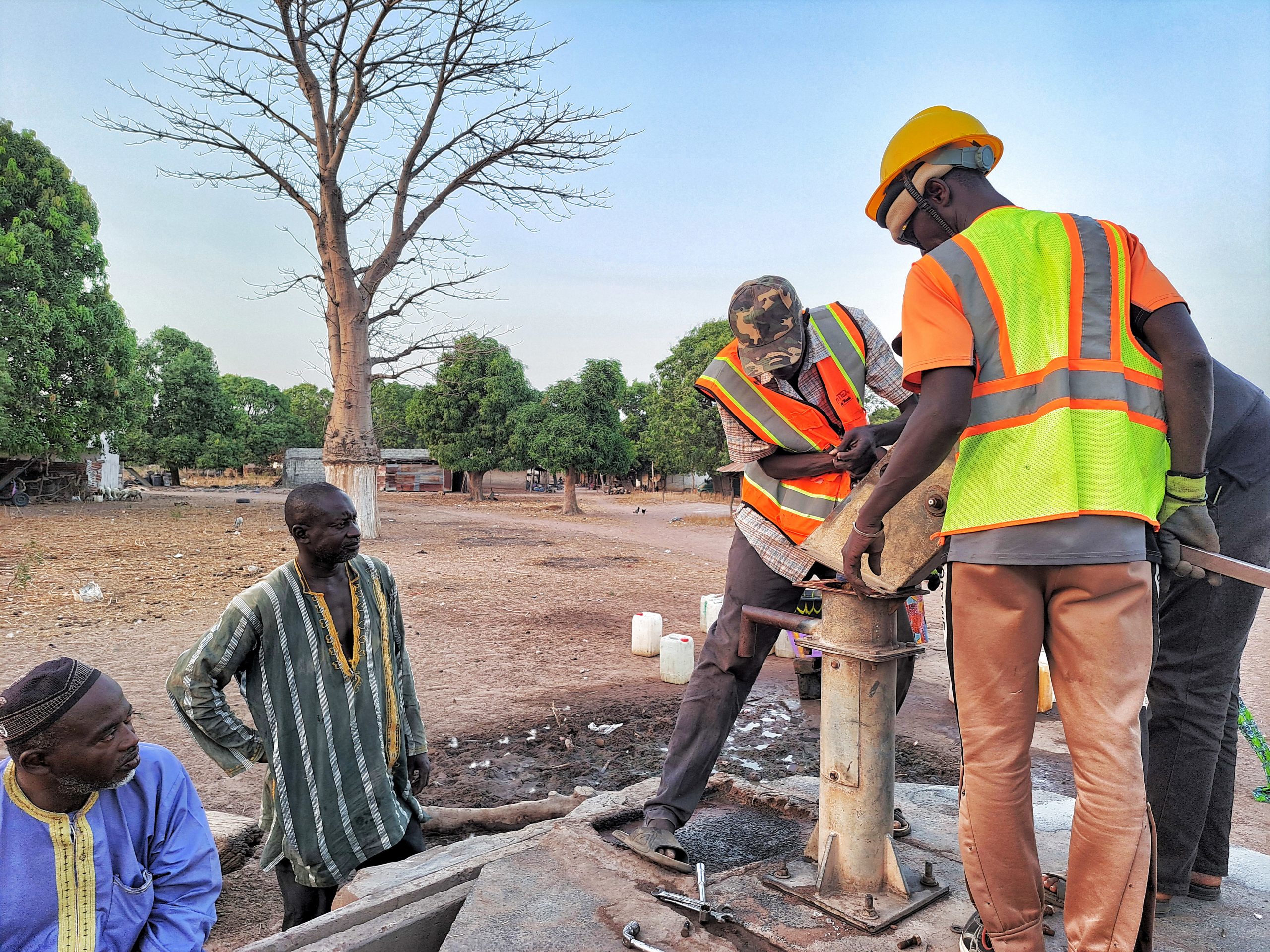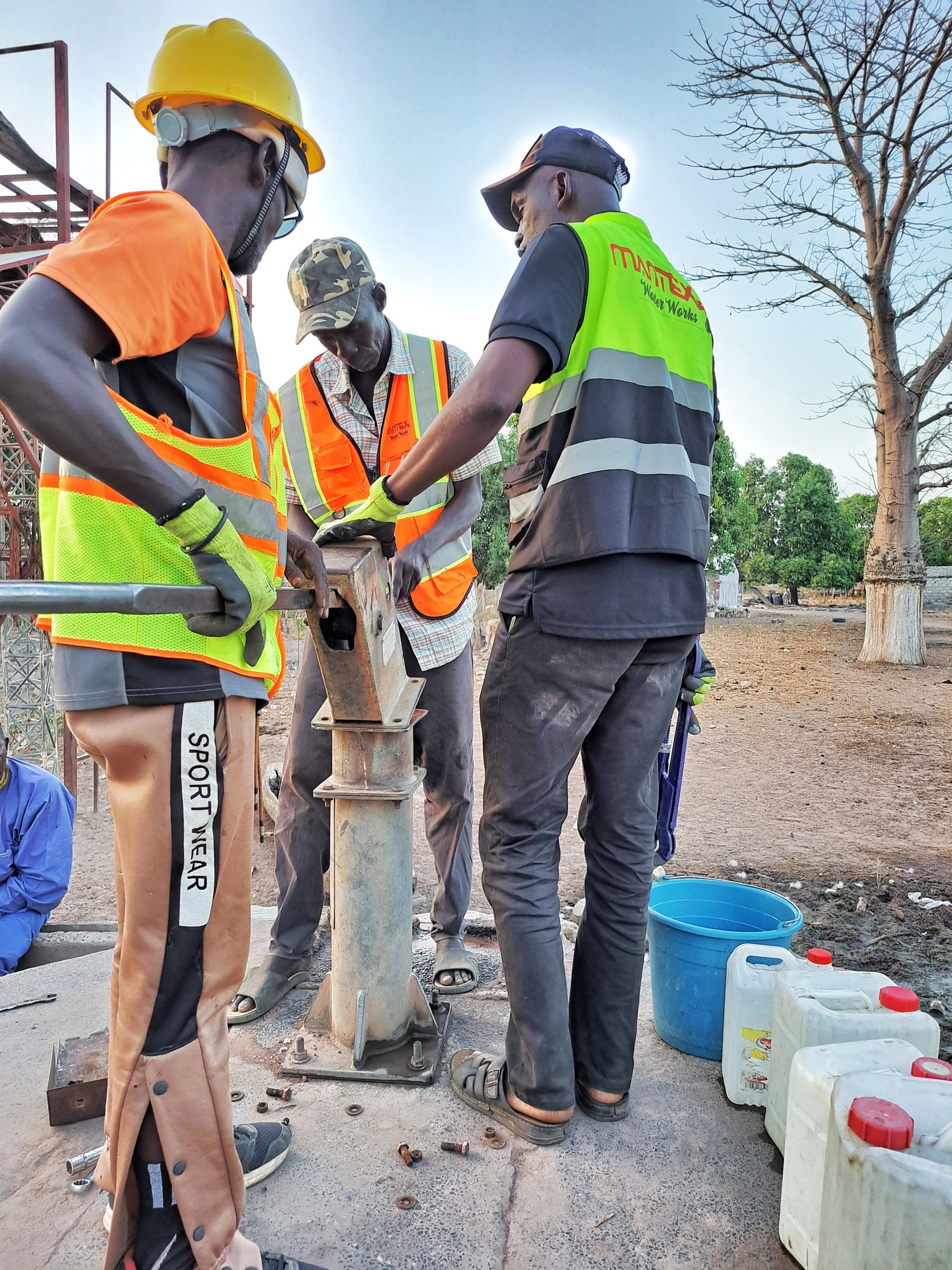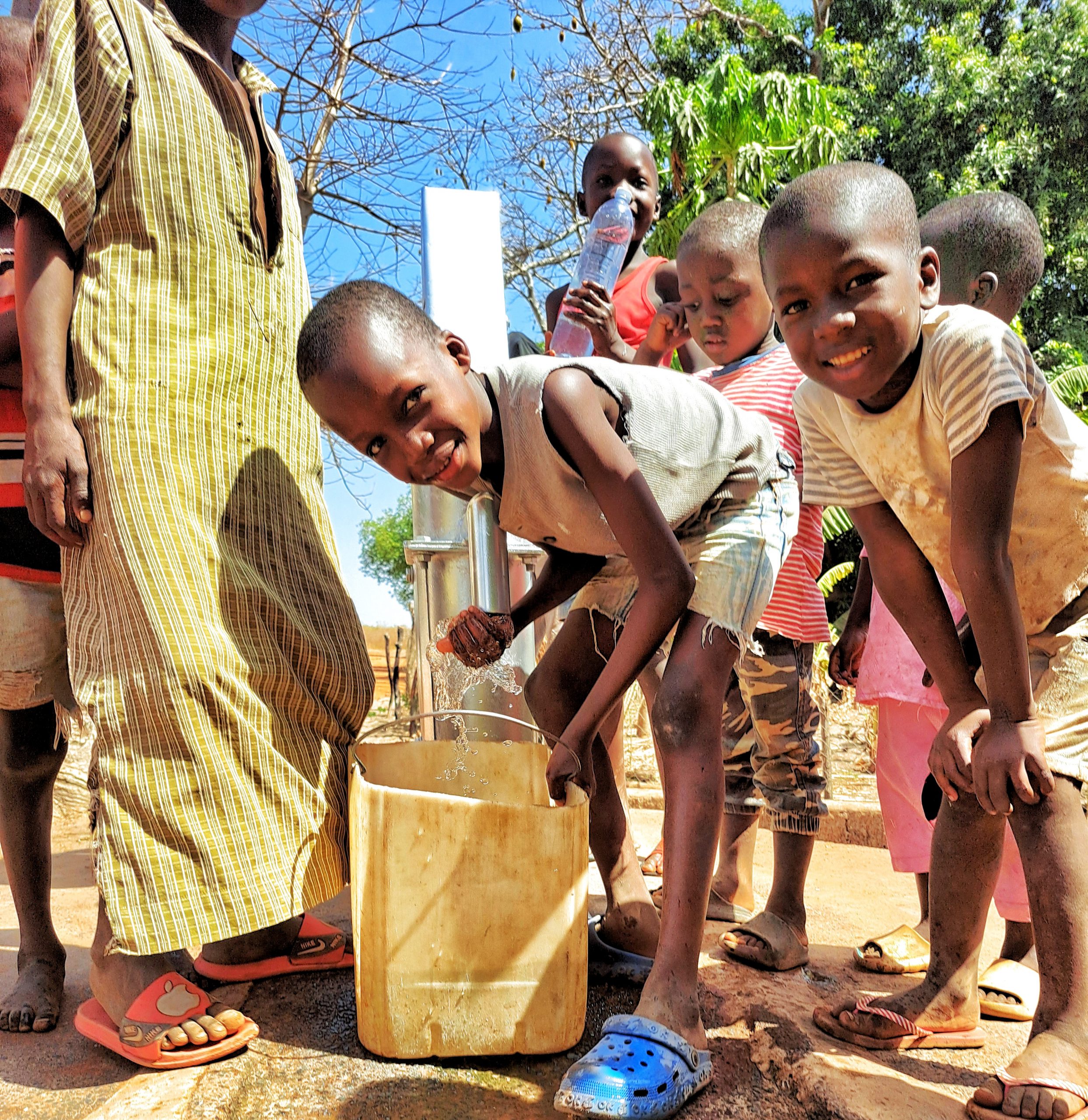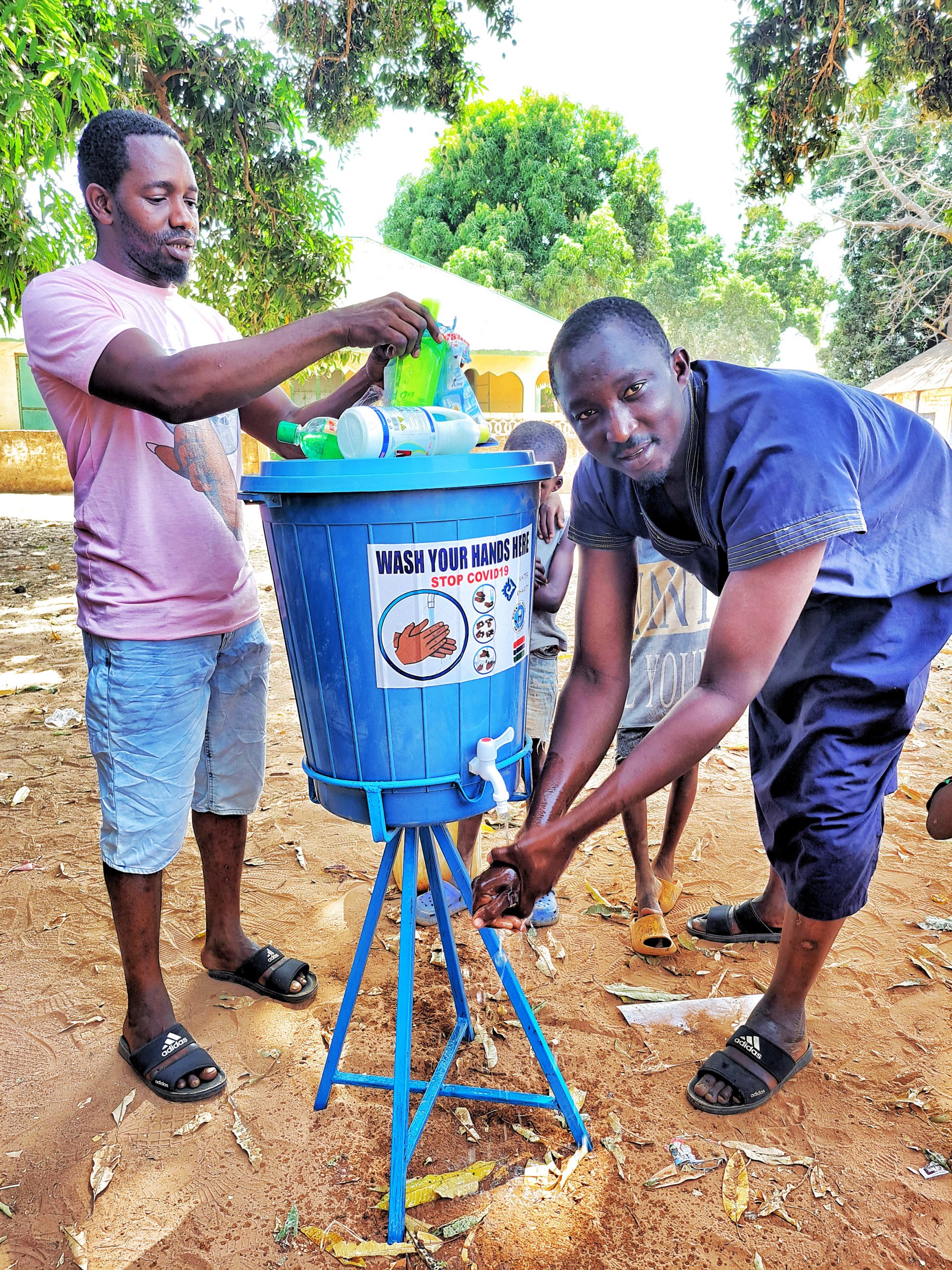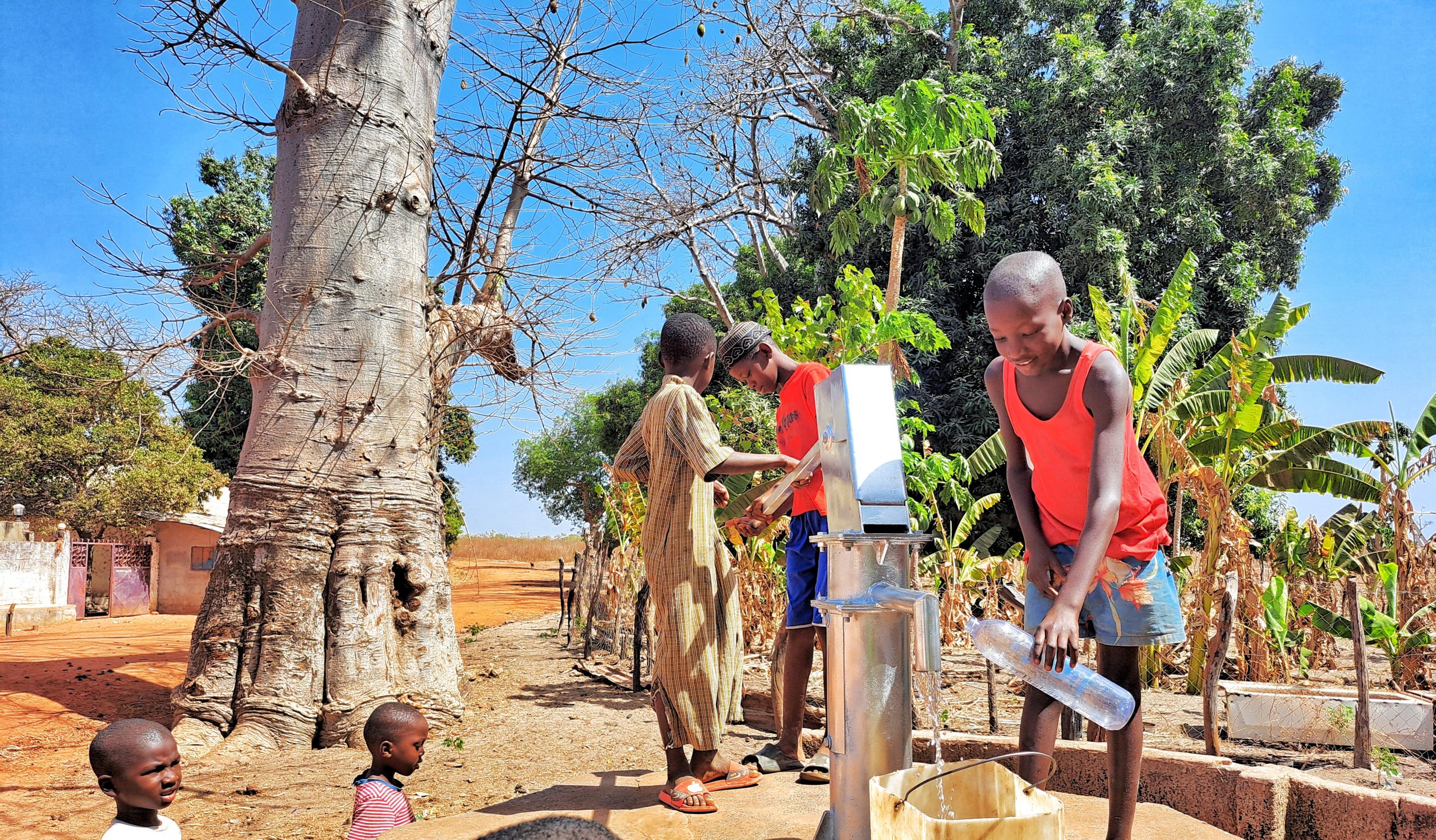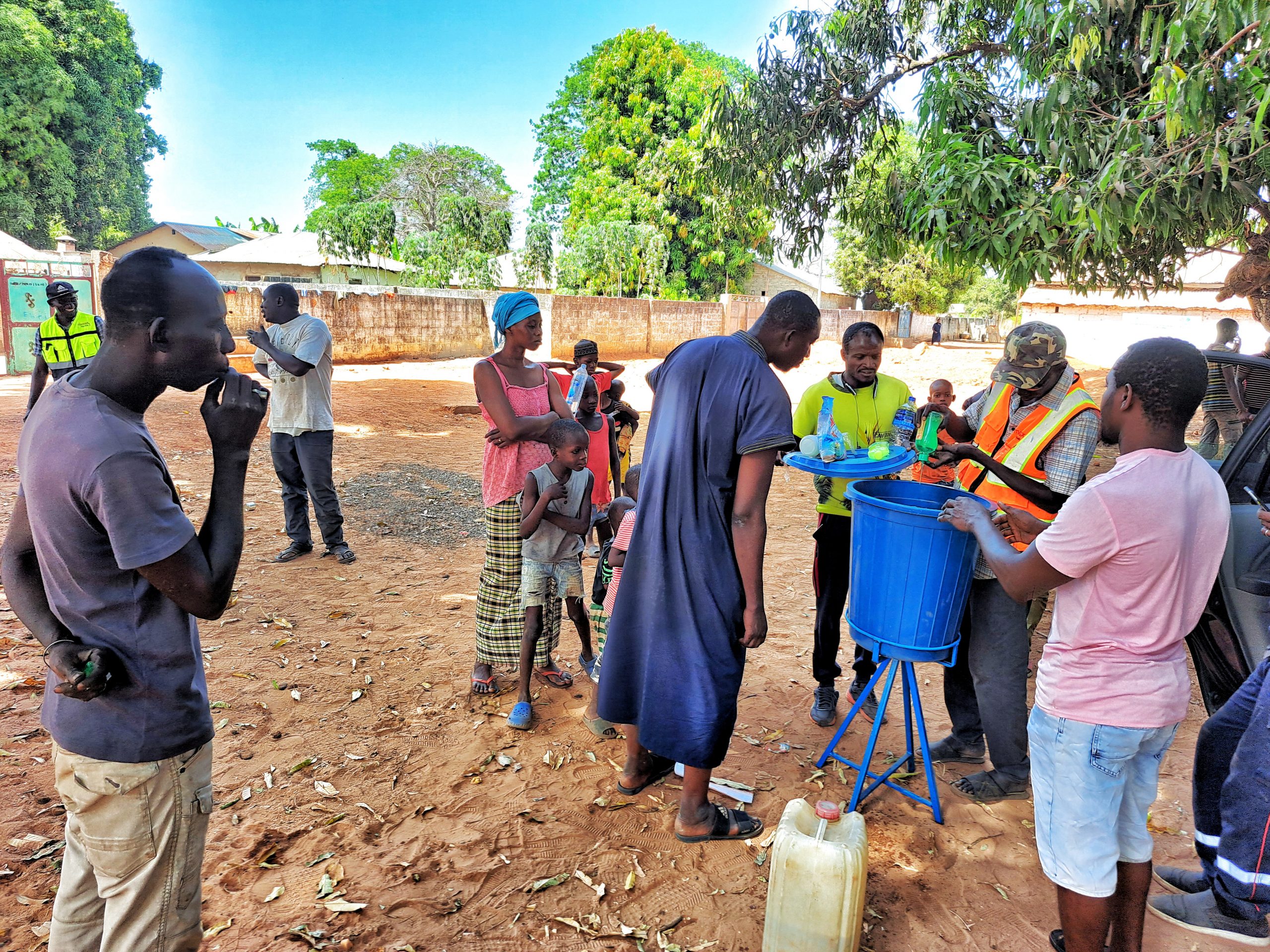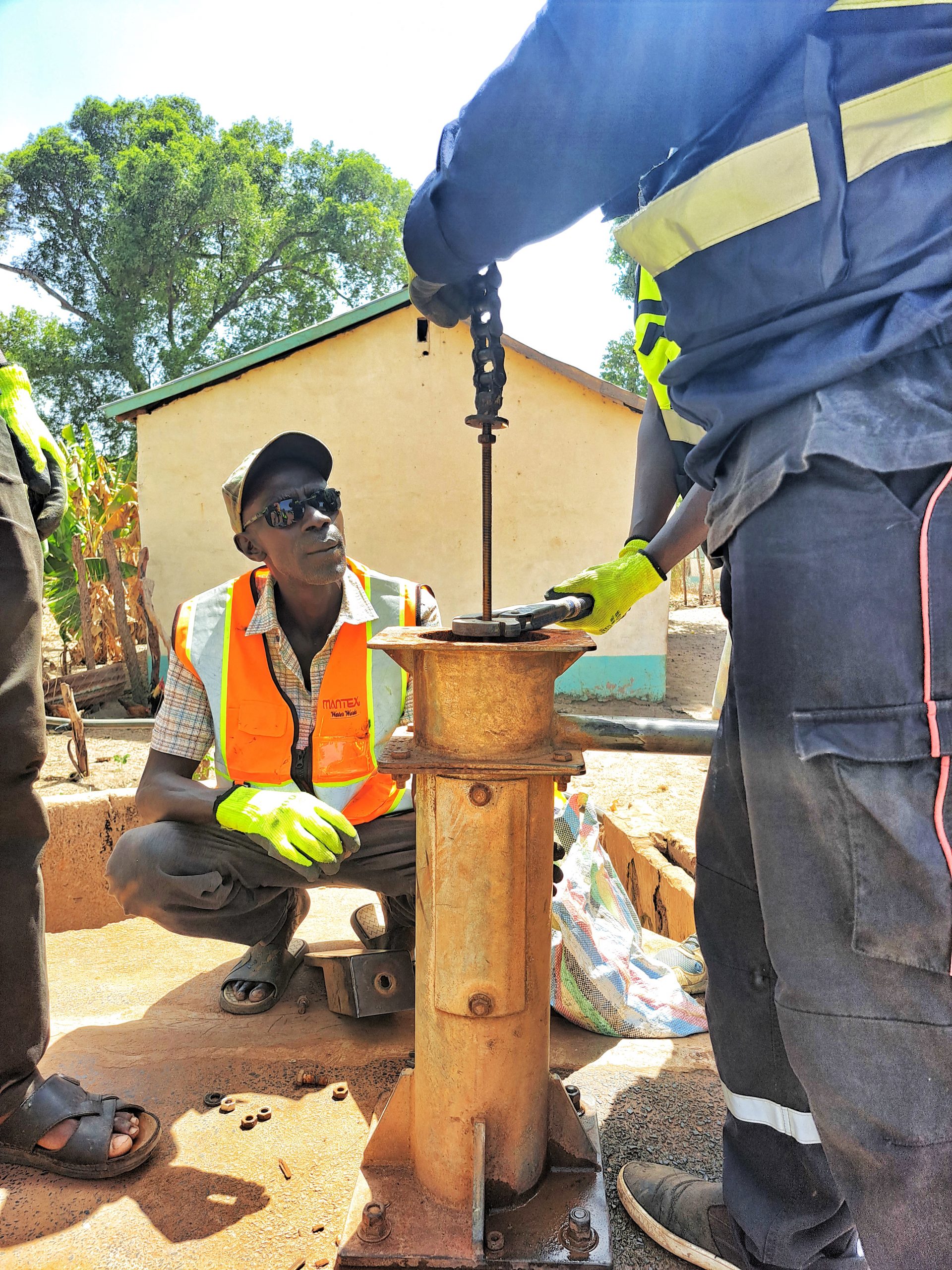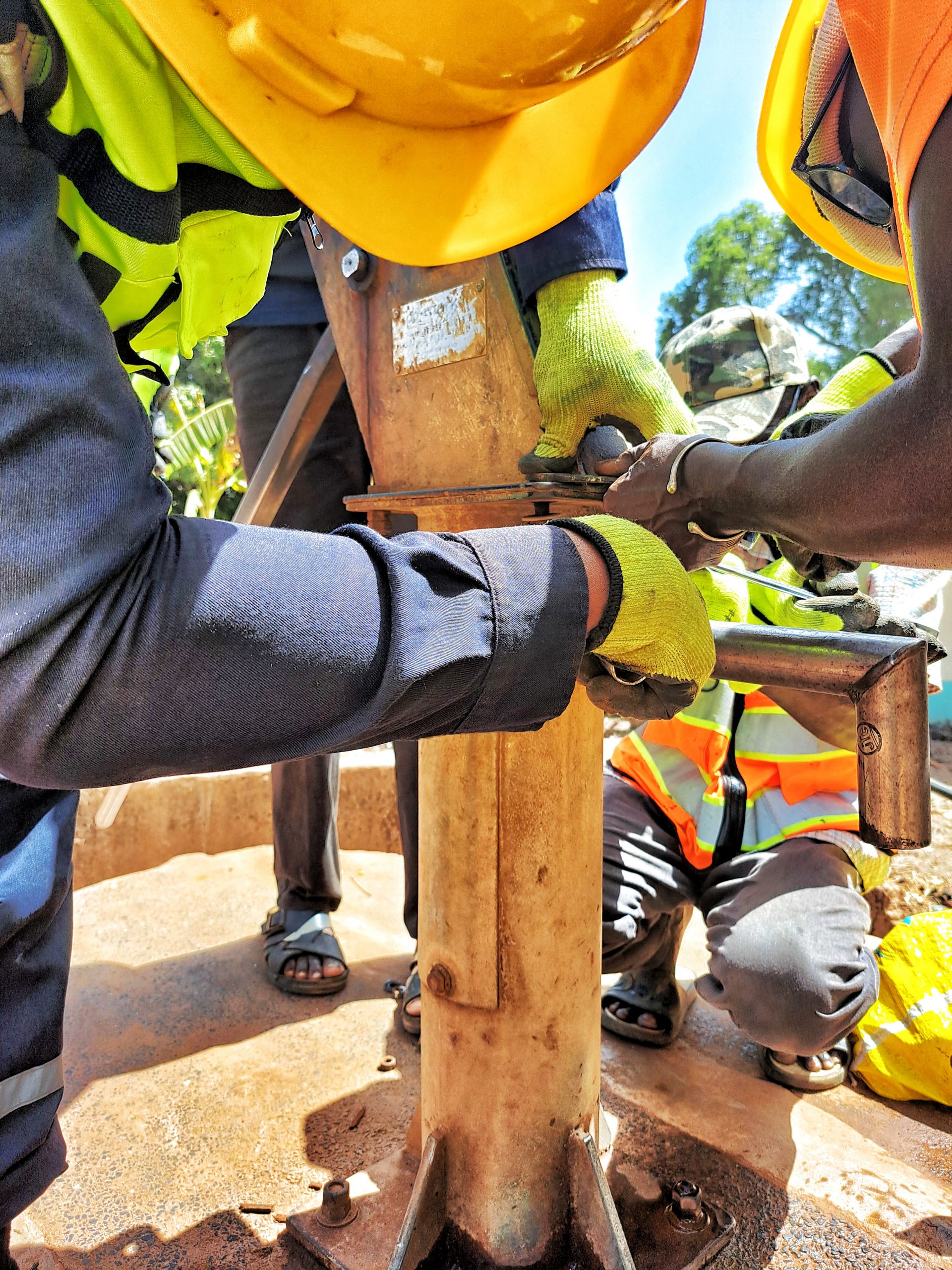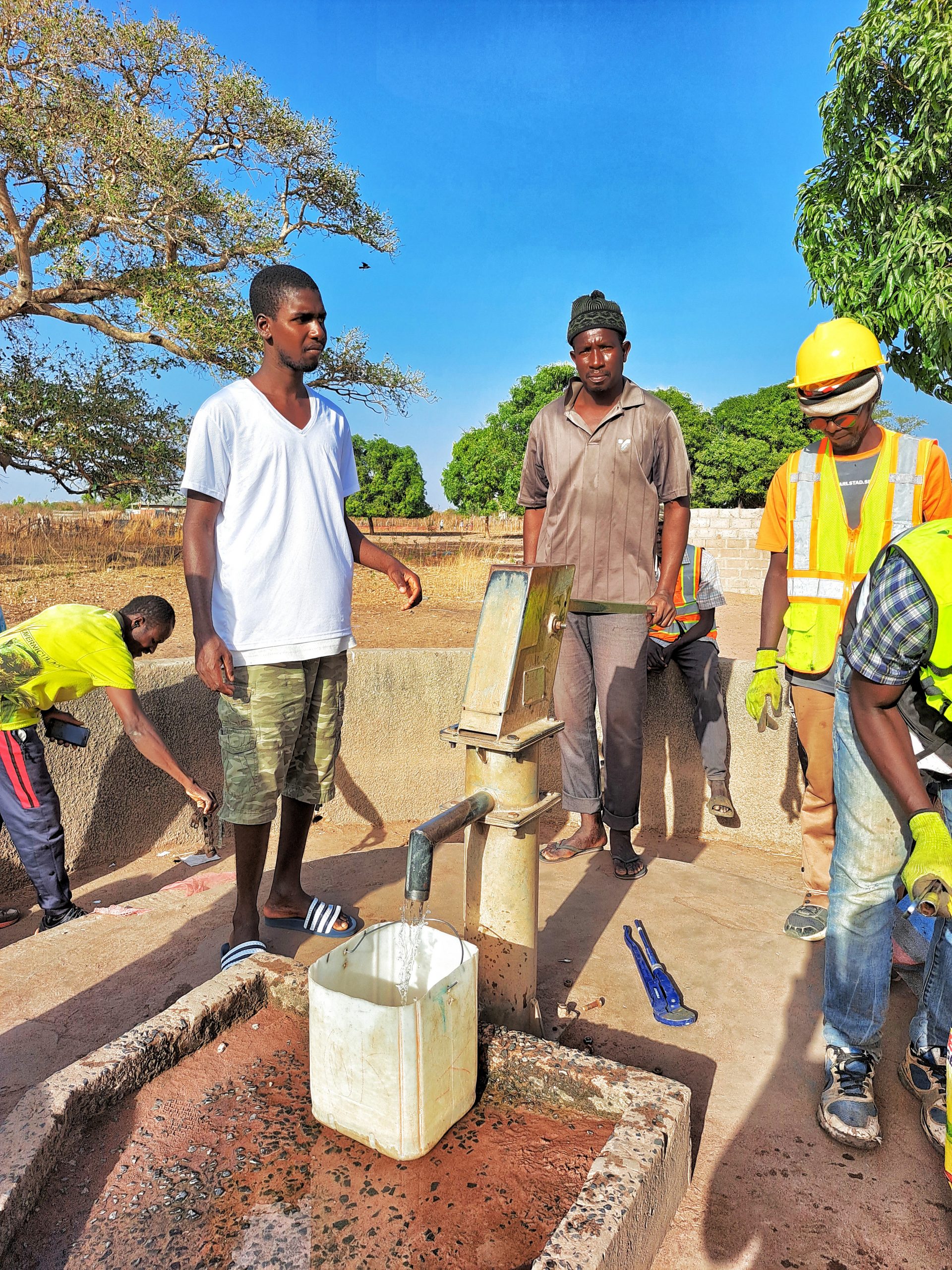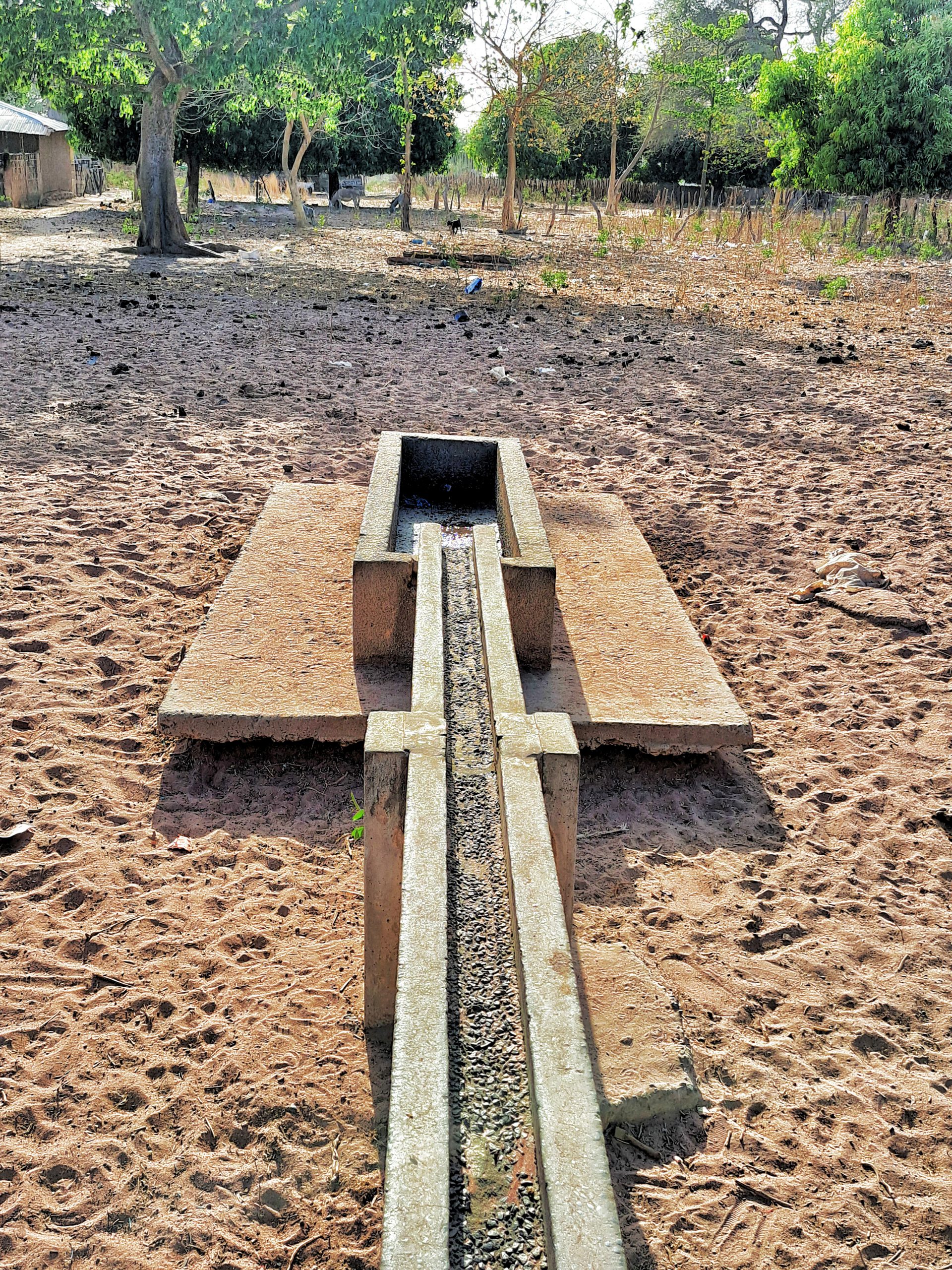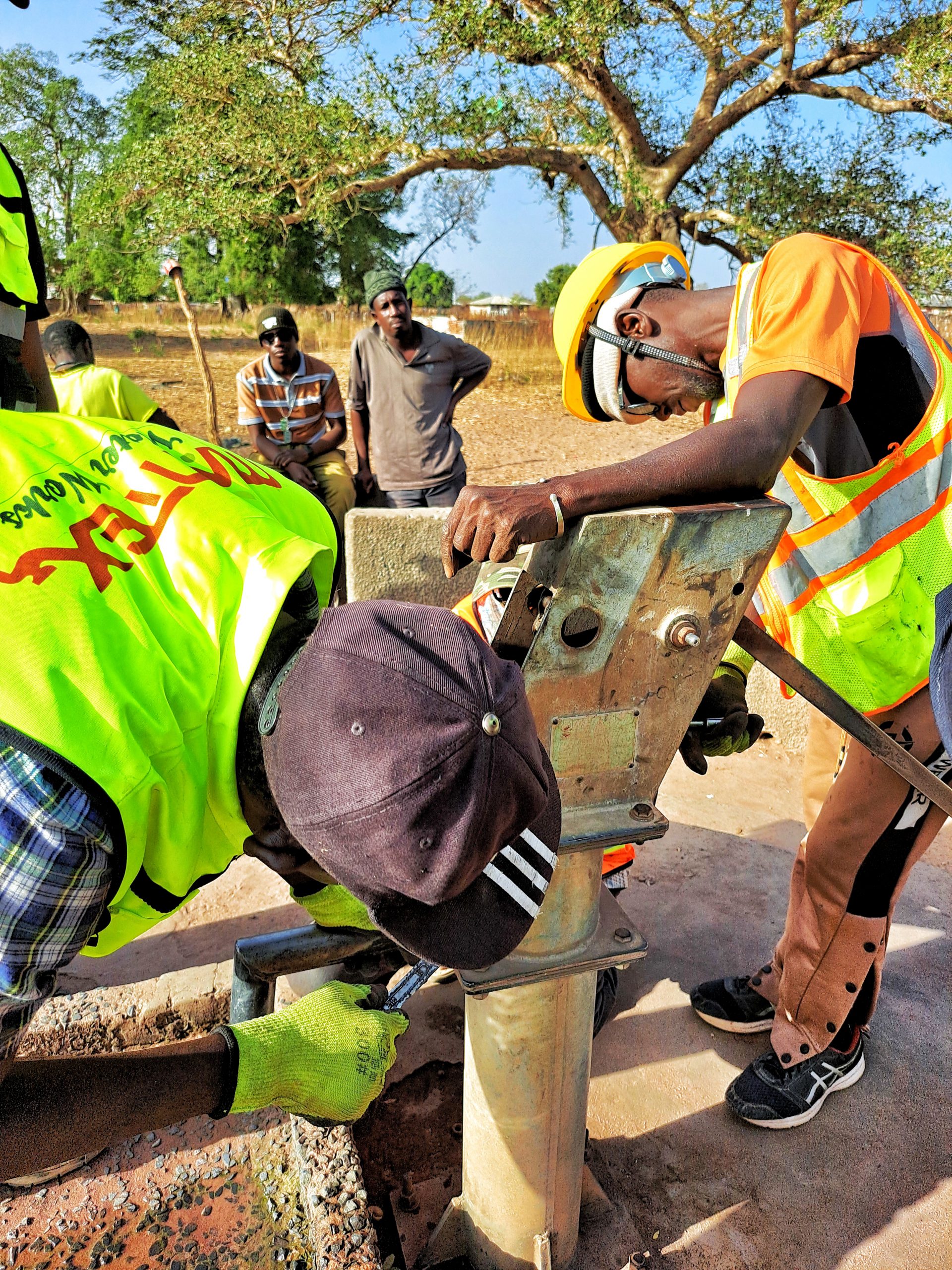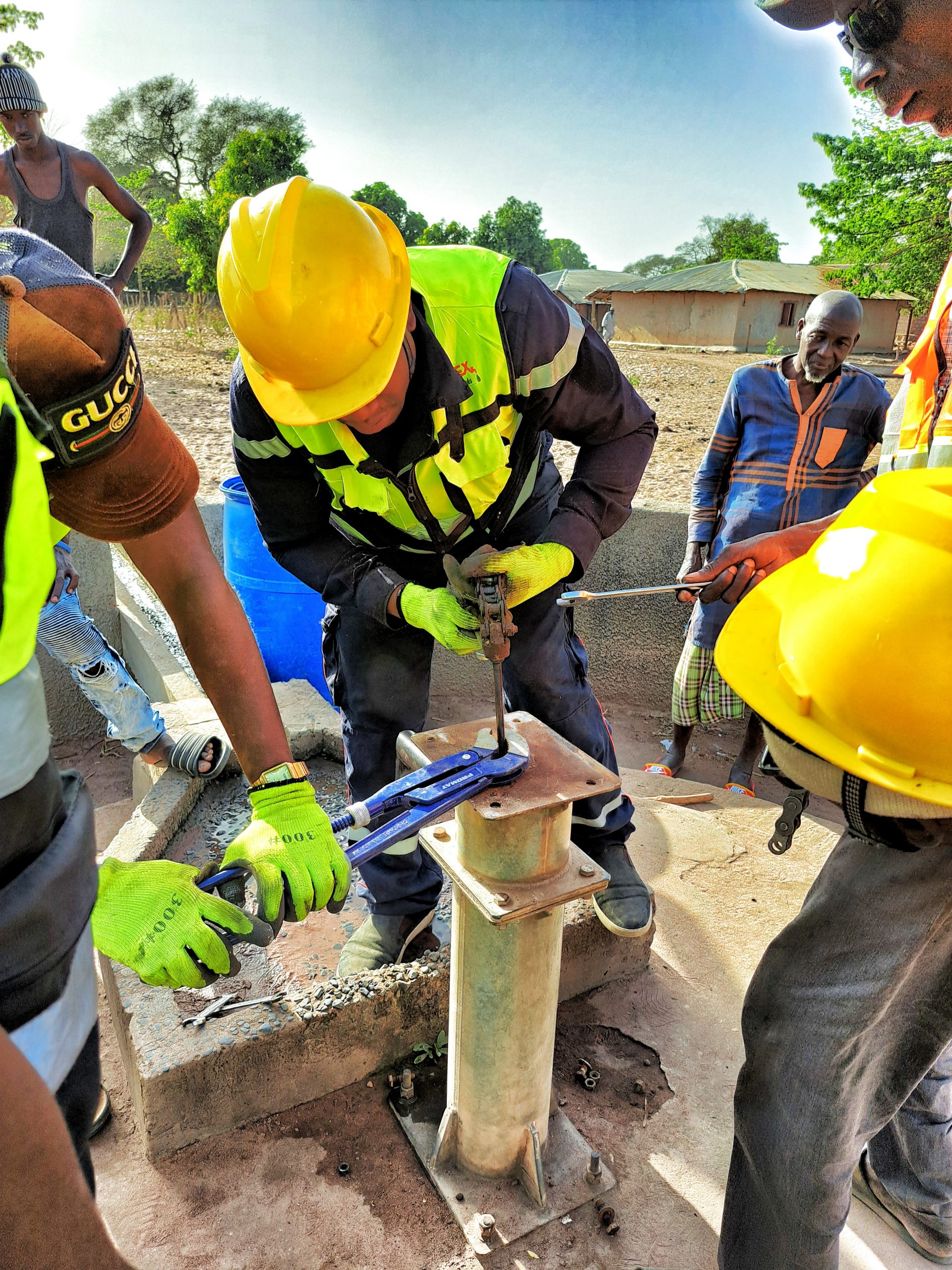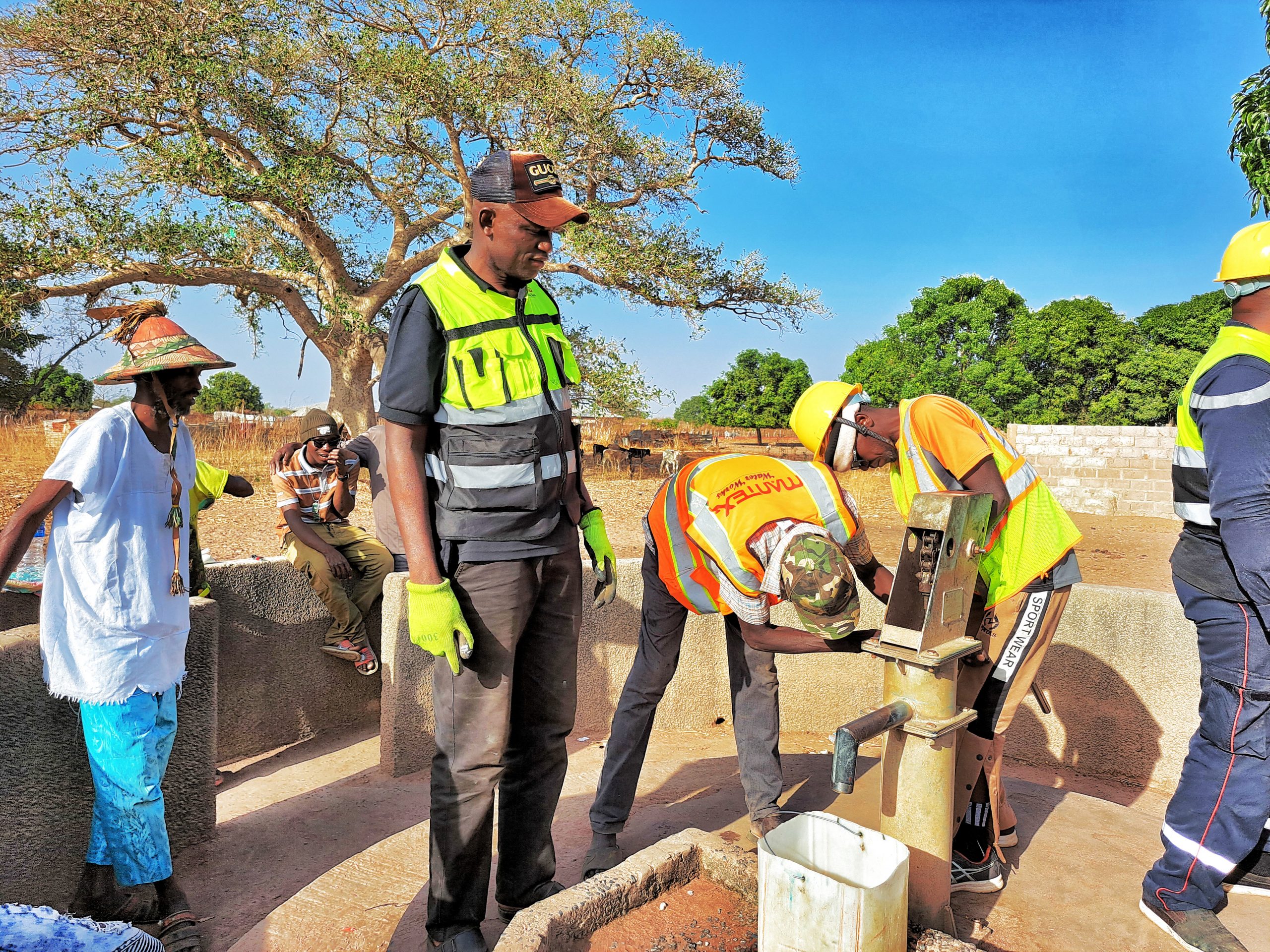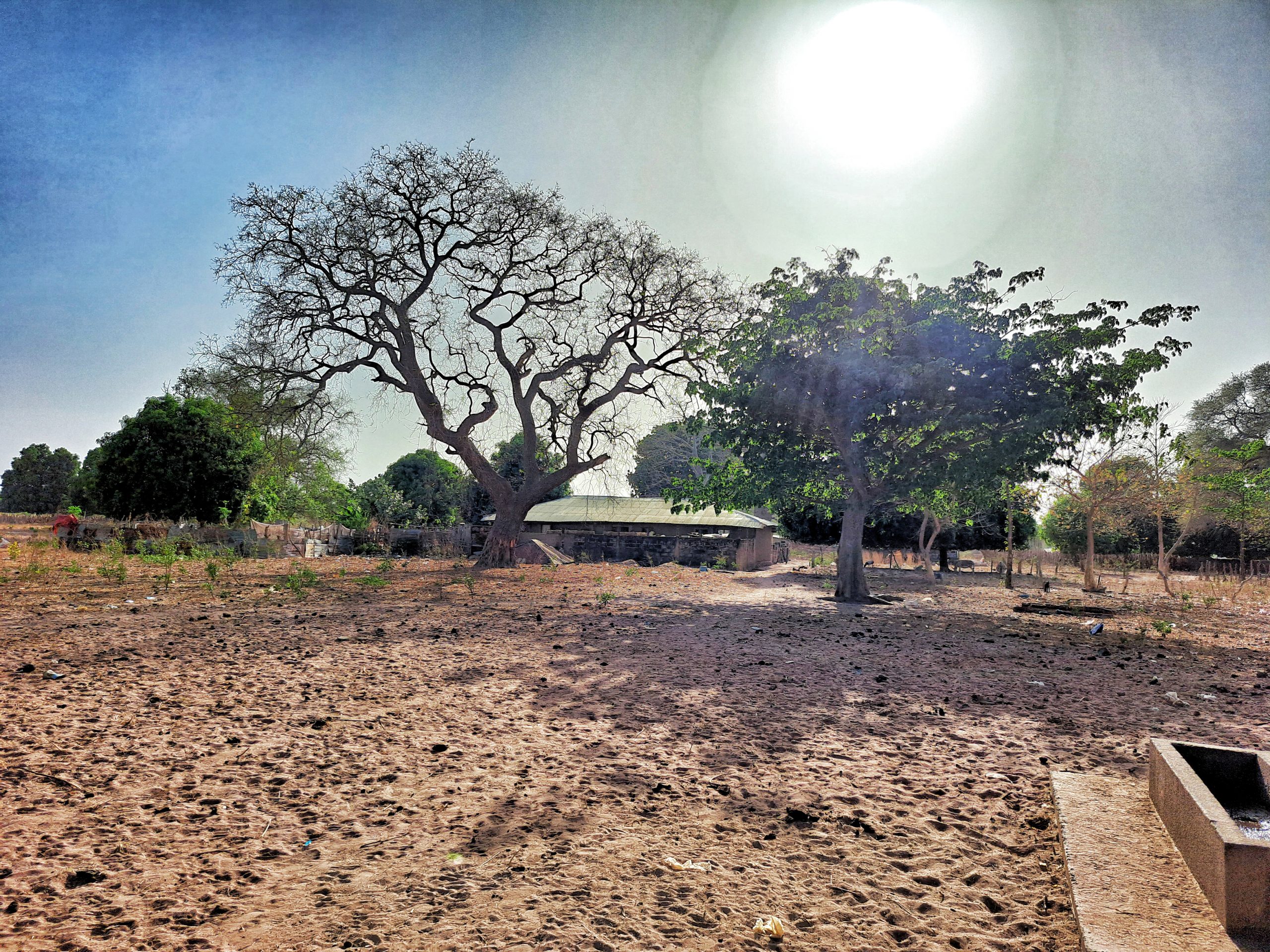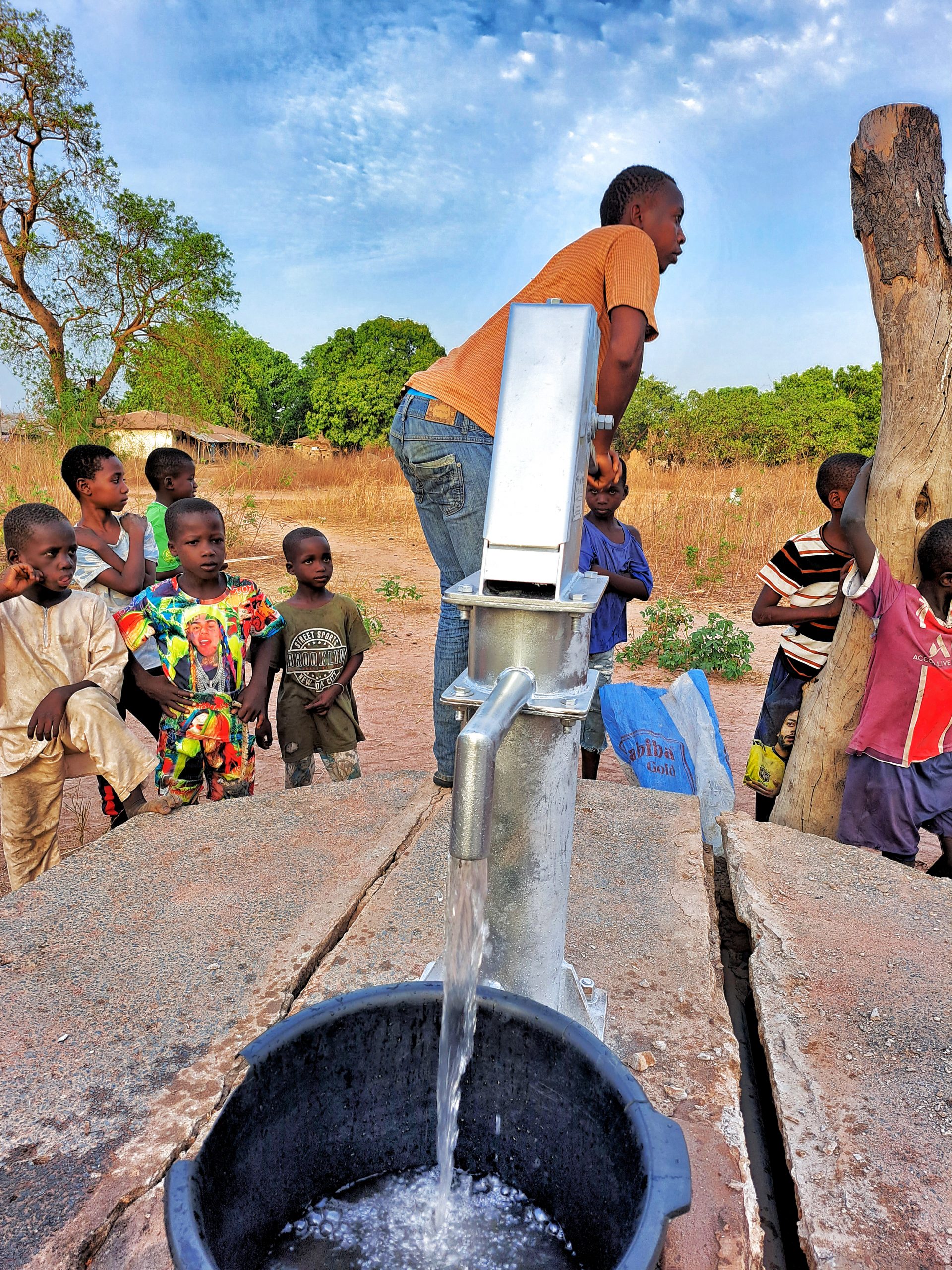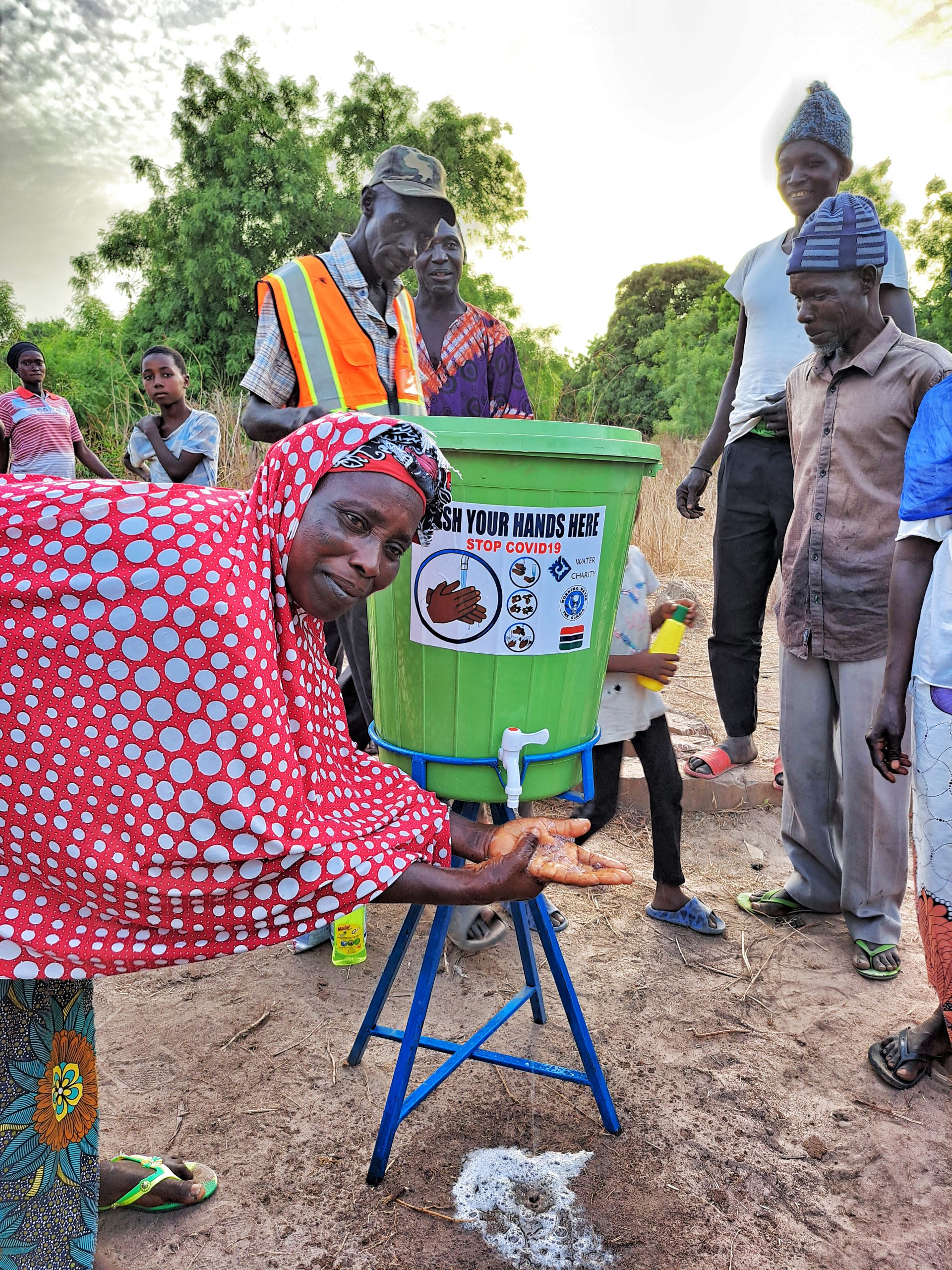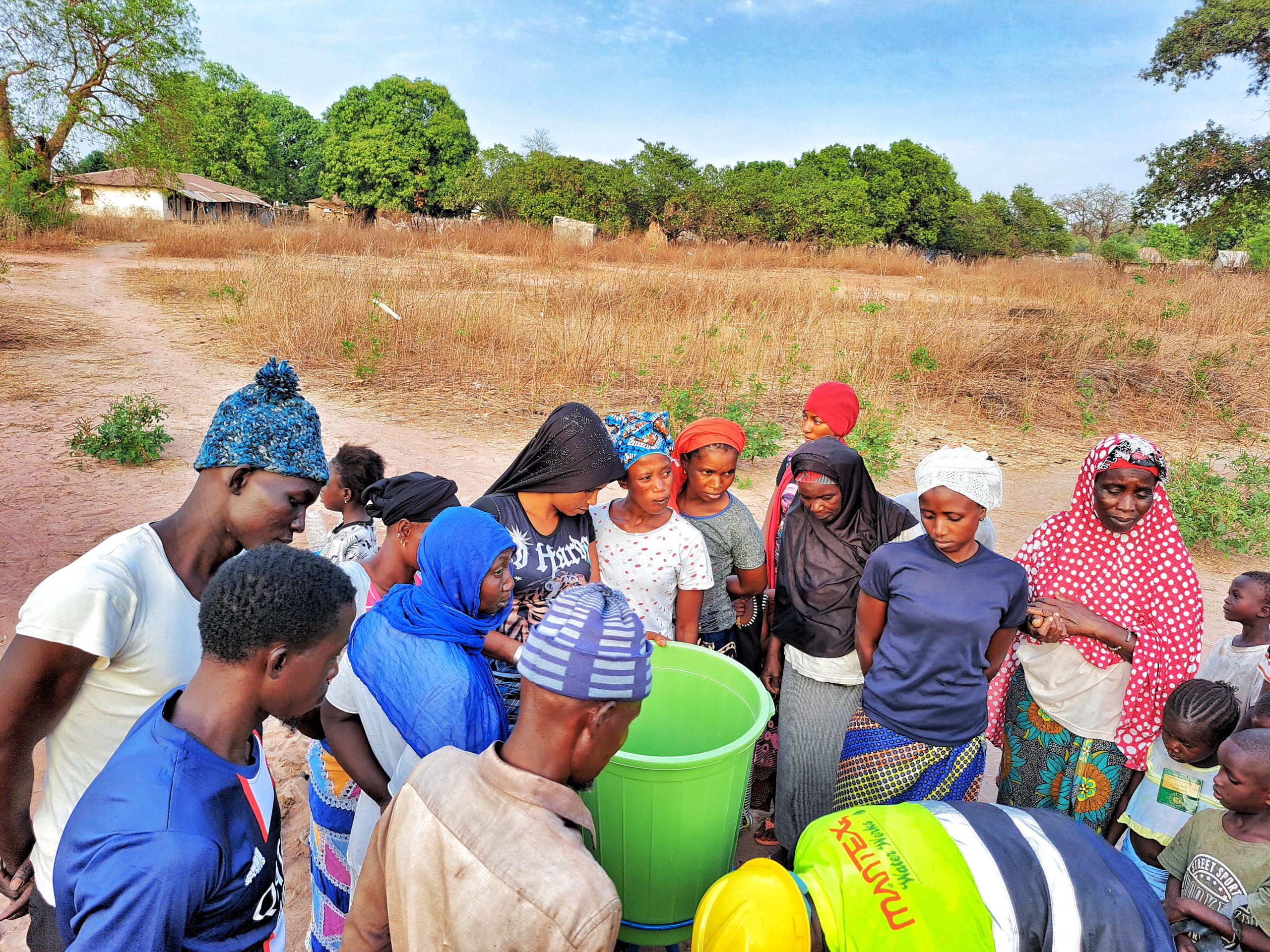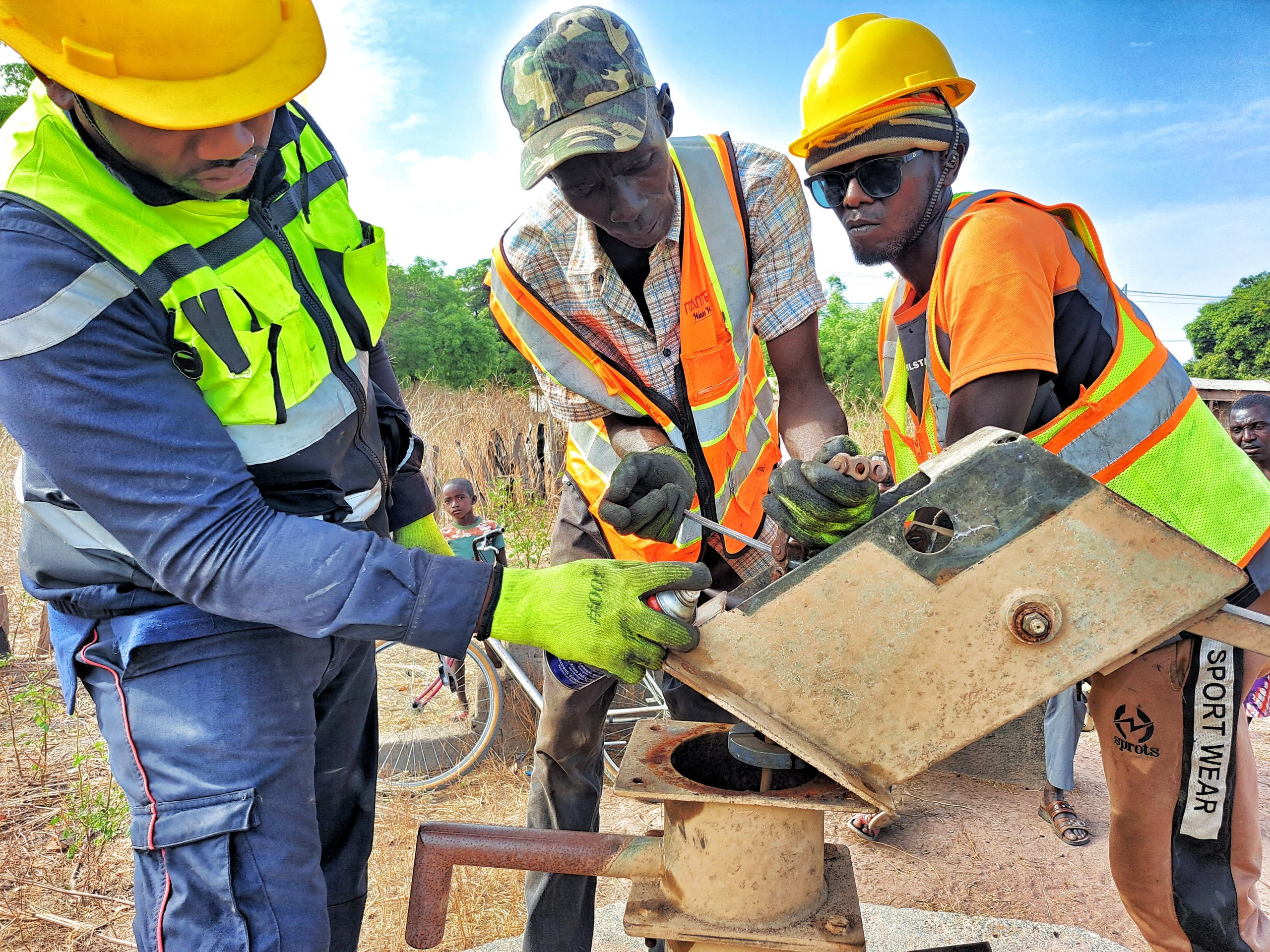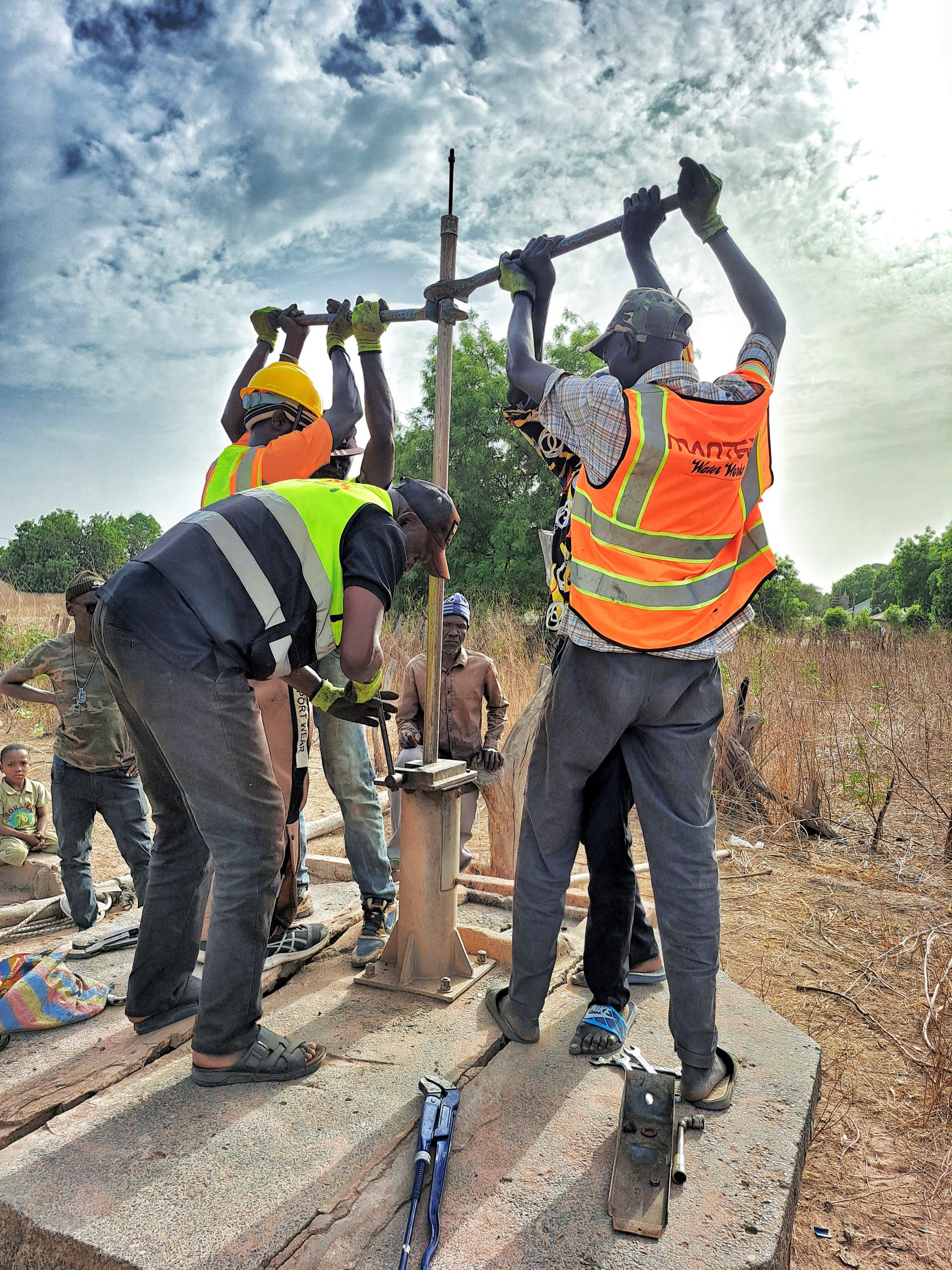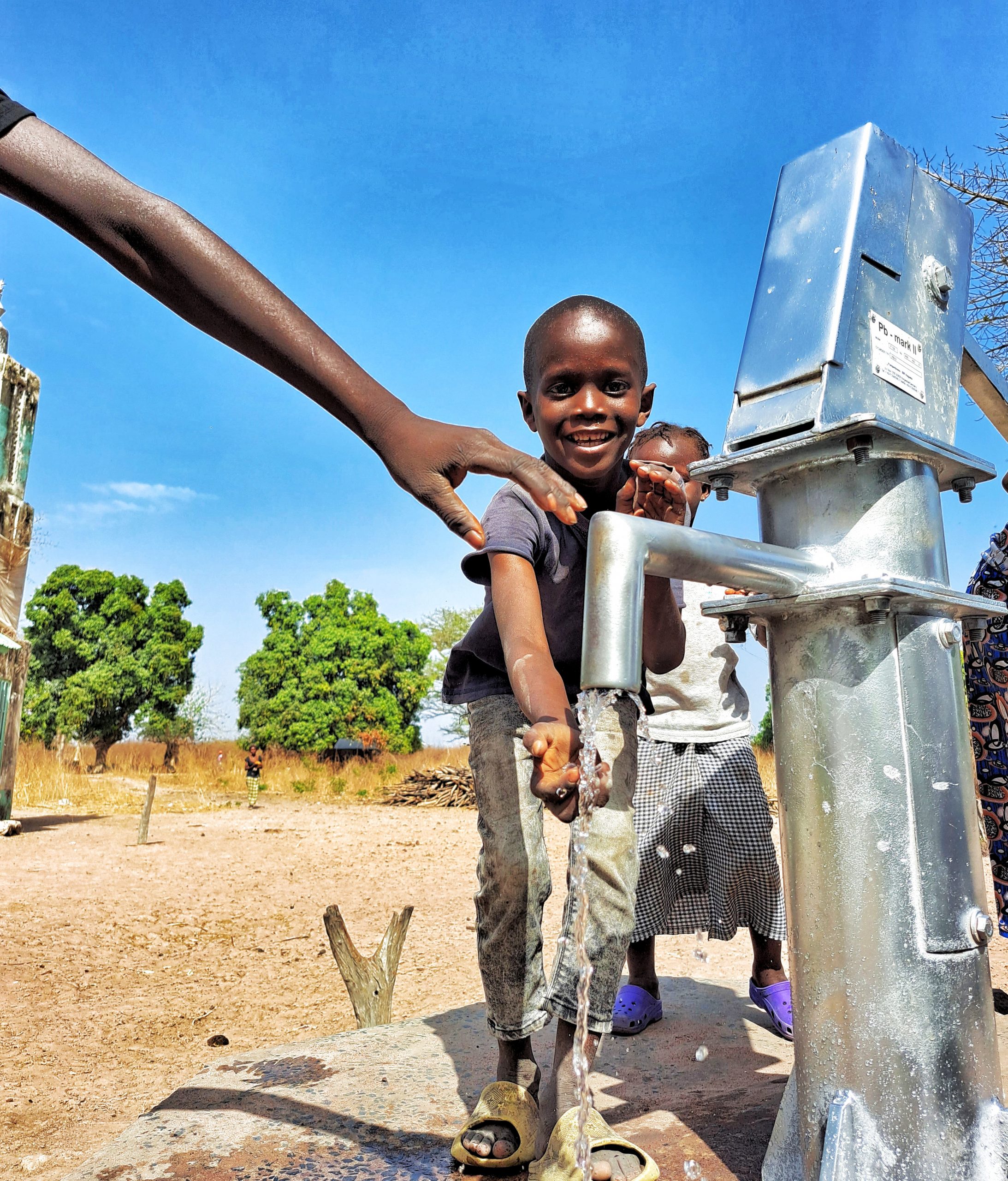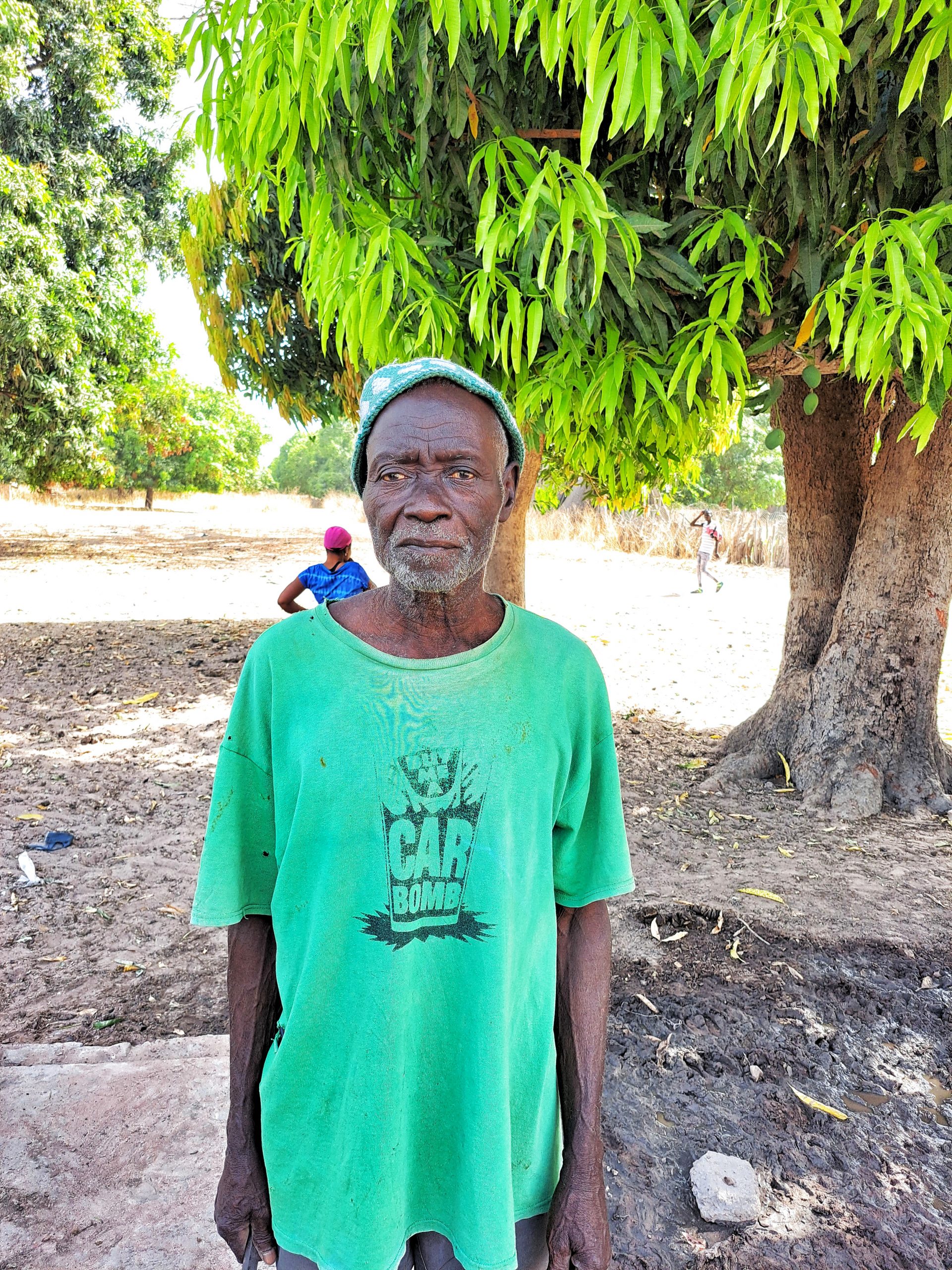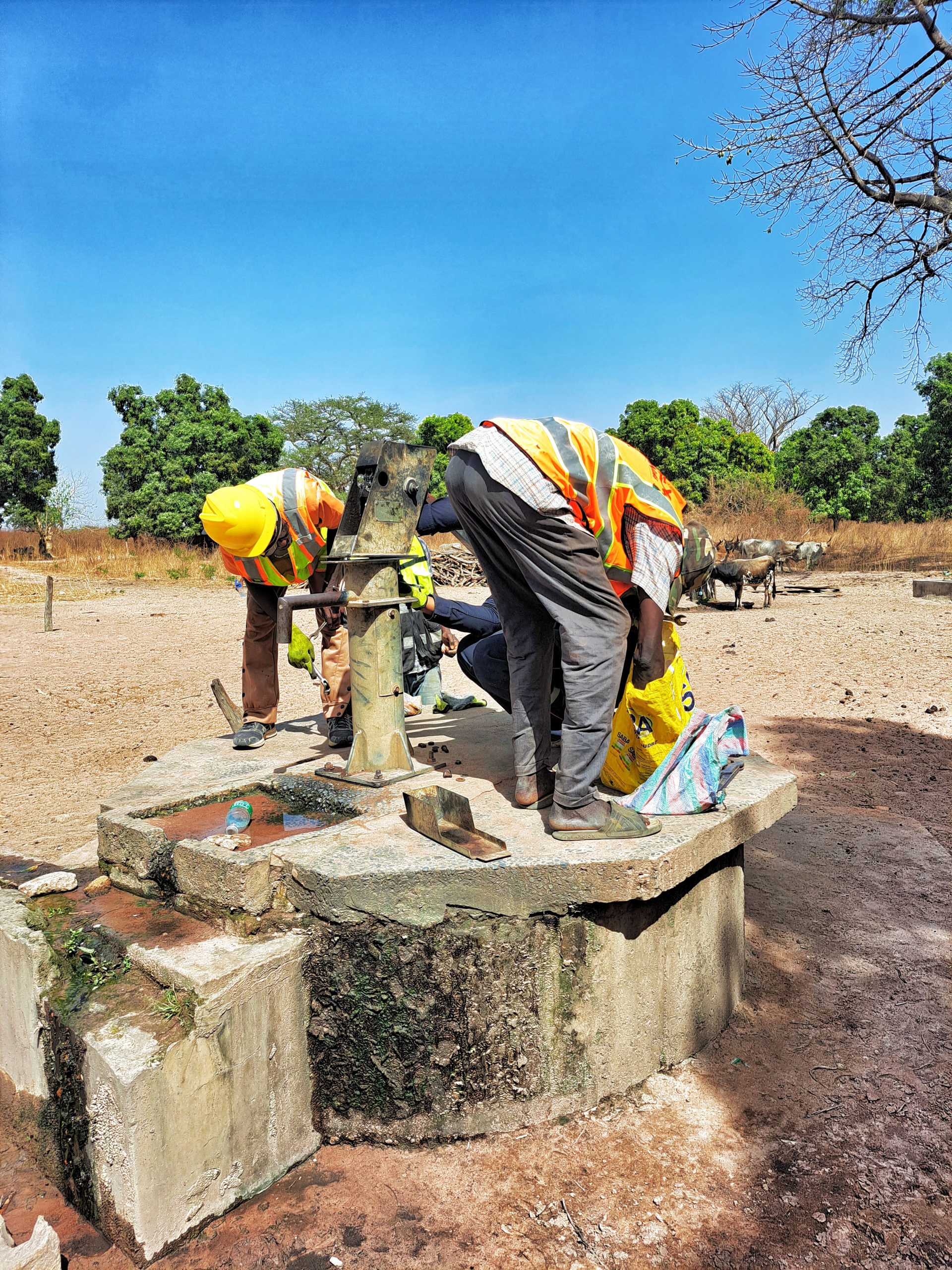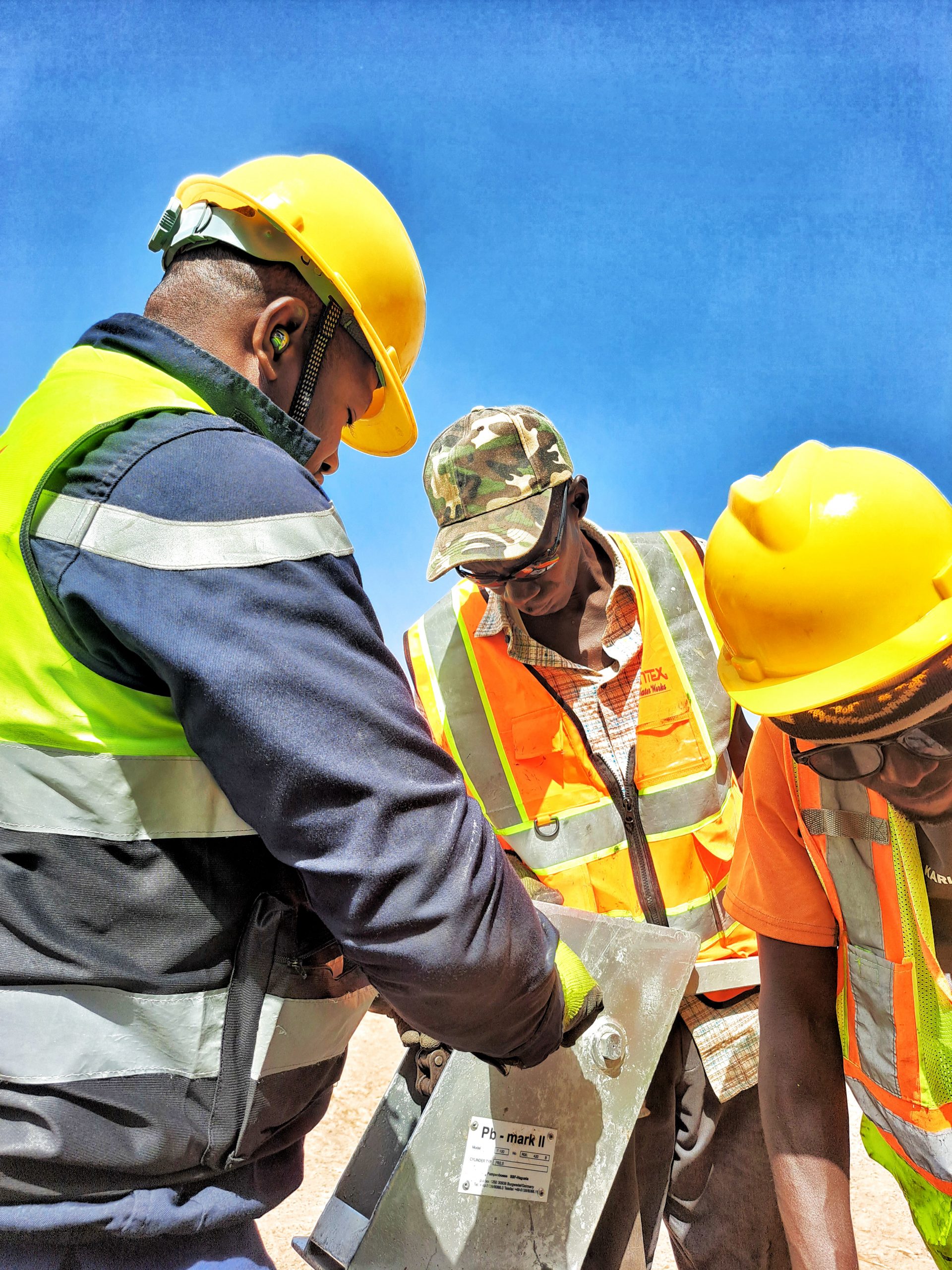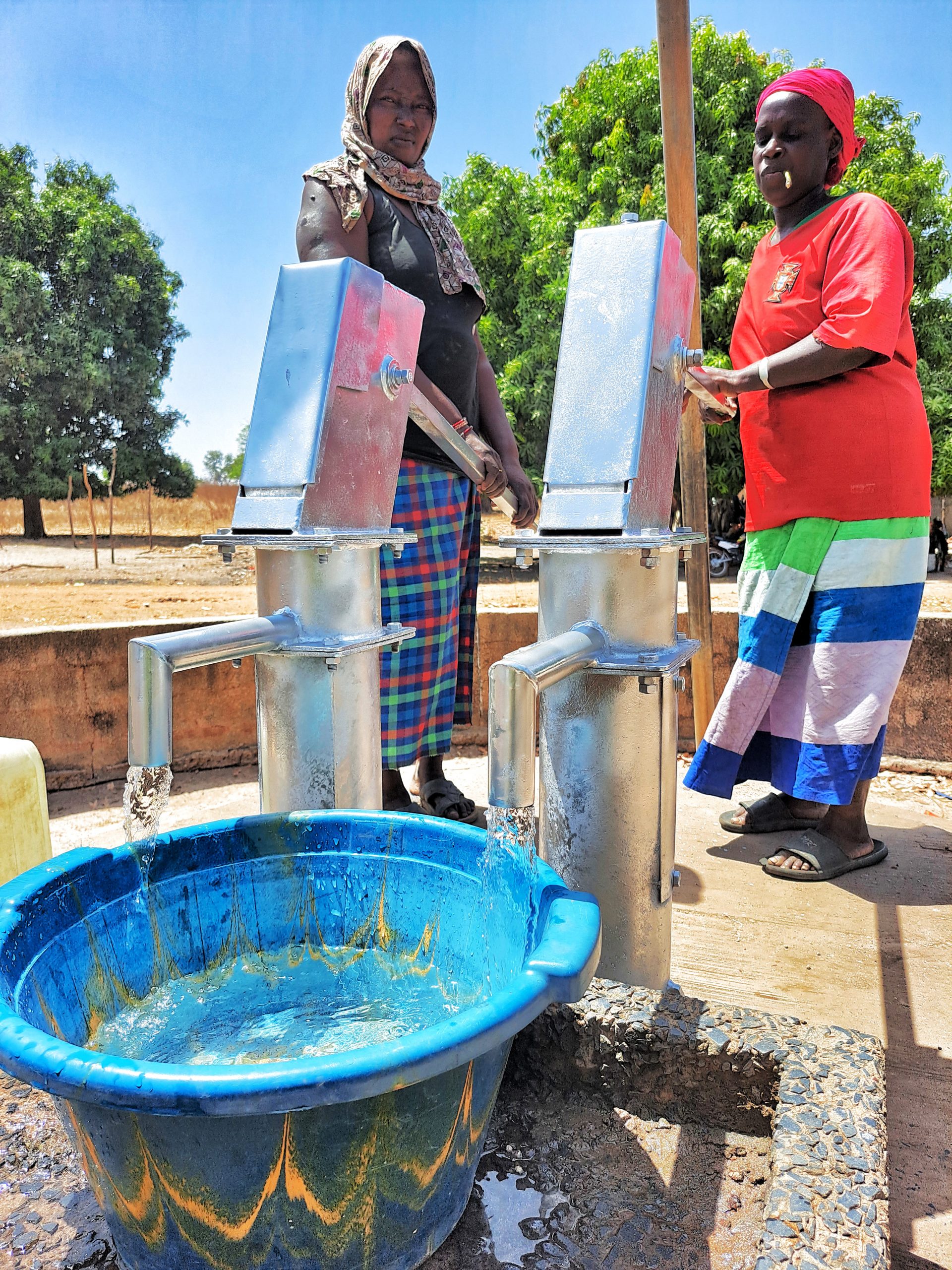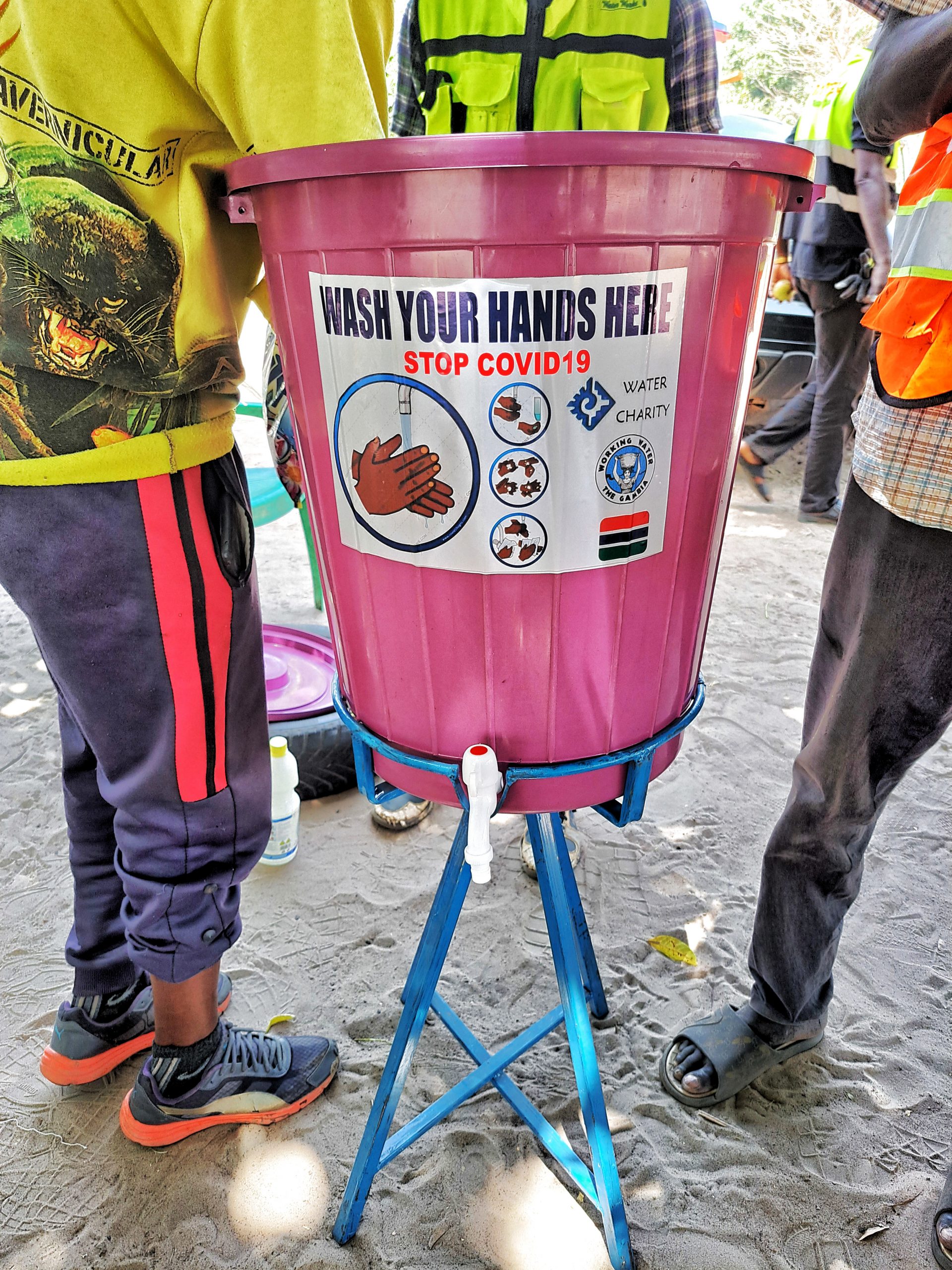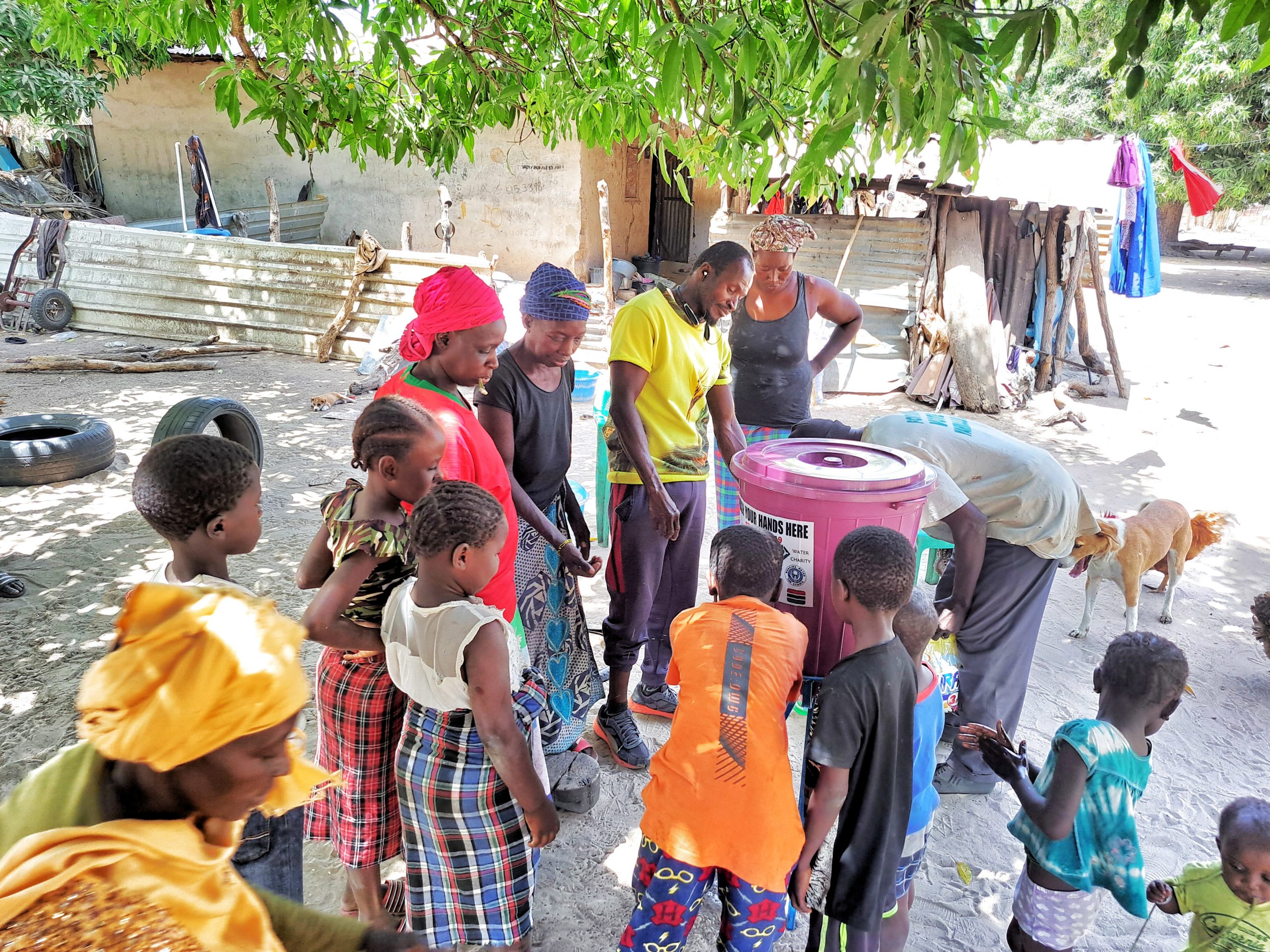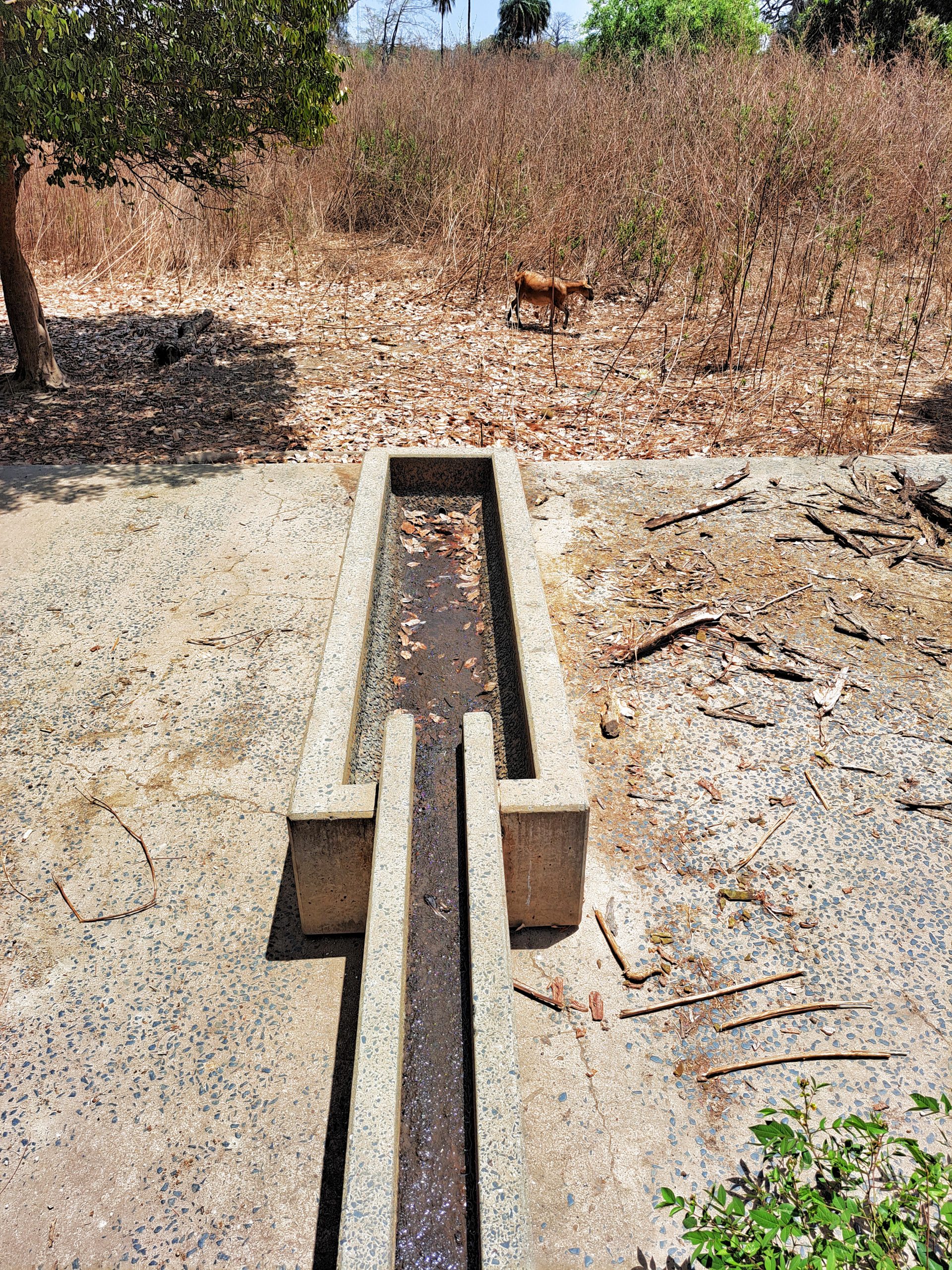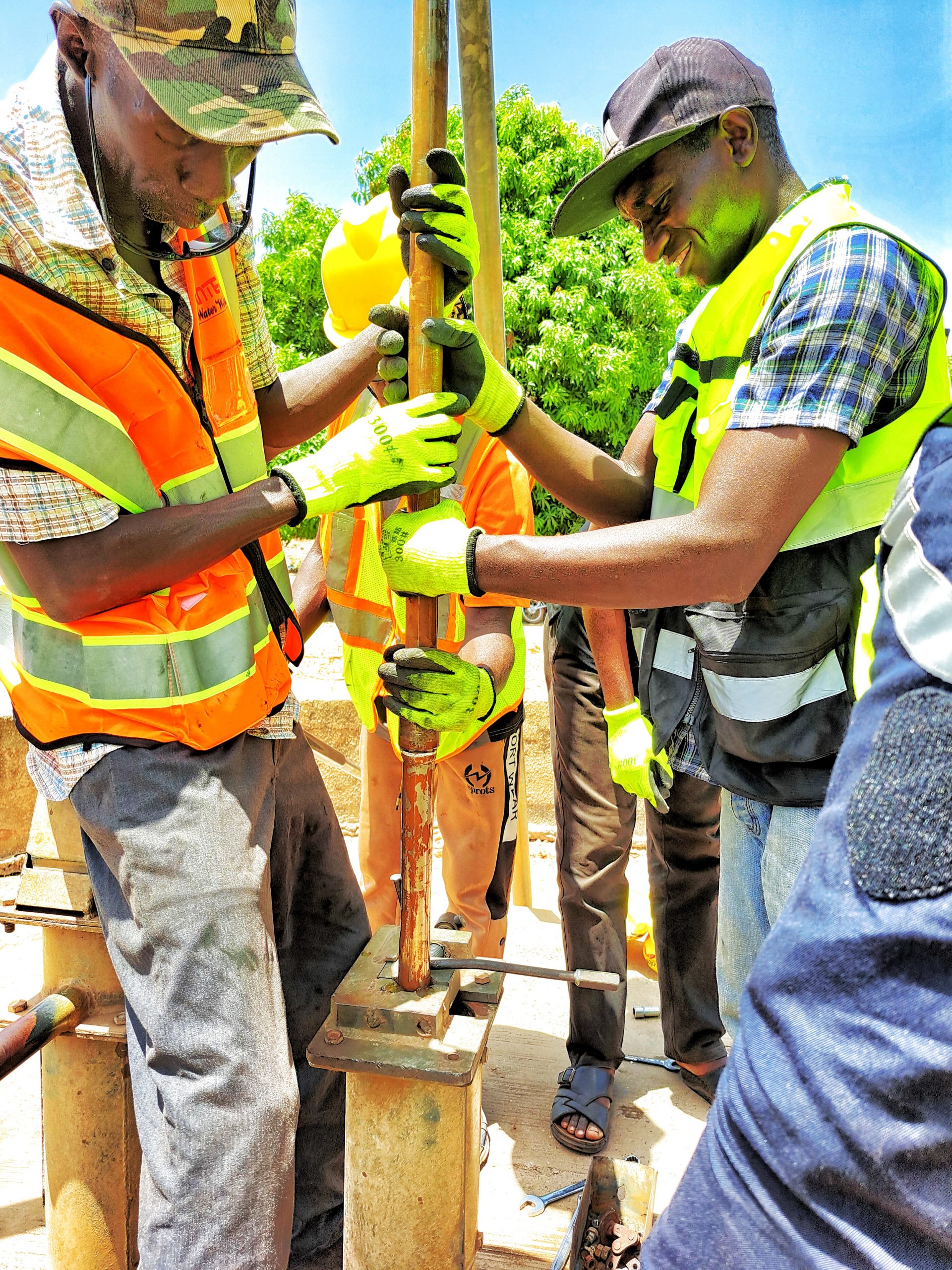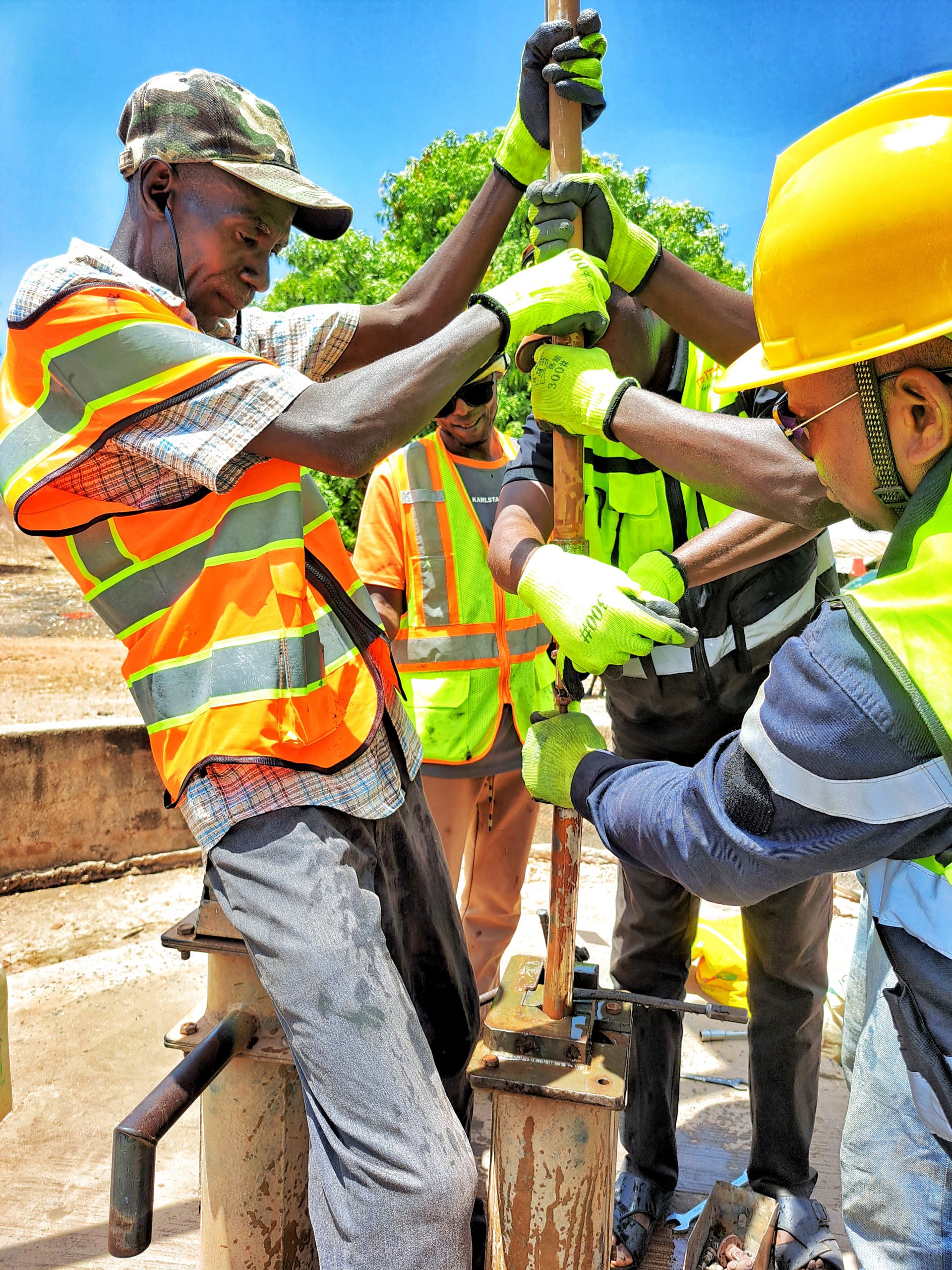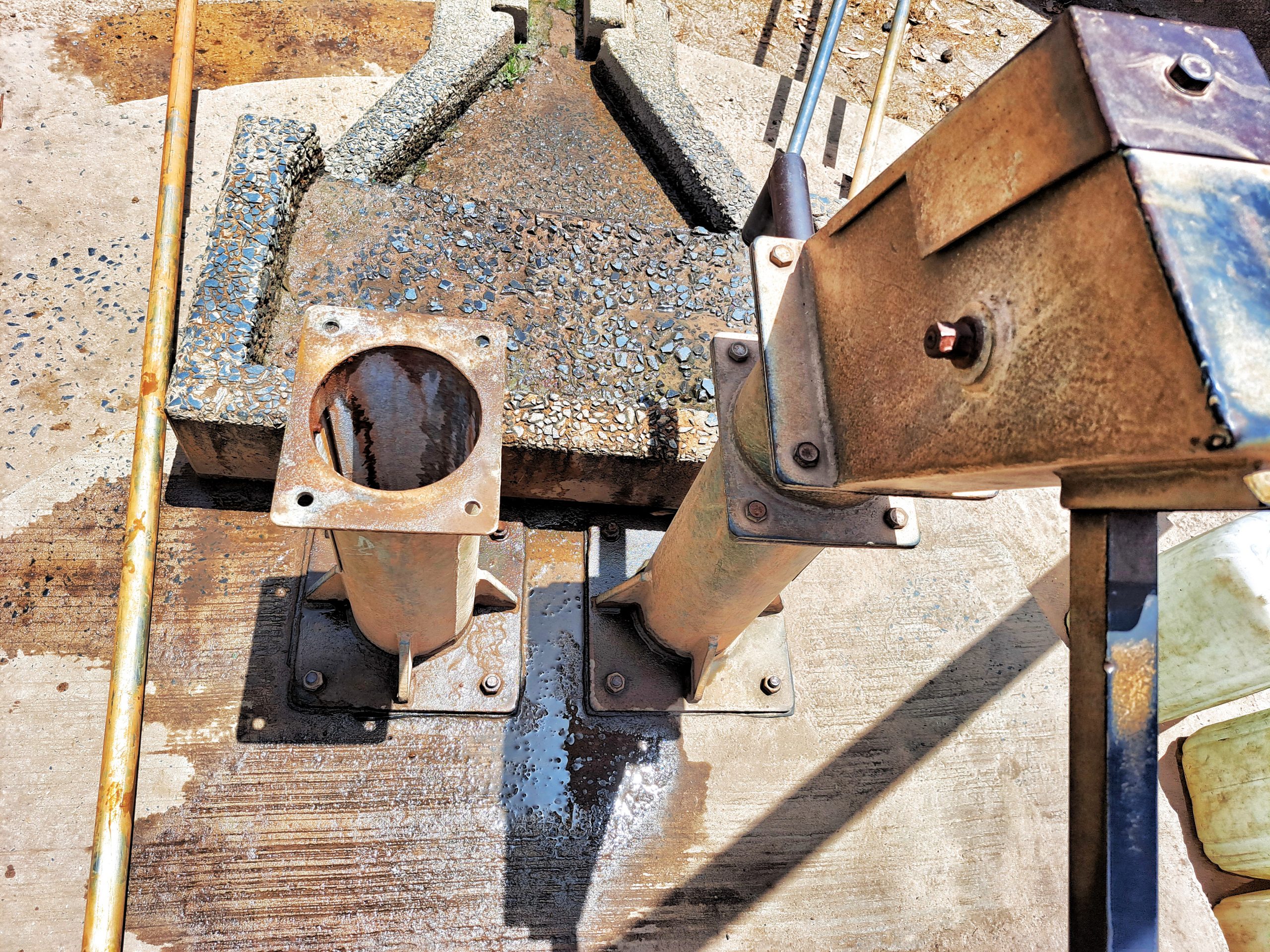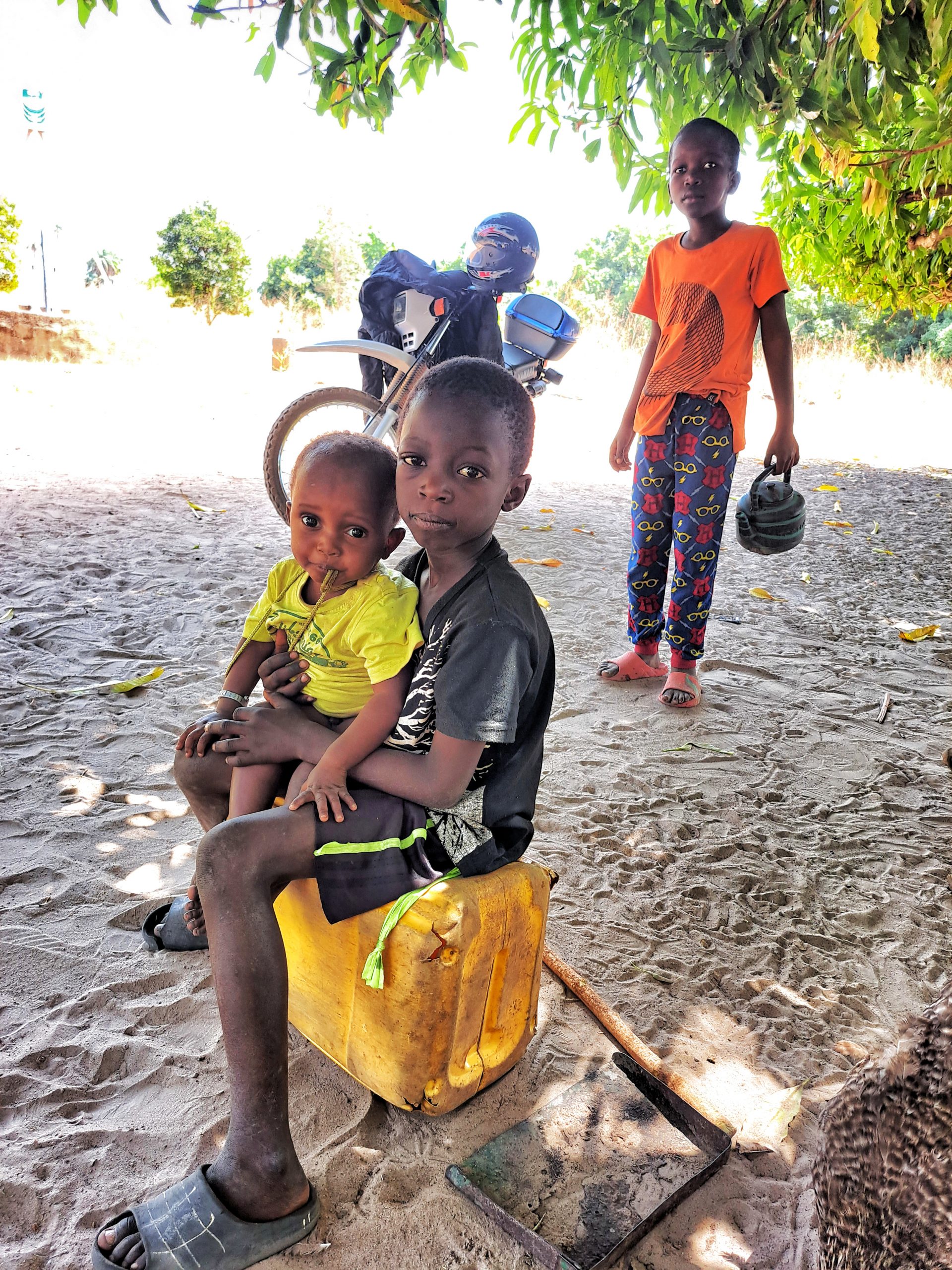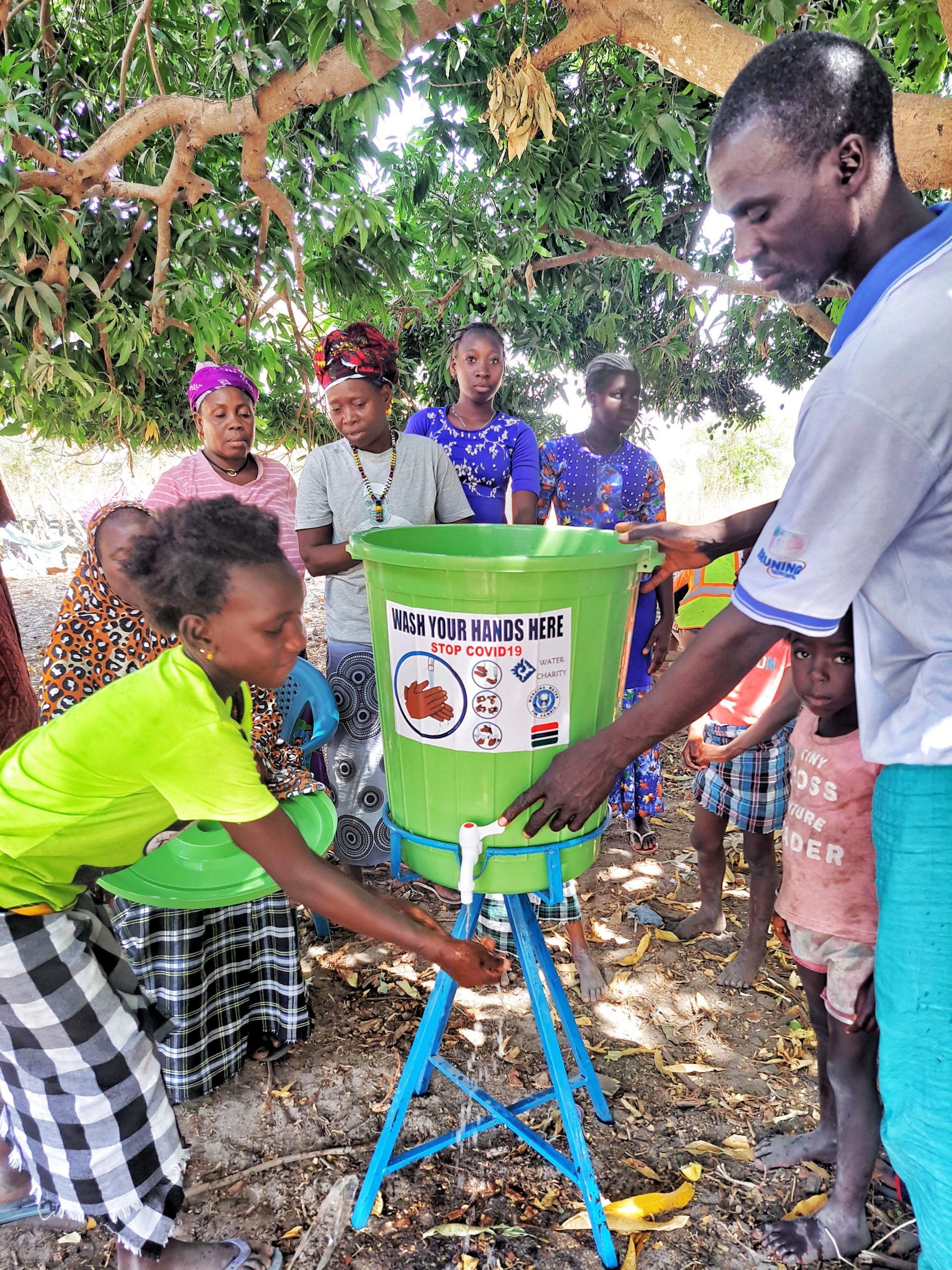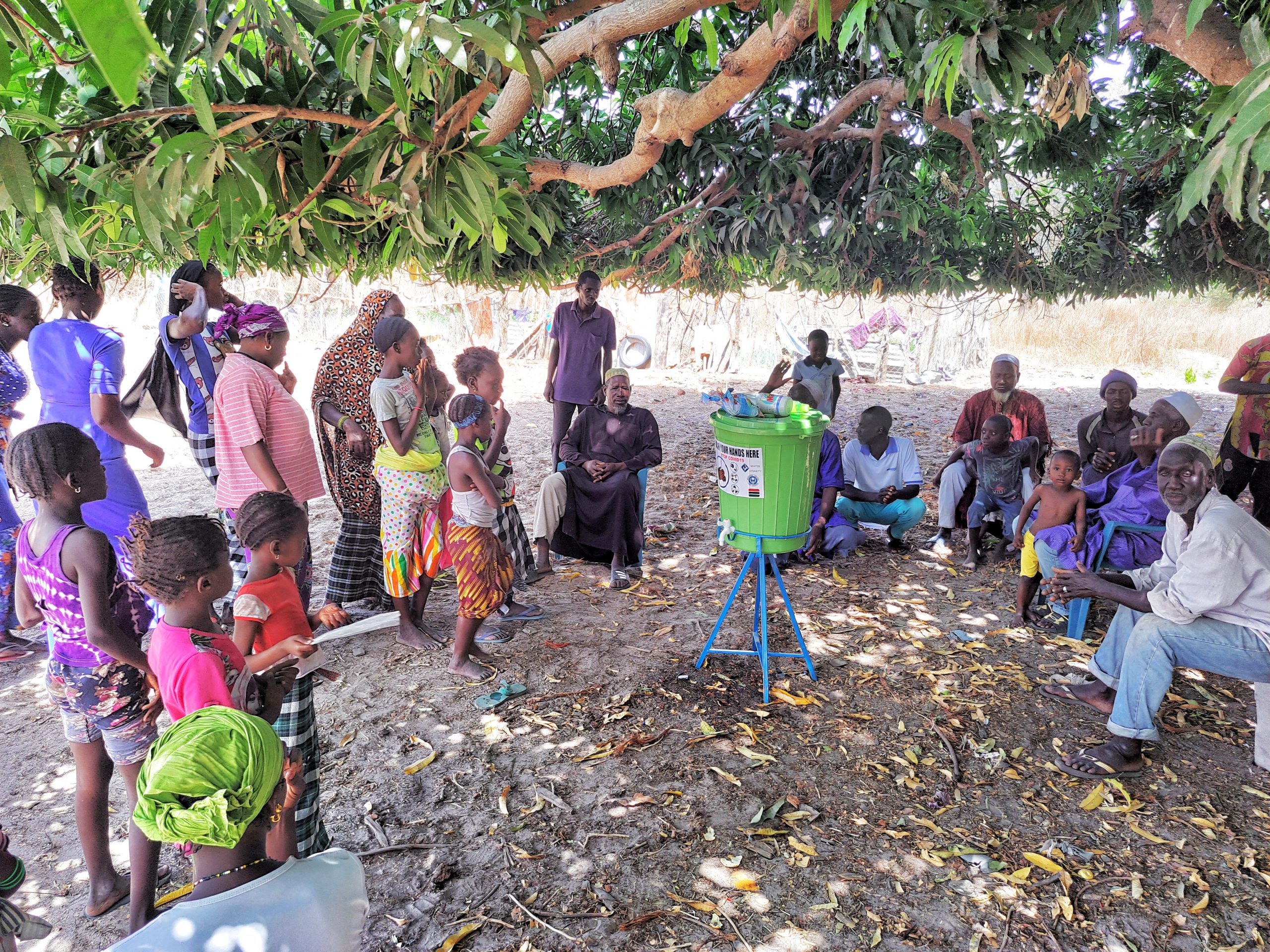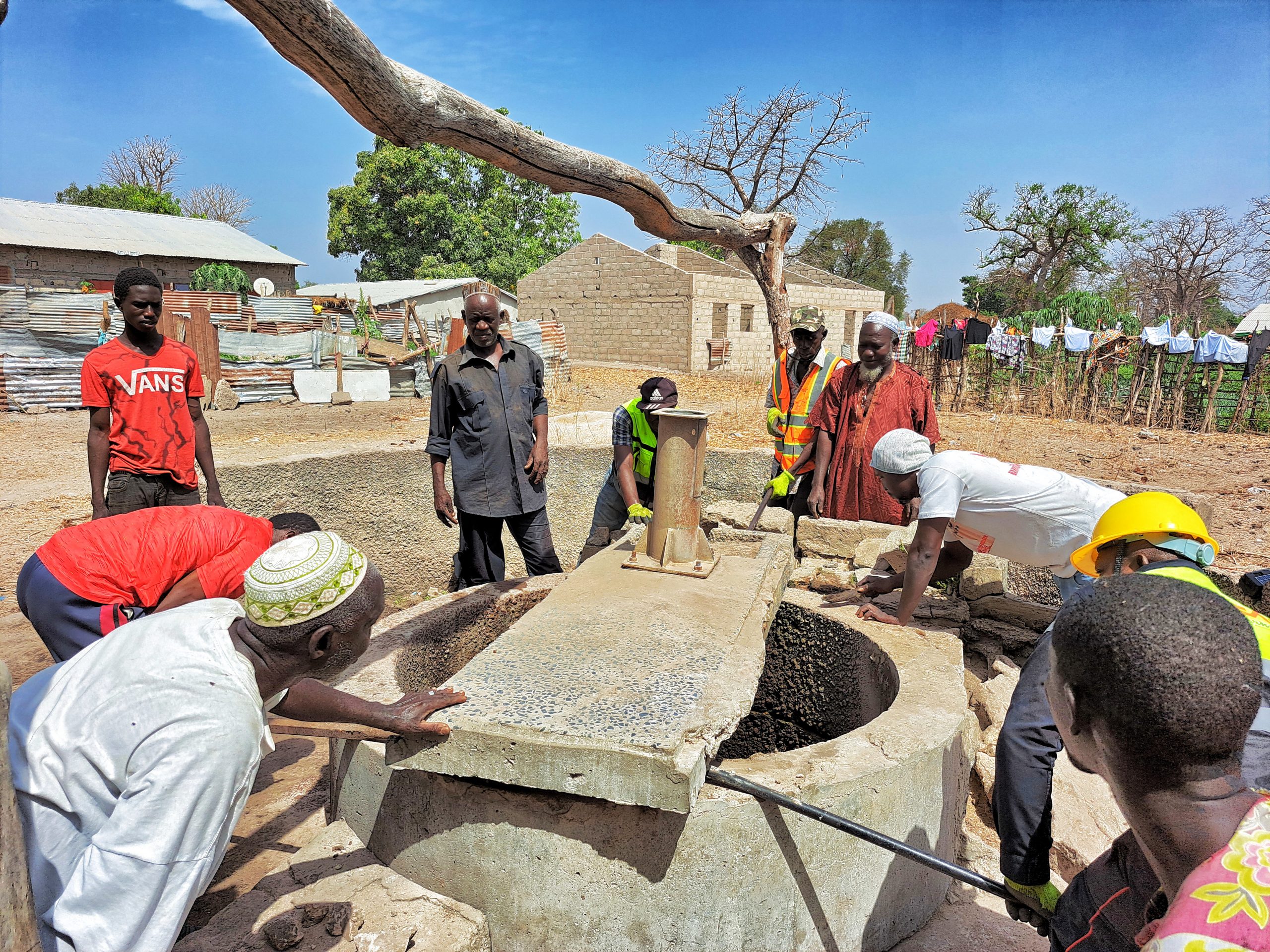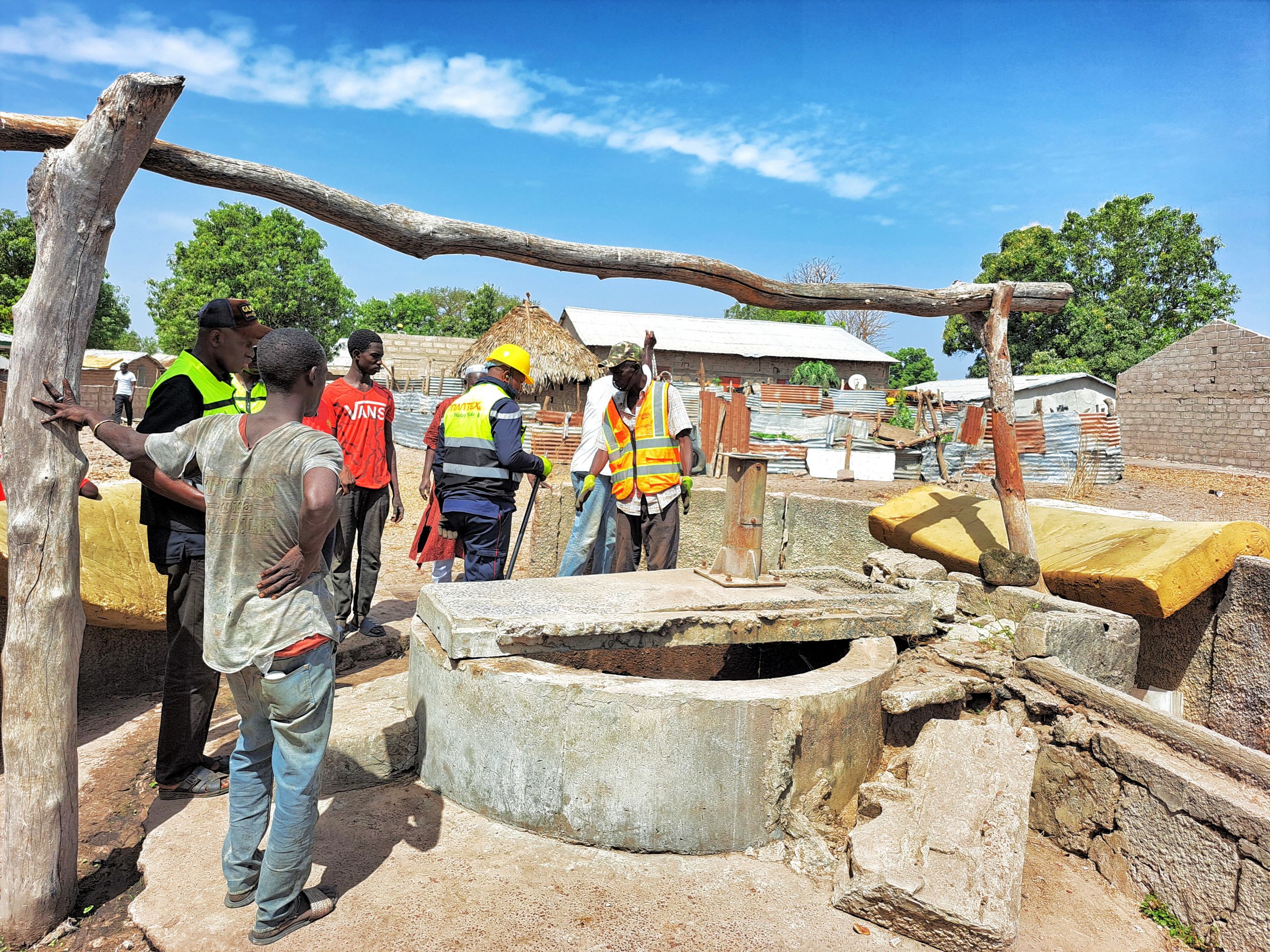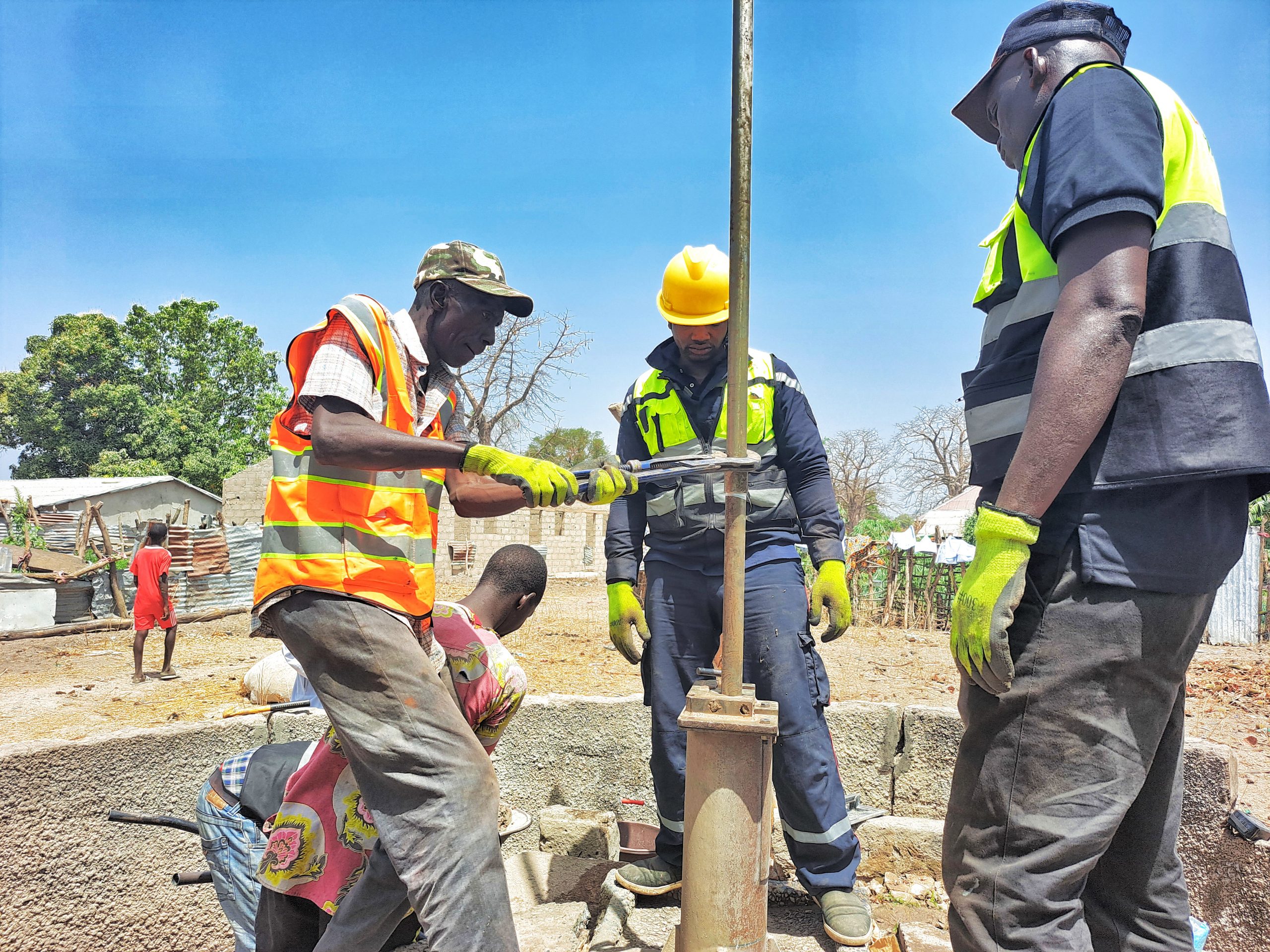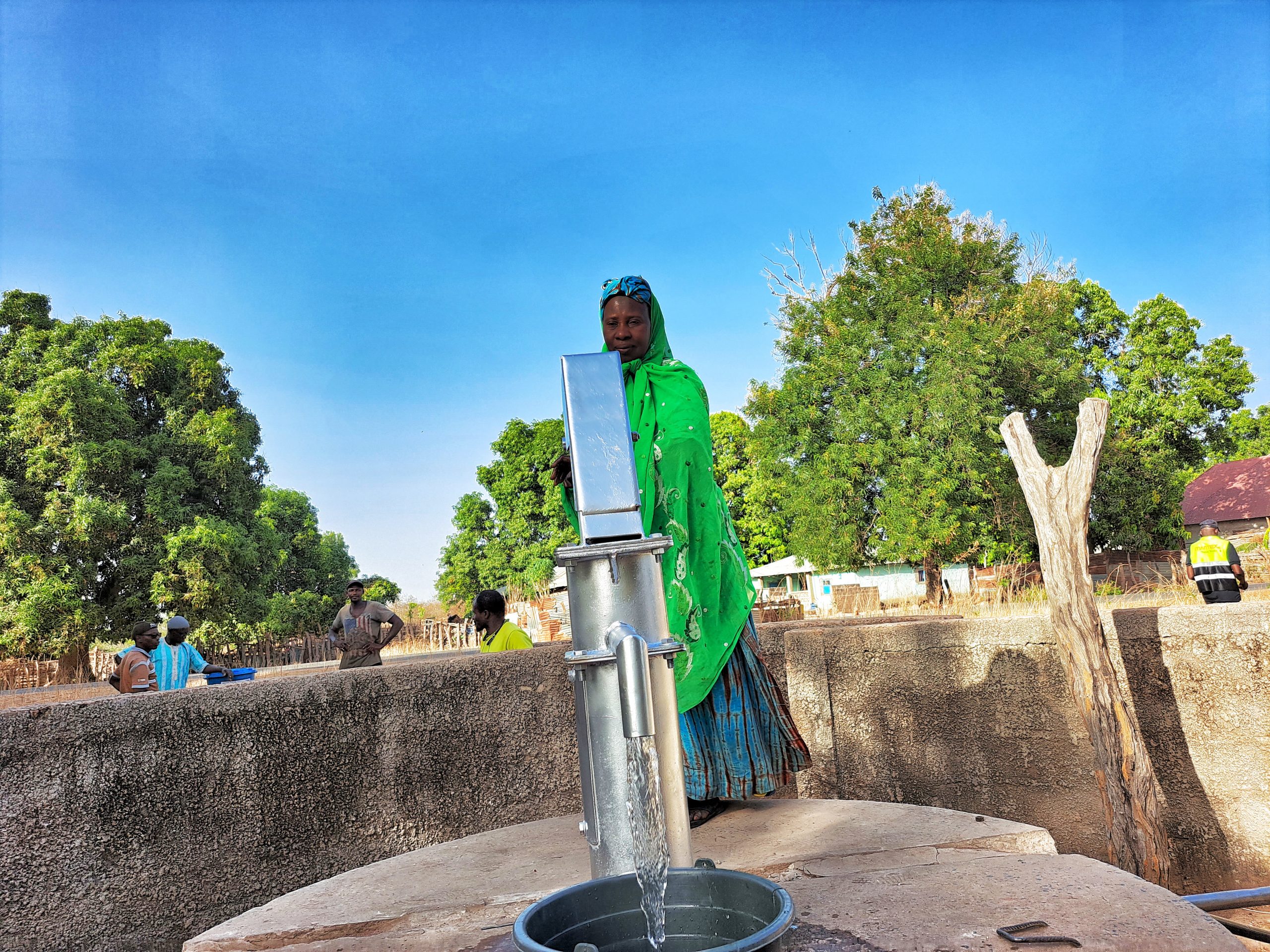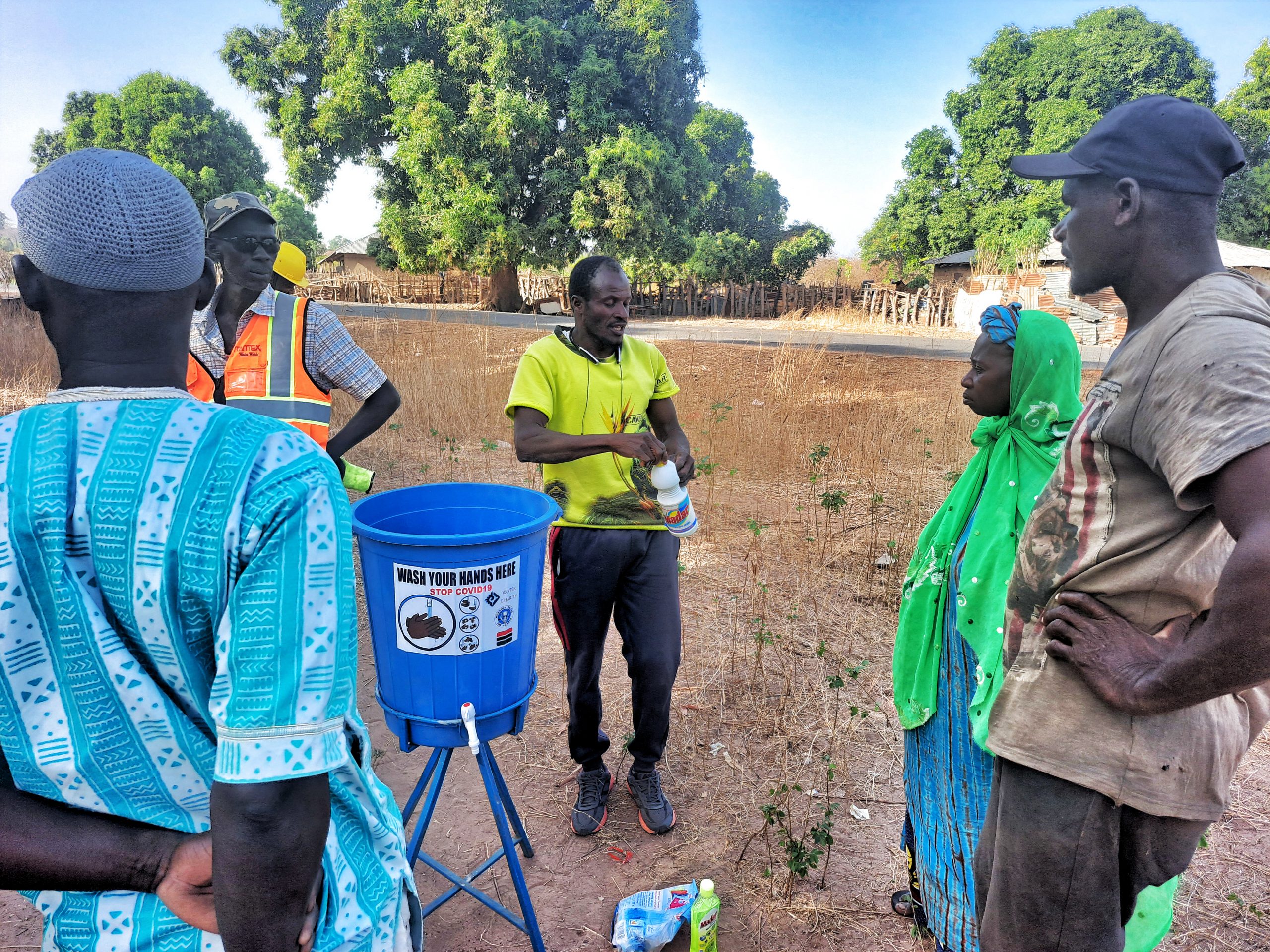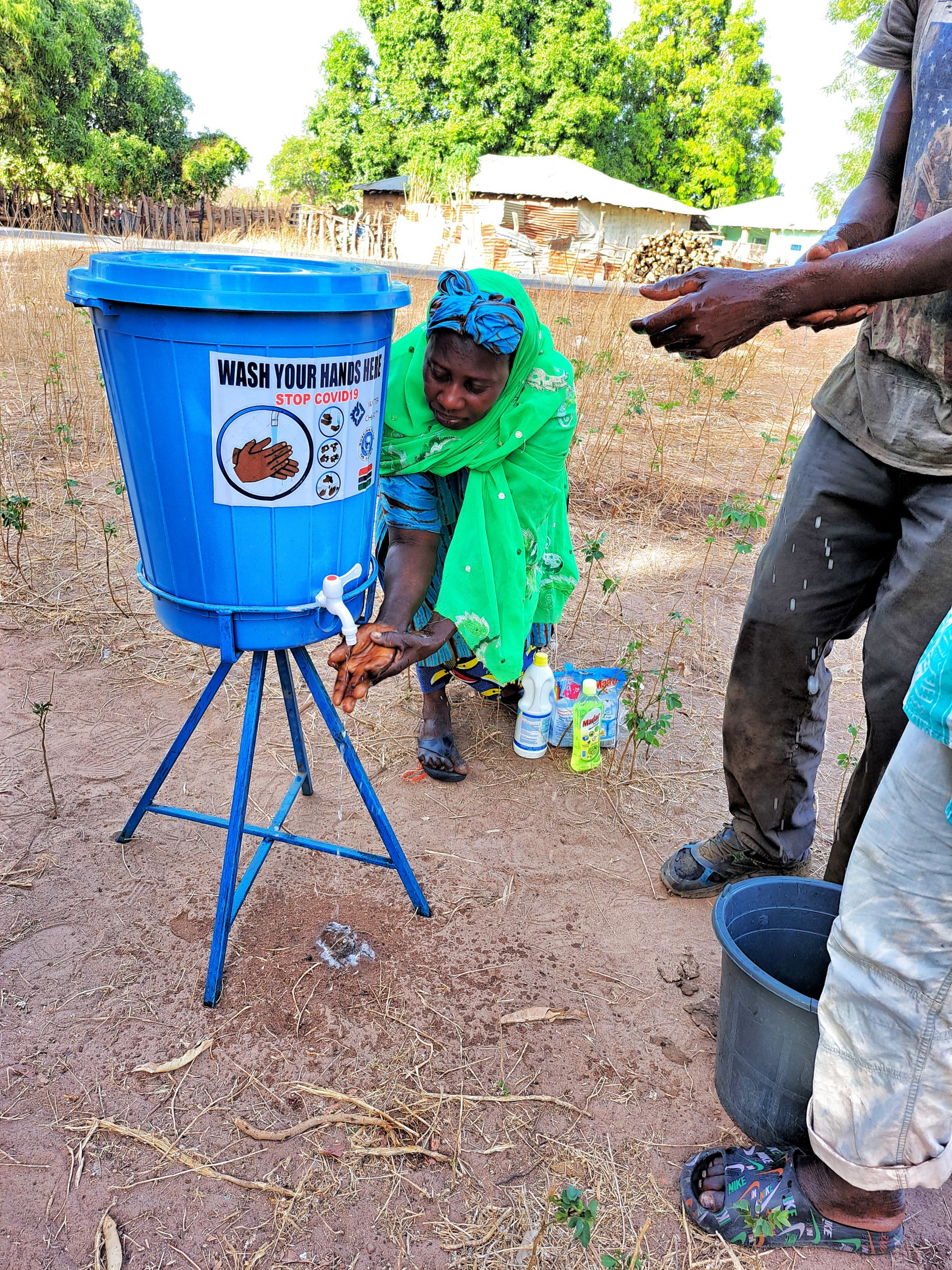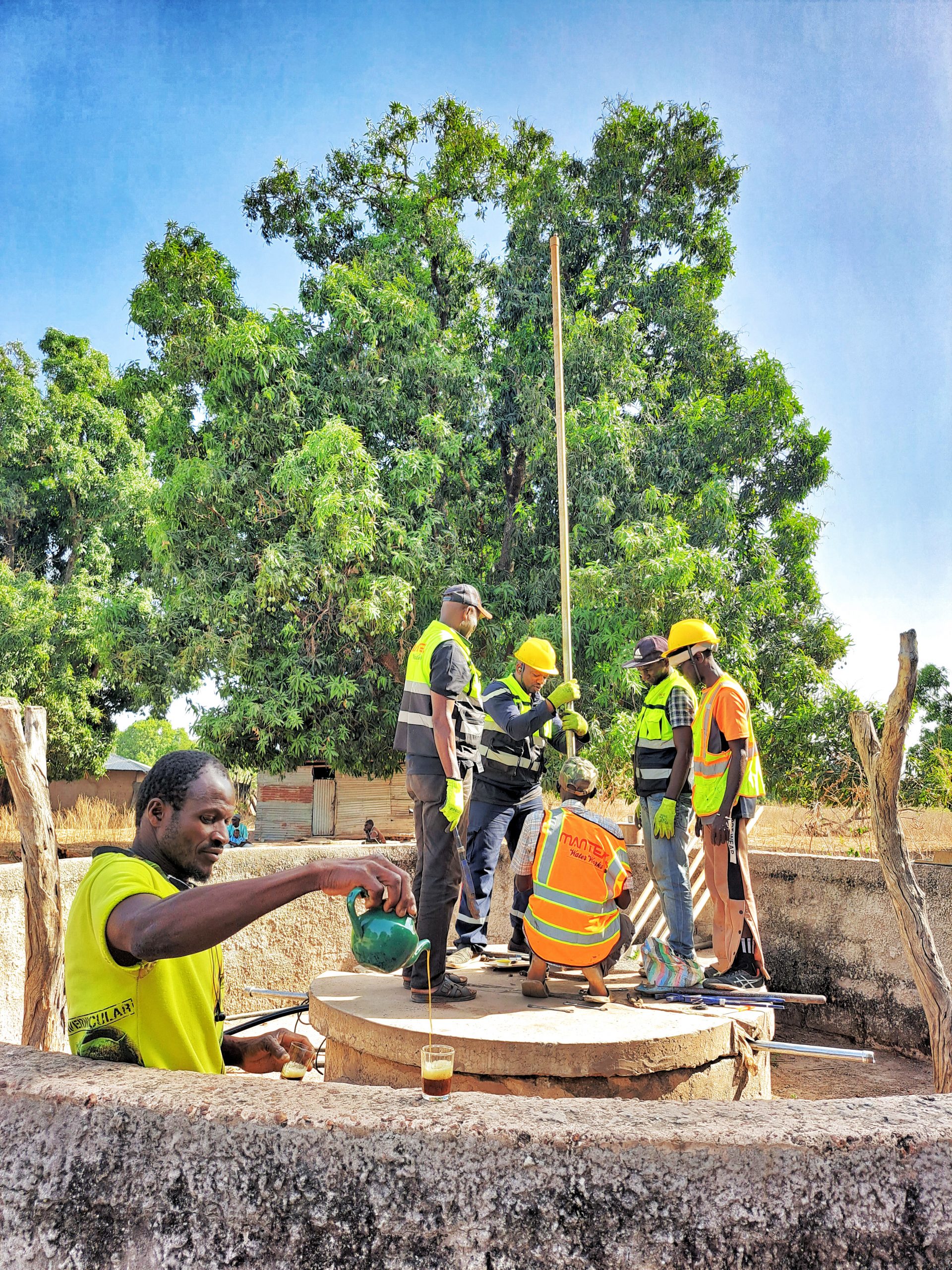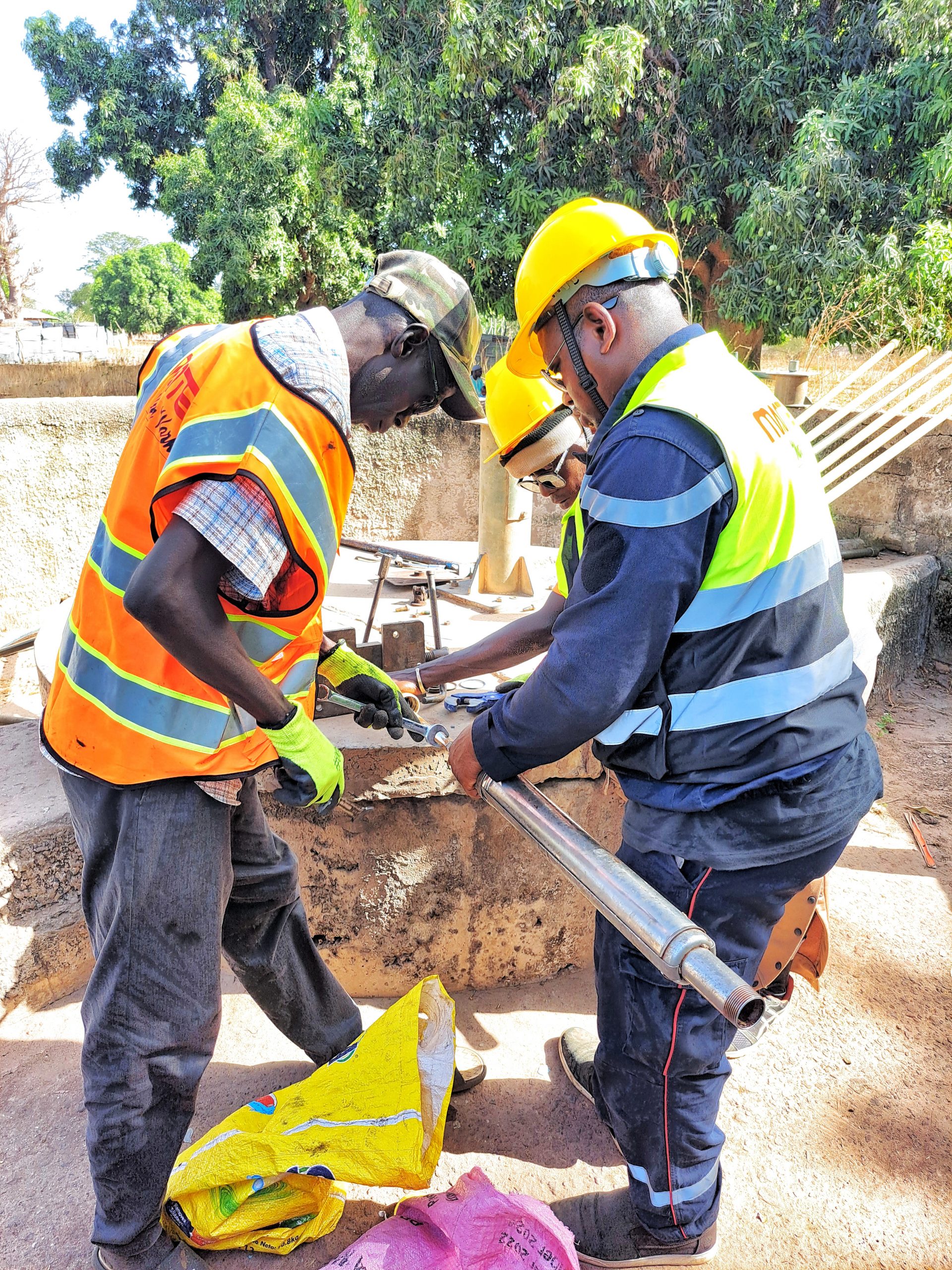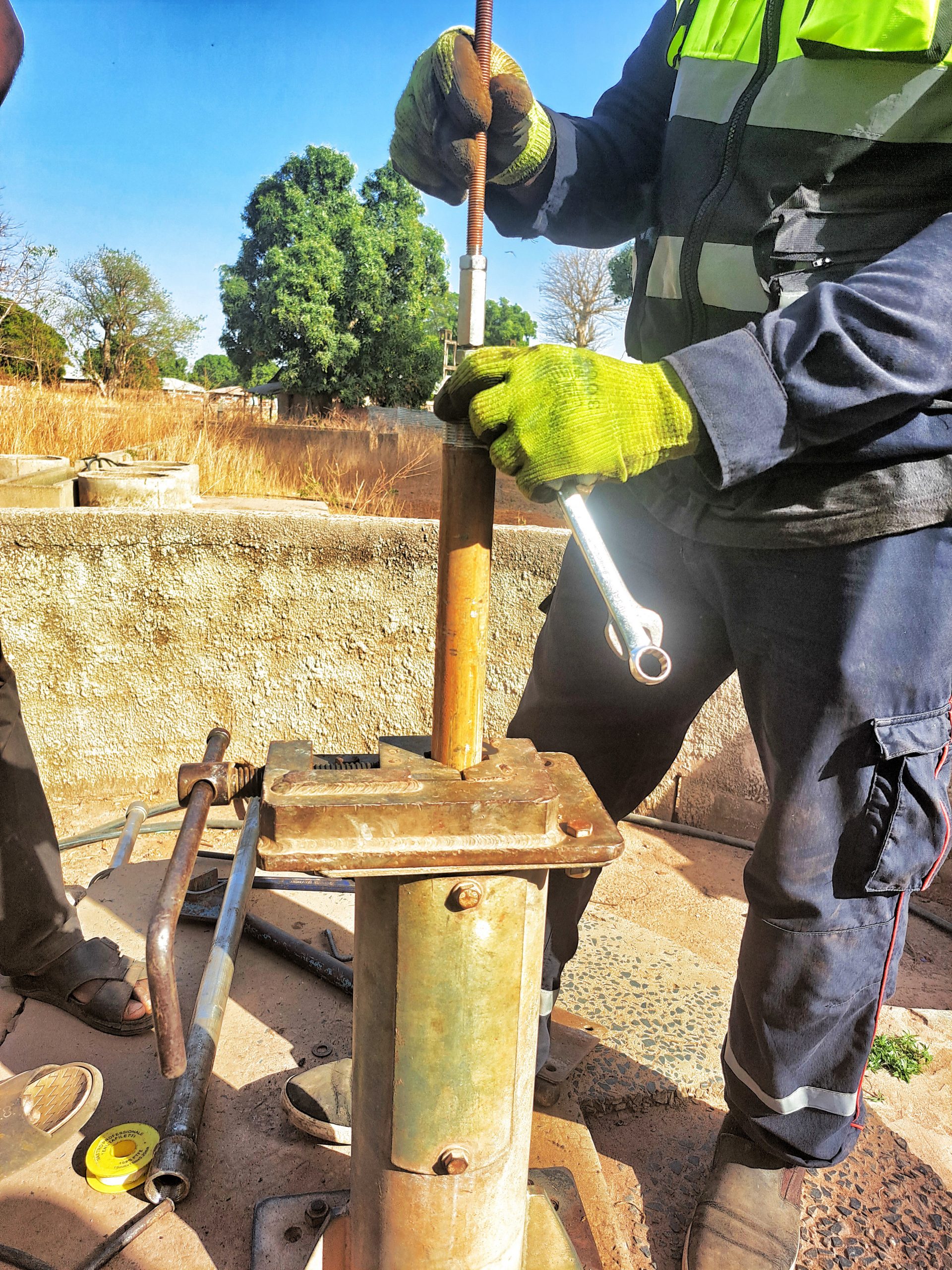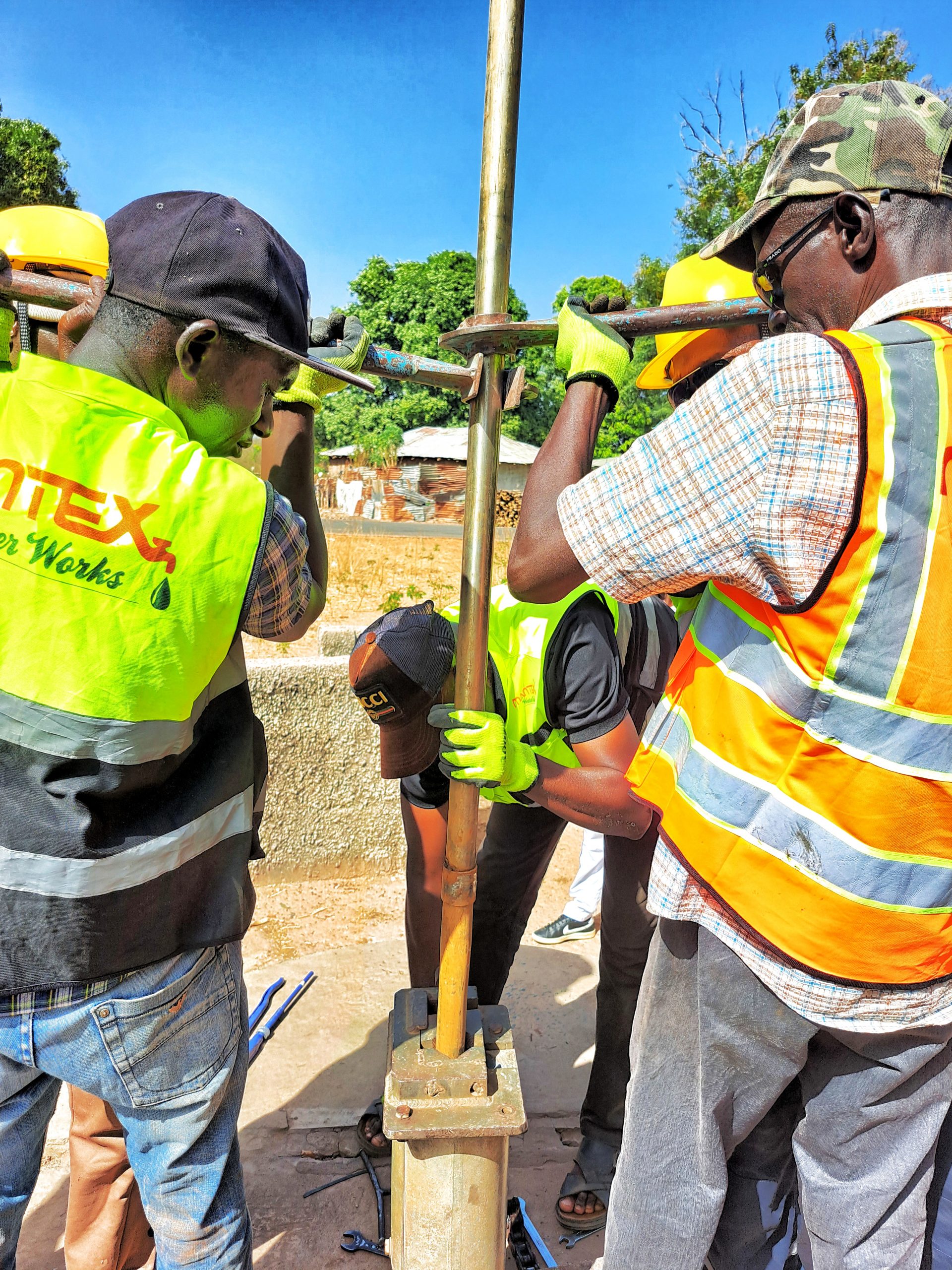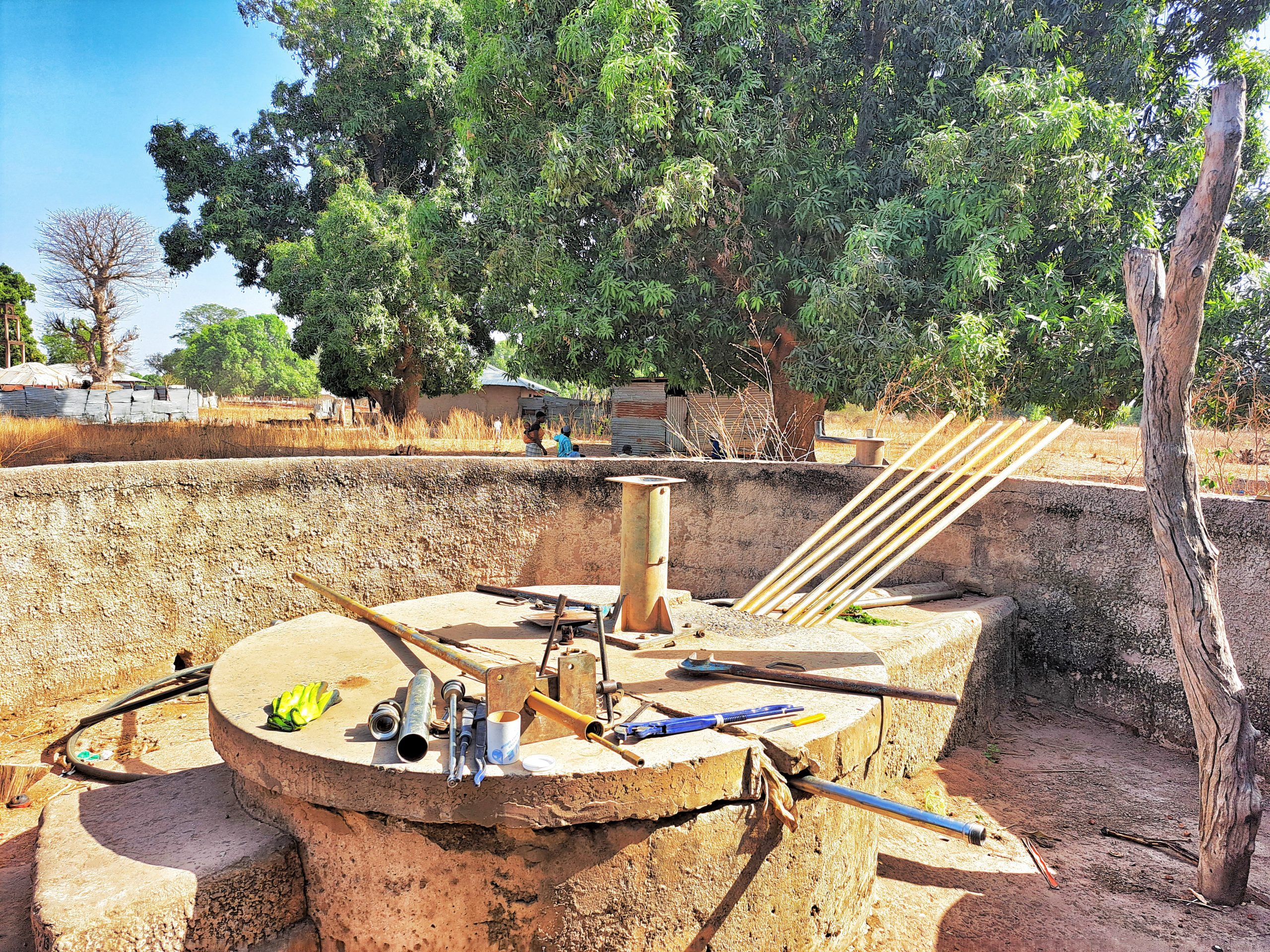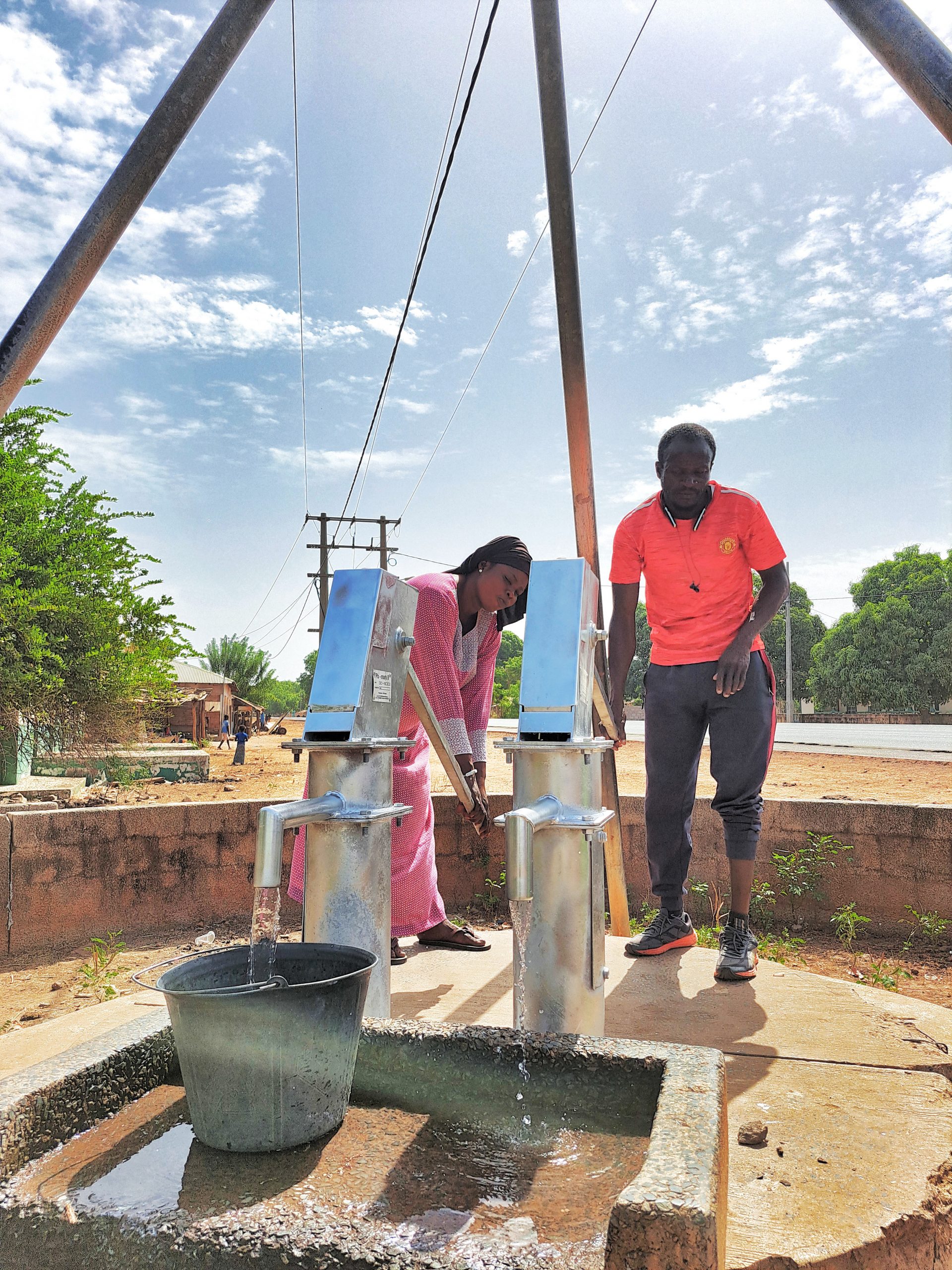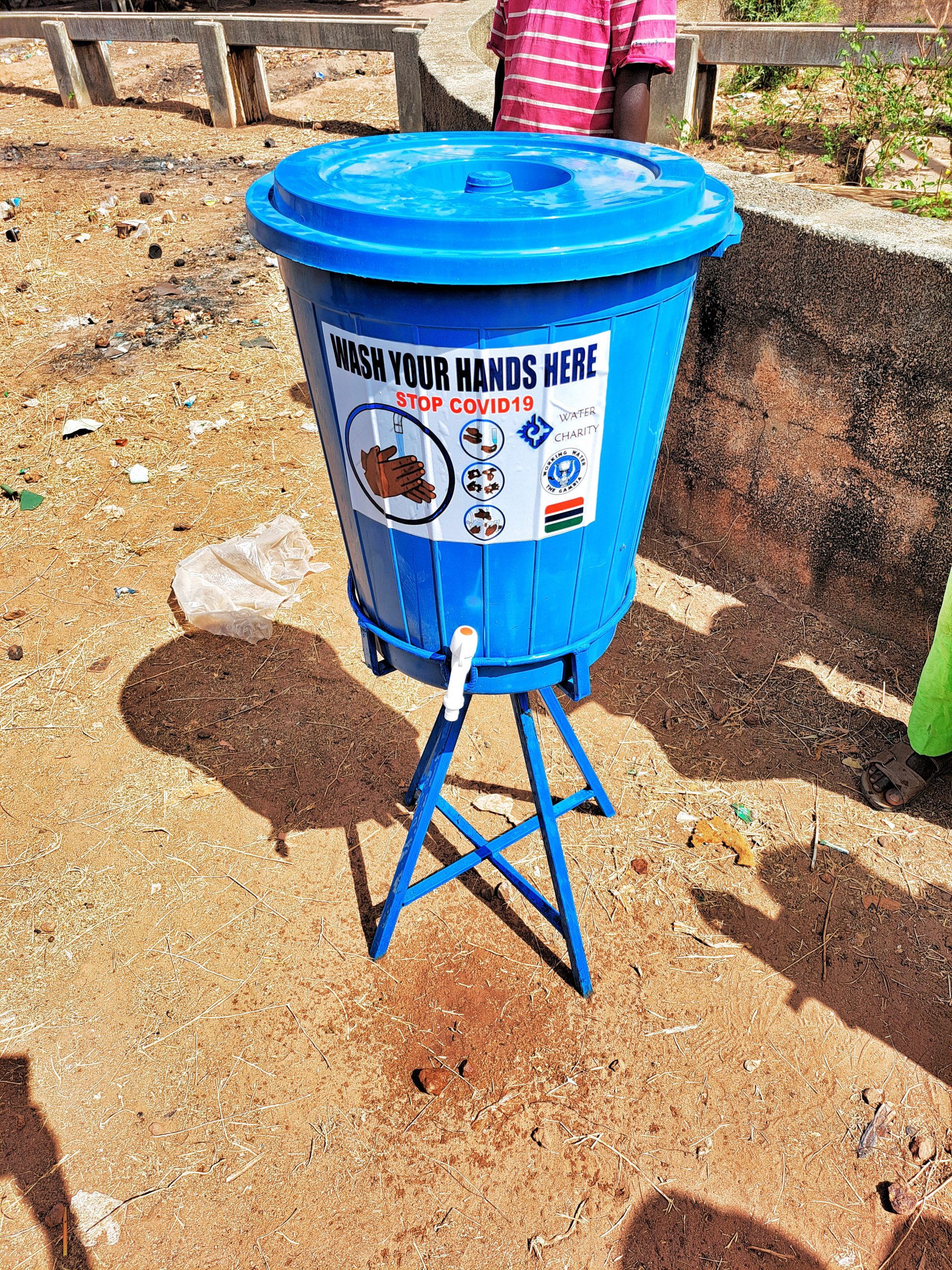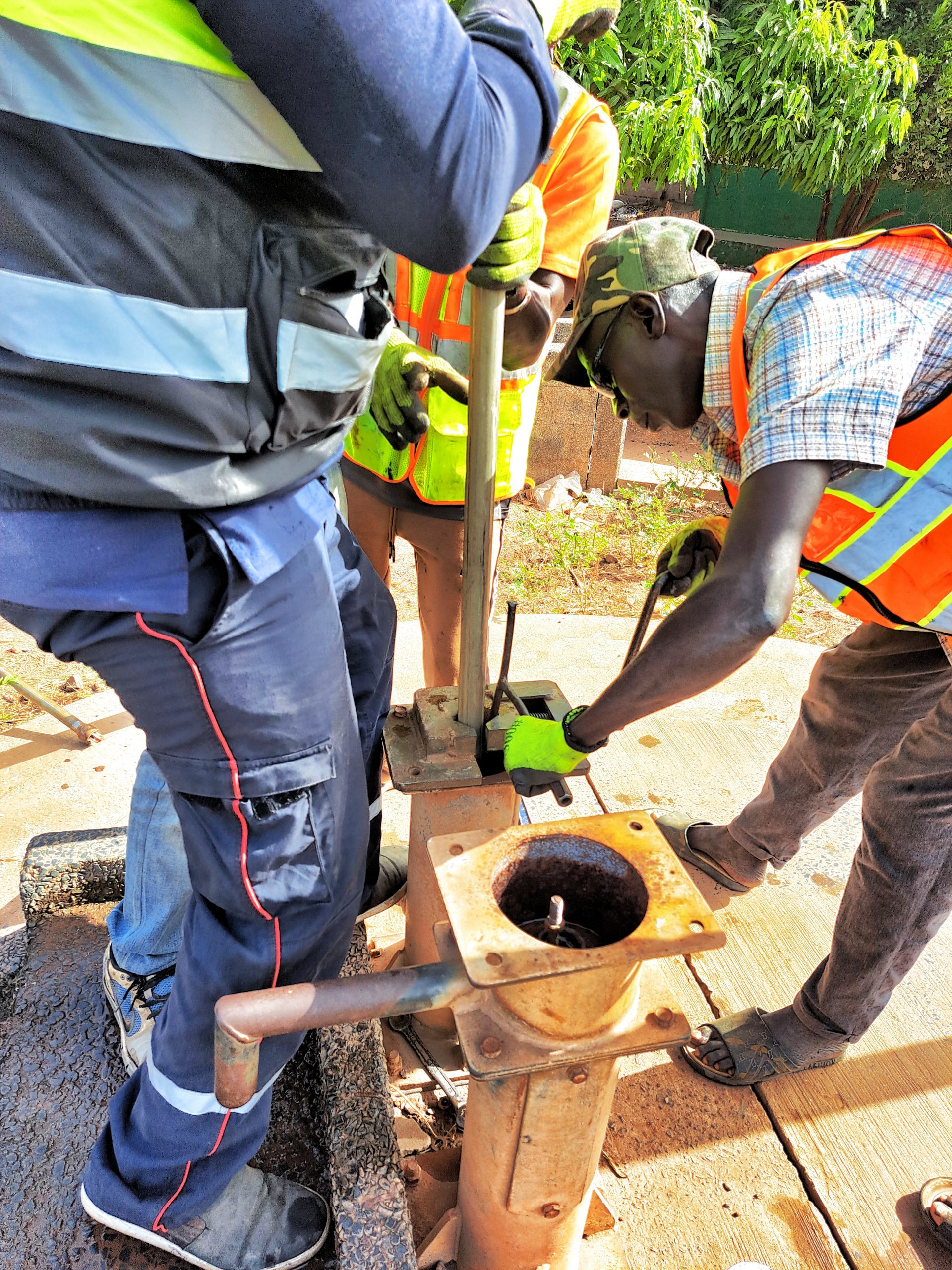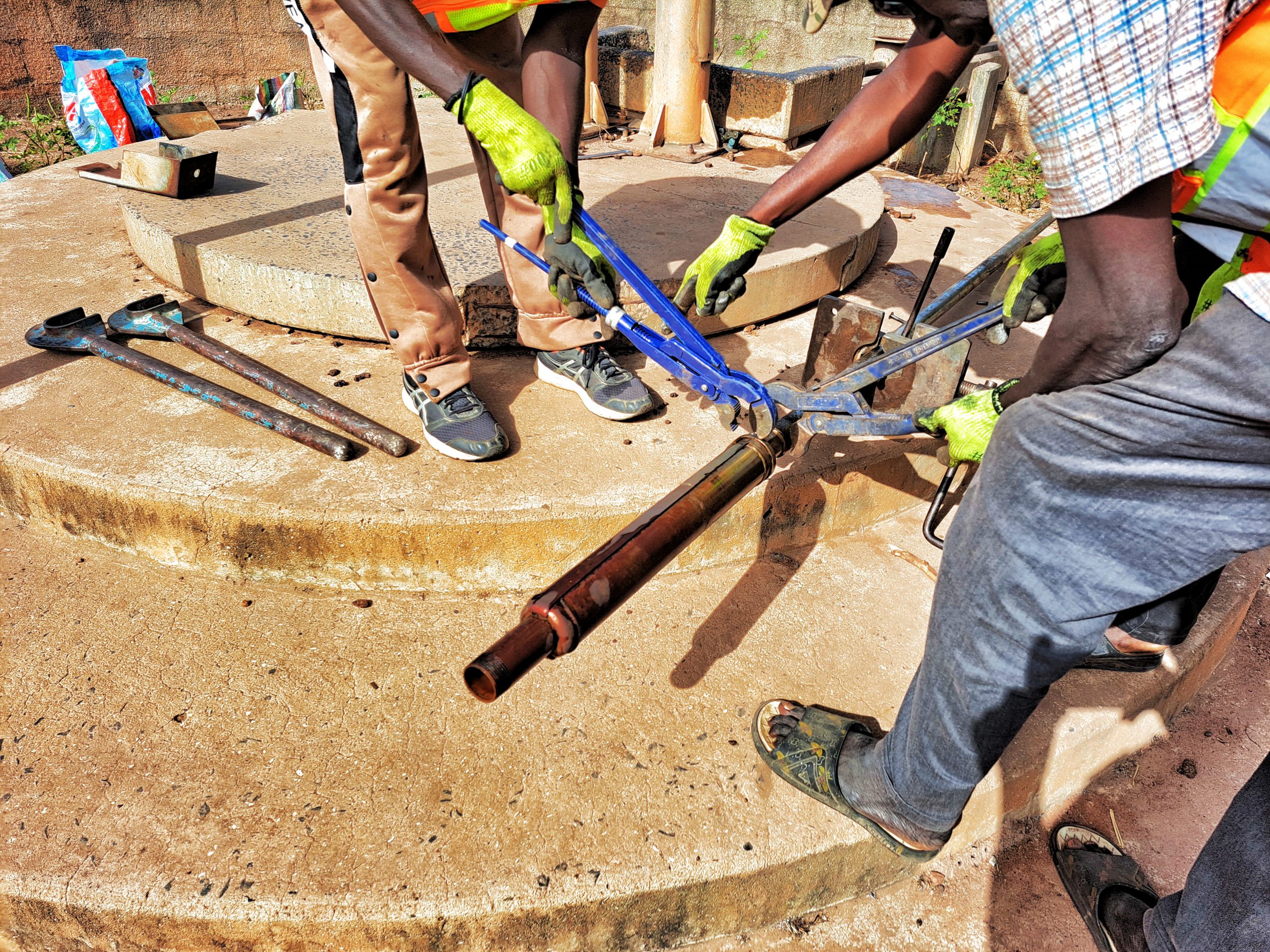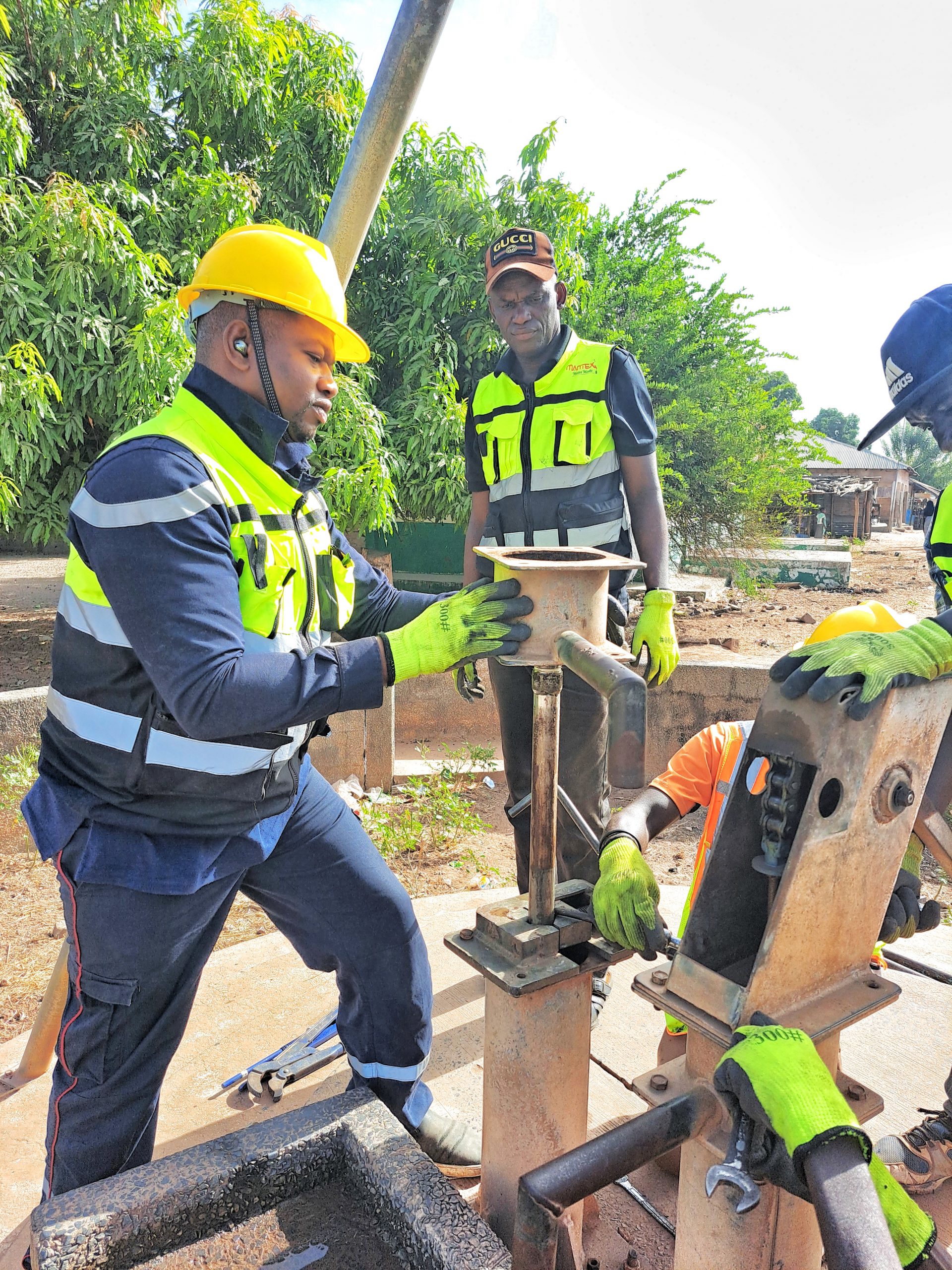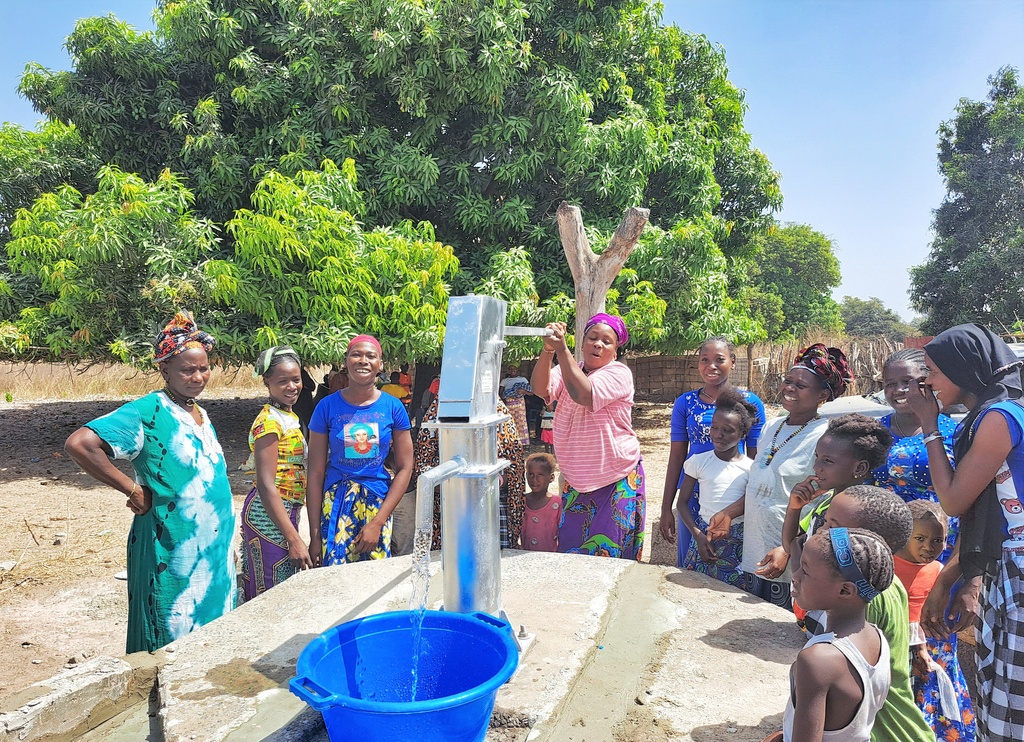
Bondali District, as in The Gambia’s “Fonis,” the West Coast Region bordering Senegal’s Casamance region, has experienced intermittent turmoil overflowing from West Africa’s longest-running civil conflict, four decades of sporadic violence rooted in a separatist rebellion by neighboring Senegal’s “Mouvement des forces démocratiques de la Casamance” (MFDC). The longstanding currents of informal trade across Casamance’s northern border with The Gambia are pathologically bound up with violence and environmental degradation. Casamance refugee communities on the Gambian territory of the “Fonis,” variable in size but generally in the thousands, are long-standing and very largely “self-settled” with kin or other social connections.
In late January 2022, sporadic gunfire was heard from the Ballen Village, Foni Kansala District, West Coast Region in The Gambia, not far from the Gambia/Casamance border. The Economic Community of West African States (ECOWAS) military mission in the Gambia (ECOMIG) chased a truck carrying illegal timber. The truck driver maneuvered within villages in the Fonis and headed towards Casamance for sanctuary. Gunfire was exchanged between the two forces: ECOMIG vs MFDC. Two soldiers were killed and seven were held in captivity by MFDC. The ICRC negotiation led to the release of the 2 dead bodies. As of February 2022, a total number of 2,464 people were affected, comprising 2,204 internally displaced populations (IDPs). Presently, the region remains in a state of economic precariousness.
Atop the district’s existing lack of clean drinking water, the refugee influx into the Gambian border district of Foni Bondali has exacerbated the water scarcity crisis for a number of vulnerable villages. This humanitarian situation is alarming as the fighting intensifies. Thousands of refugees have fled from Cassamance and within its surrounding villages toward safer villages in the Foni Bondali District. This project seeks to rehabilitate water sources within 10 villages in the district to make clean drinking water accessible for the host villages, as well as the refugees.
BANTANJANG VILLAGE
OUTCOME
The first phase of this project has been successfully completed thanks to Water Charity and its local partner Working Water The Gambia (WWG). This is part of a series of projects launched under the Water for Everyone Initiative. The project mission was to improve water access and sanitation conditions across 10 villages in Foni Bondali District by rehabilitating handpumps, installing new ones where necessary, and providing hand washing stations to improve sanitation and hygiene in the communities of BANTANJANG VILLAGE, BISSARI VILLAGE, BONDALI TENDA VILLAGE, BULLENGHAT VILLAGE, GIFFON VILLAGE, JENDING VILLAGE, KALIMU VILLAGE, KALLANG VILLAGE, KAYABOR VILLAGE, and MAYORK VILLAGE. Thanks to the collaborative support of the villagers in all these villages, the project was completed successfully. This project provides access to clean water and sanitation to over 12,000 people including those fleeing the conflict.
BISSARI VILLAGE
ACTIVITIES
The project saw the successful dewatering, re-digging of wells, installation of new German Mark 2 cylinders and conversion heads, stainless steel pipes, rod couplings, check nuts, pedestals, axles and bearings. Concrete water troughs were built, new culverts for wells and concrete slabs. Handwashing stations were installed in all project intervention communities supplied with detergents. In partnership with The Gambia’s Department of Water Resources, quality testing and treatment was also conducted at the end of each community project. In each community, learning sessions were held on effective handwashing techniques and simple water management strategies. Communities also participated in manual works like digging, and collecting sand and gravel. They also hosted workers, which assured that all materials were secured.
BONDALI TENDA VILLAGE
OBJECTIVES OF THE PROJECT
- The primary objective of this project is to provide clean drinking water and better sanitation for the people of the selected 10 villages in Foni Bondali District as for the first phase of the project. This has been successfully achieved at the completion of the project.
- The Foni region has long suffered from the lack of clean drinking water. The region has been hit hard with mass felling of trees and frequent bushfires. Also, the conflict between Senegalese forces and separatist rebels in the southern Senegalese region of Cassamance has made things worse for the region of Foni as it shares a long border with Cassamance. Mass movement of refugees from the recent clashes has worsened the water crisis for communities hosting the refugees. One of the objectives of the project is to ease the pressure of the lack of clean drinking water in communities, as well as provide sanitation.
- One of the objectives of this project is to provide clean drinking water for marginalized vulnerable communities. Foni has a lot of isolated villages that feel abandoned and forgotten. This project has made them feel heard, socially included, and a part of humanity. For villages that lie closely on the borderline, most of the times felt abandoned due to fear as they are closer to the frontline.
- The project also empowers women and girls. We all know the burden women and girls bear in water collection. Statistics has shown that Foni is one of the lowest female enrolment rates in school. This clean water project will empower girls’ participation in school. The time spent on water collection is far shorter now for school-going girls. It will also help increase refugee children’s enrollment in schools instead of being used for water collection.
- Another important objective of this project is to inculcate the habit of hand washing in communities. At each of the rehabilitated water sources in each community, a hand washing station is provided with detergents and also a learning session on the techniques of effective hand washing. Members of the community gather in the village square for the learning sessions. This is a tool to combat the spread of germs and other communicable diseases that could spread within communities, especially after using the toilets. It also aids nursing mothers as well as children to understand the importance of hygiene and sanitation. Participation in the learning sessions was high. Community engagement was immense and enthusiastic.
- In the Fonis, open defecation is not as big a concern as it is in other regions of the country. Nonetheless, another key objective of these water projects is to facilitate round-the-clock household access to water. This will steer people away from going outside to defecate. The availability of water in the households is a catalyst towards the cessation of open defecation.
- Another objective of these projects is to encourage women’s engagement in household-level horticulture gardening. Every rehabilitated water source includes a concrete watering trough. The water trough traps wastewater from the hand pump and can be used by nearby houses for small-scale household horticulture vegetable gardening. This avoids the wastage of water and allows households to grow vegetables and enables their livestock to drink. This helps provide the households with a balanced diet and thereby alleviates the extreme poverty communities’ face, especially in the dry season.
- Another key objective of this project is to cut down the high rate of water-related illnesses in the recipient communities. Children often face the brunt when it comes to waterborne diseases. Certain households are drained of all resources when a family is struck with waterborne diseases. These water projects will lessen the burden on communities and money that would otherwise be spent on doctors or medicine can be used for food or for girls’ education instead.
- Setting up and training village water management committees was another objective of the project. We set up and trained water management committees in all the project communities. They help in the day-to-day management and maintenance of the water source. This will help make the project sustainable. As best practice, we ensure the committee is gender-balanced and that women have a say in the maintenance and management of the water source. Traditional women communicators known as ‘’Kanyeleng’’ are also involved in the sensitization of communities for better water management.
BULLENGHAT VILLAGE
BENEFICIARY TESTIMONIAL
The excitement and happiness are overwhelming in all the beneficiary communities. Heads of villages of the respective 10 villages all expressed their sincere thanks for the project and happiness, highlighting the positive impact that these clean water projects have in their lives., the local councilor of the district Hamadi Sowe heaped praises on and thanks to Water Charity. He also mentioned the social and economic importance of the water projects, as well as the tremendous importance of clean drinking water for the communities, especially in relation to the provision of education and the increased well-being. He also mentioned the importance and timeliness of the project given communities have experienced an influx of refugees from the Cassamance crisis. This is indeed joyful for the district. Similar remarks were said by Maimuna Sanyang, Sally Jarju and Naffie Bah women’s group leaders. They emphasized the tremendous importance these water projects have on community’s empowerment and secure water supply. Oulay Baldeh a native of Kayabor and Omar Danjo all mentioned the hardship they face by going to nearby villages searching for water. On behalf of the refugees, Saffiatou Bojang and Kutubo Jarju both praised Water Charity for these great projects. Although we have been traumatized by the war, but now we feel at ease with the availability of water. We can drink clean water and take care of ourselves and our families while we seek for the return of peace in our homes, they said.
Dozens of cultural and social leaders within the beneficiary communities expressed their delight and happiness for these water projects, as they have come at a better time when they are faced with lots of social, economic and environmental challenges, especially the refugee crisis. Malang Sanneh, a representative of the traditional chief Bakary Dembo Badjie, expressed thanks and gratitude for the water projects. He urged for peace, brotherhood and tranquility now that there is ample clean drinking water flowing in the 10 communities. He urged for the effective protection and proper management of the water sources. He also tasked the village development committees of the beneficiary communities to work closely with village water management committees for the sustainability of the projects. Water is a symbol of peace, let’s keep the peace he said.
Thanks to the donors for making this project a success.
GIFFON VILLAGE
JENDING VILLAGE
KALIMU VILLAGE
KALLANG VILLAGE
Kayabor Village
MAYORK VILLAGE
To see project-related videos, CLICK HERE. To read about the beginning of the project, CLICK HERE.
